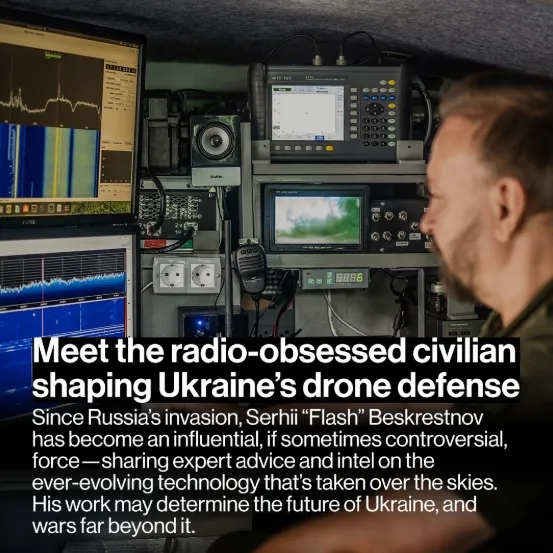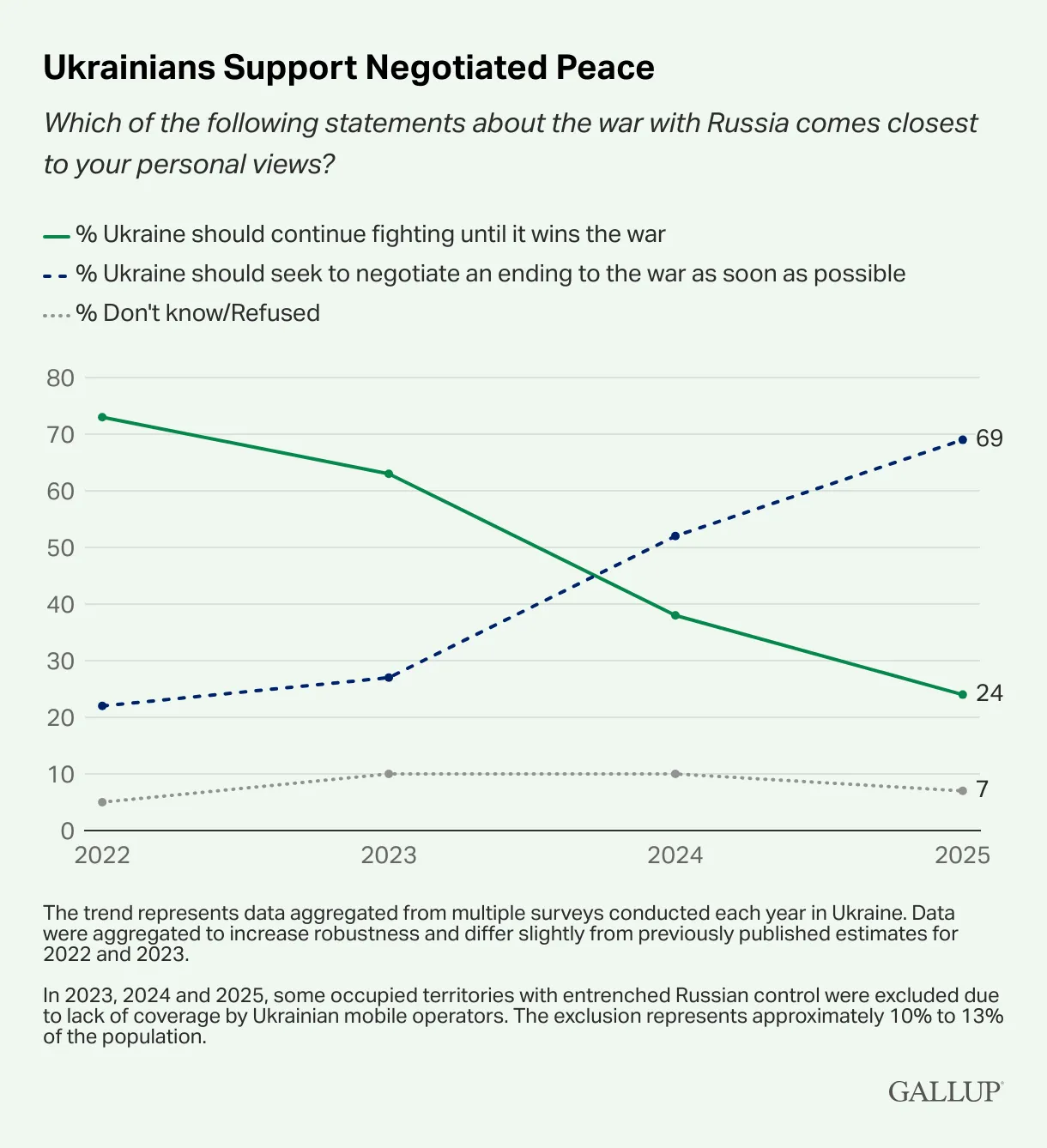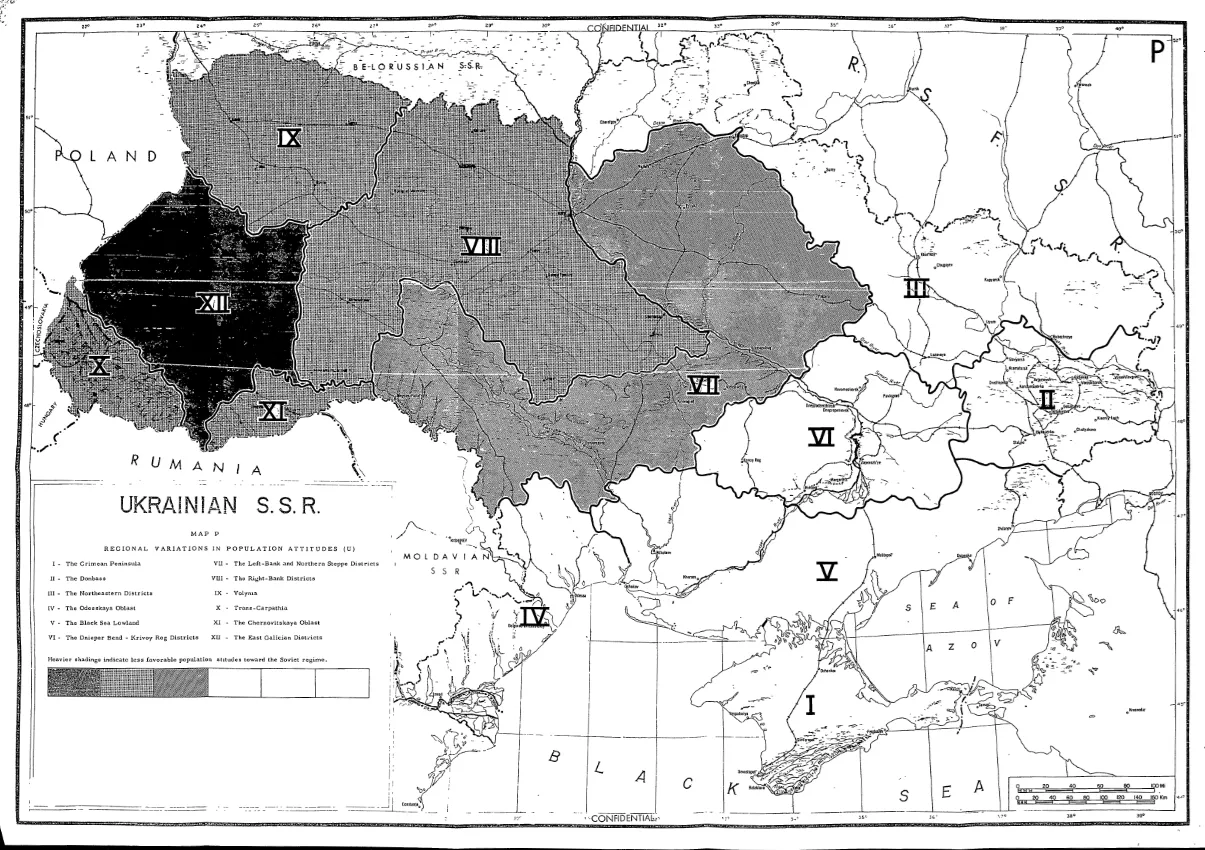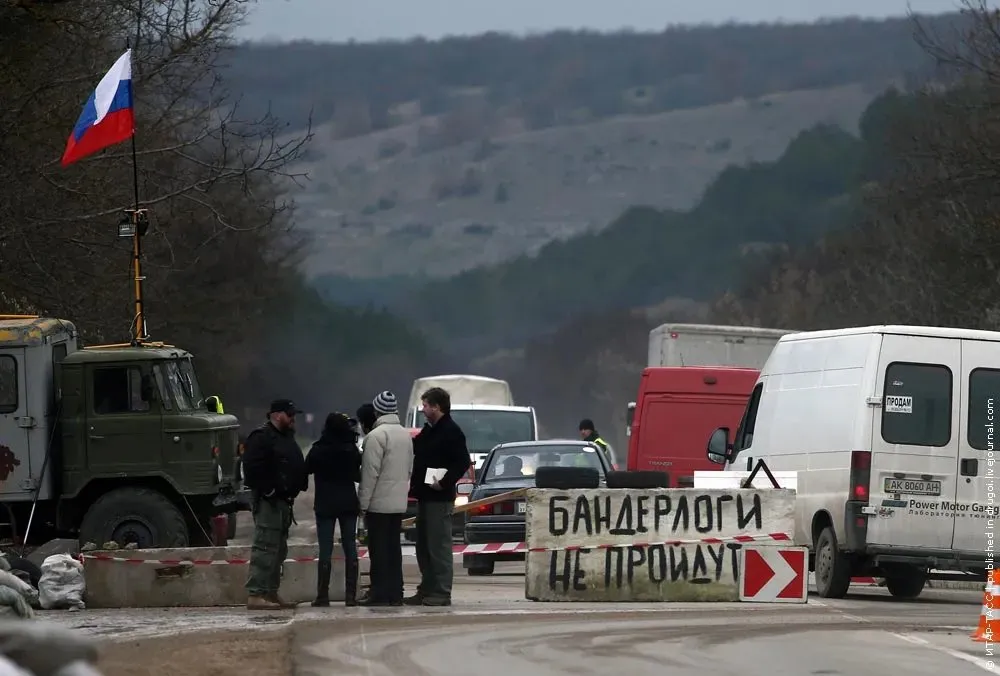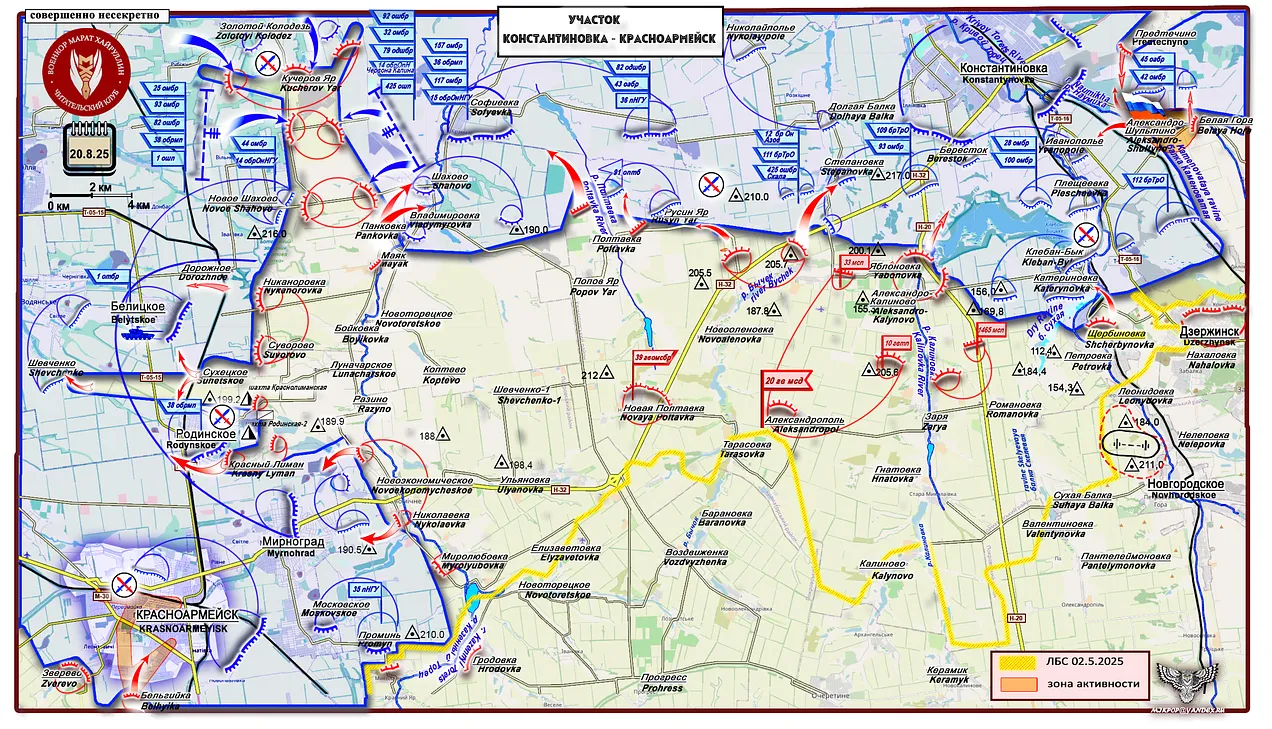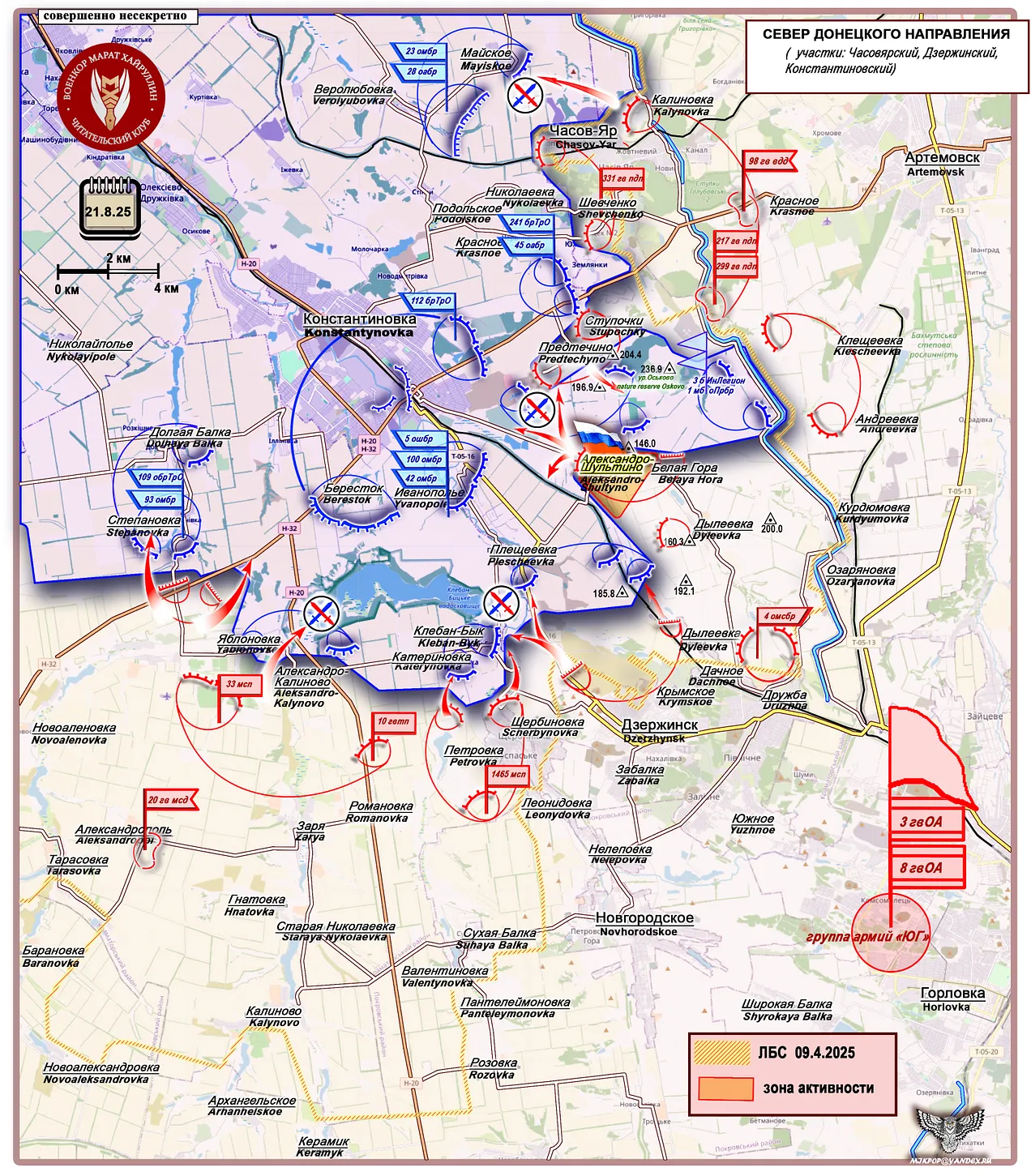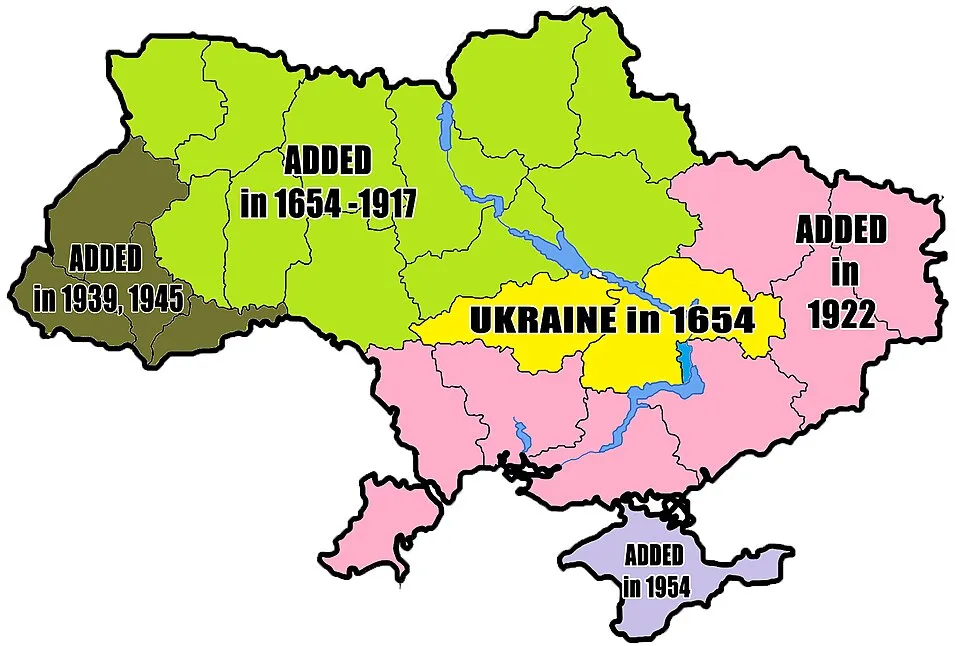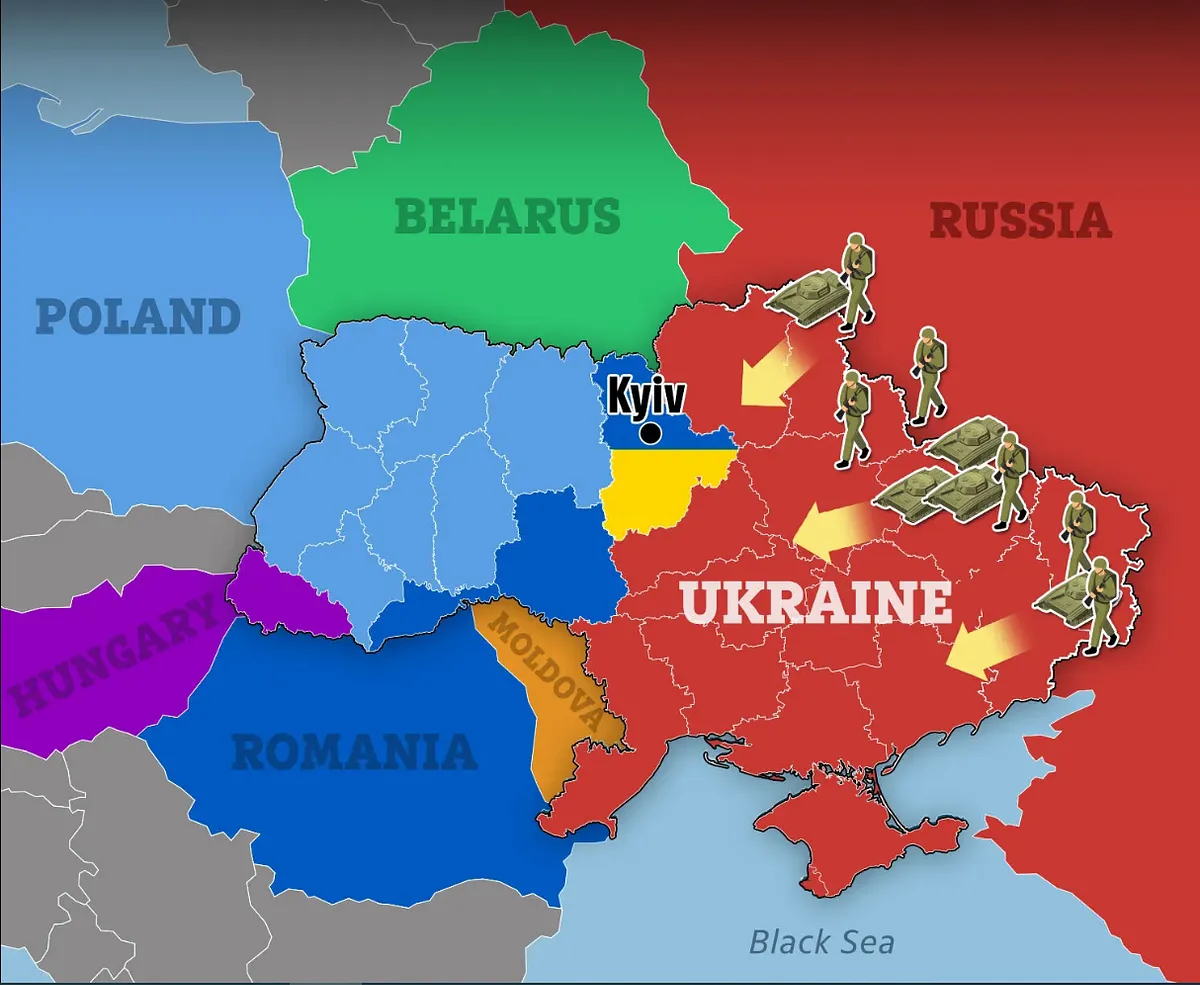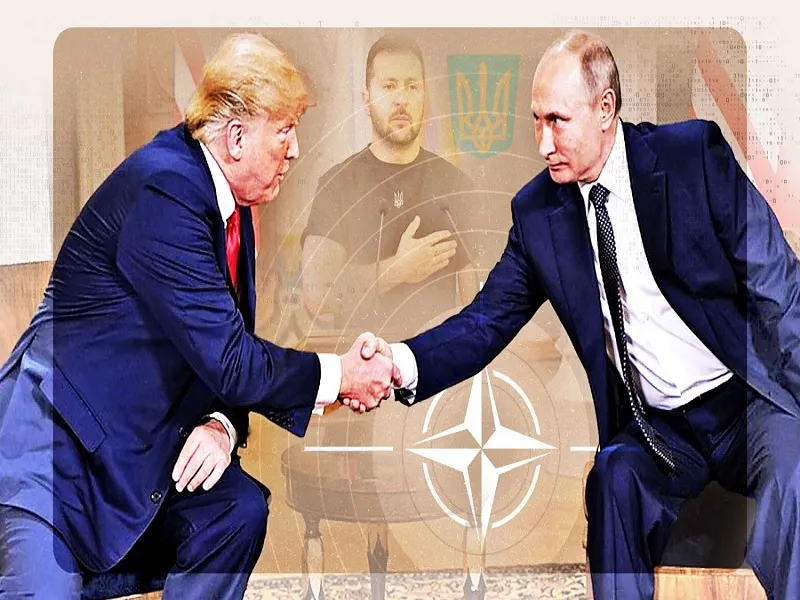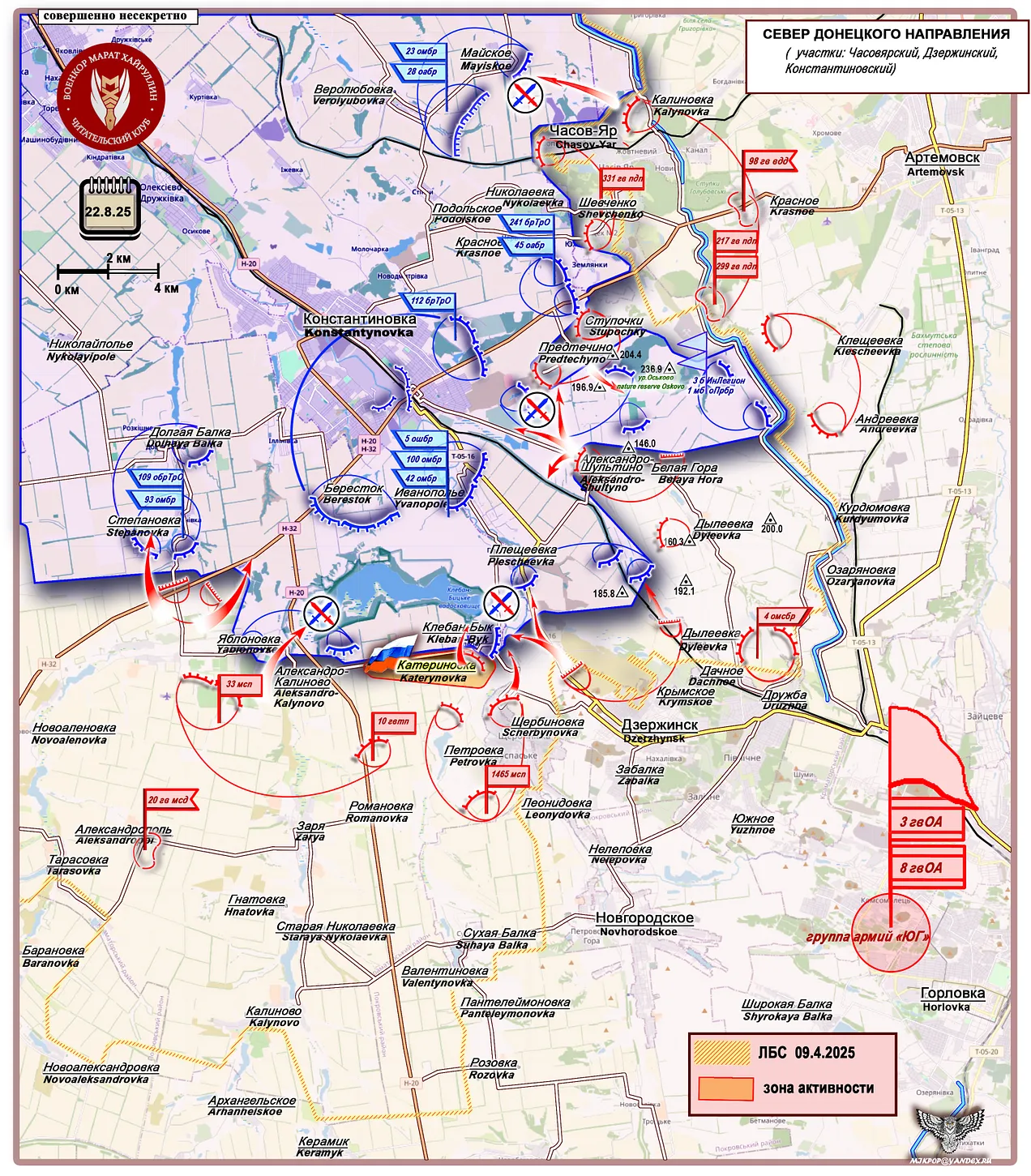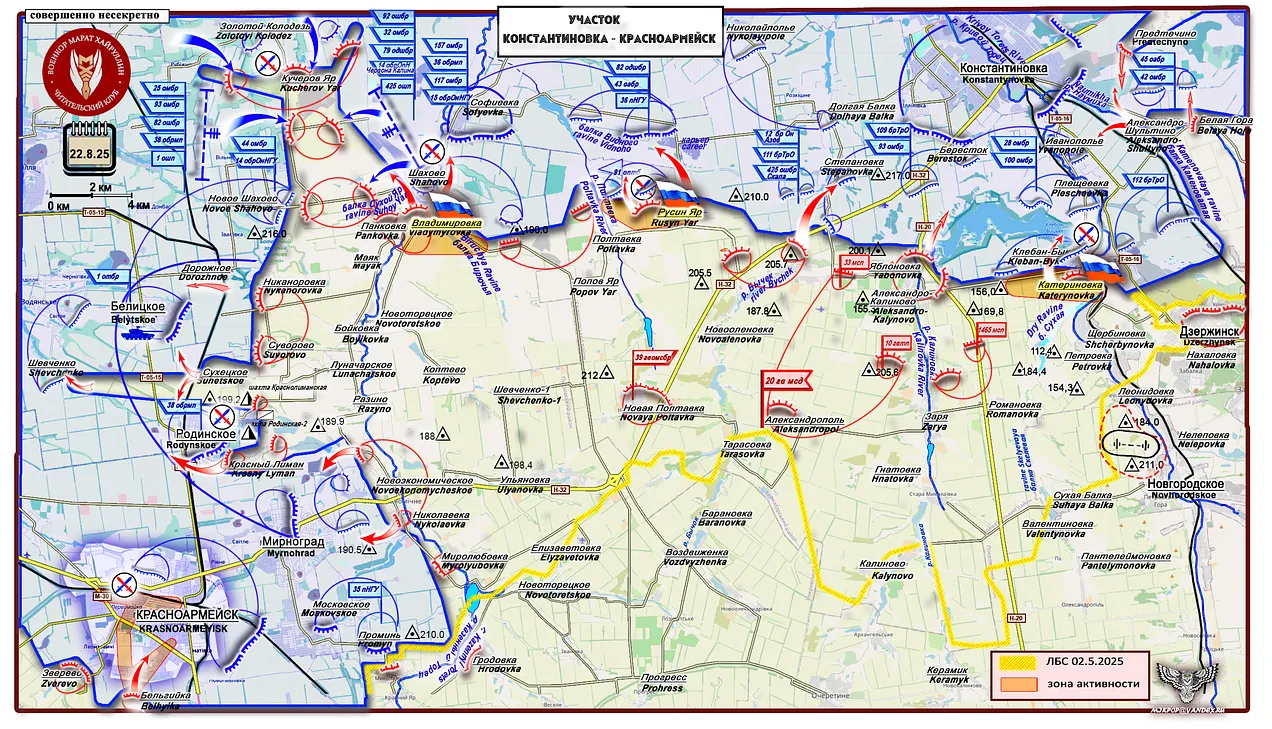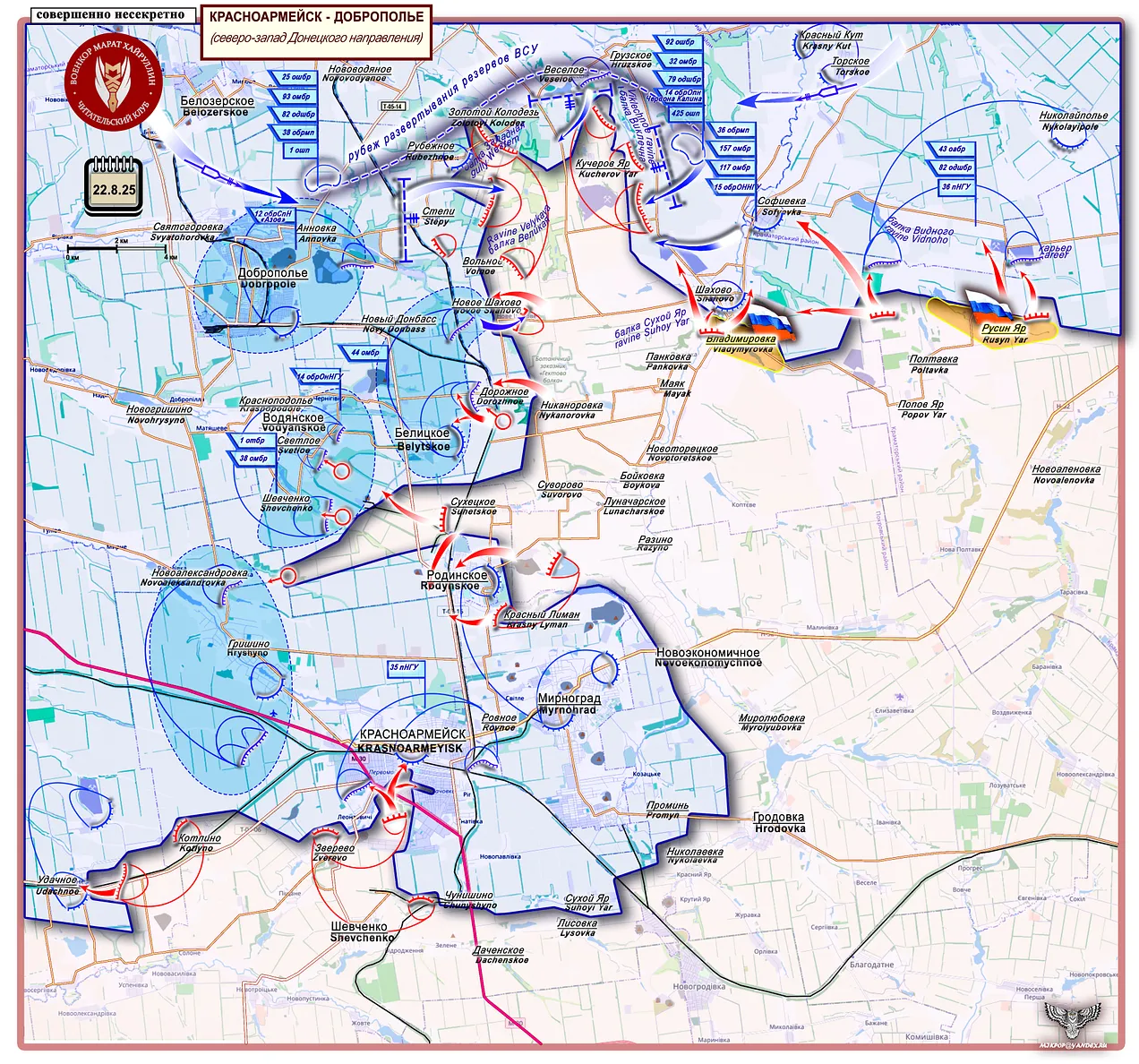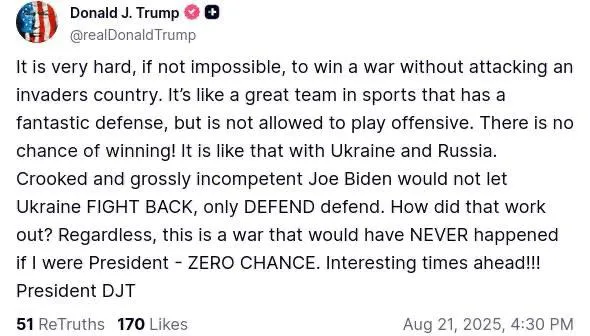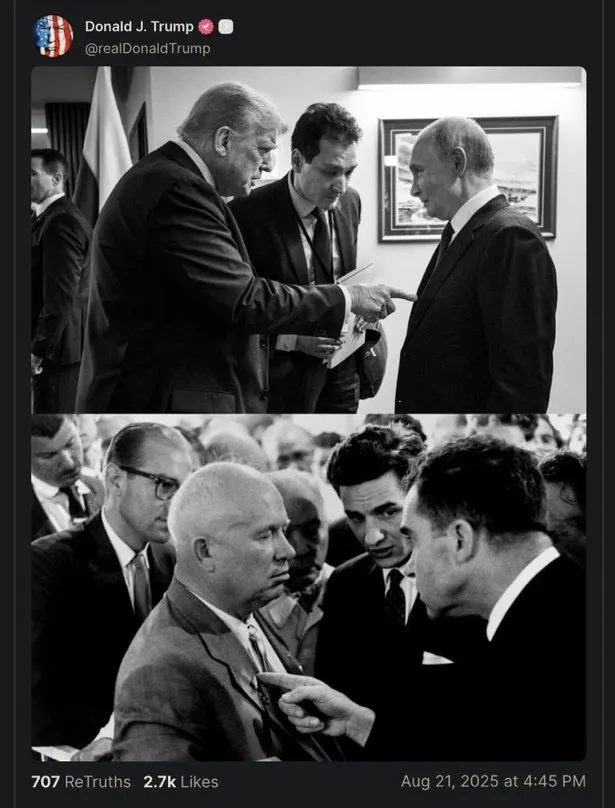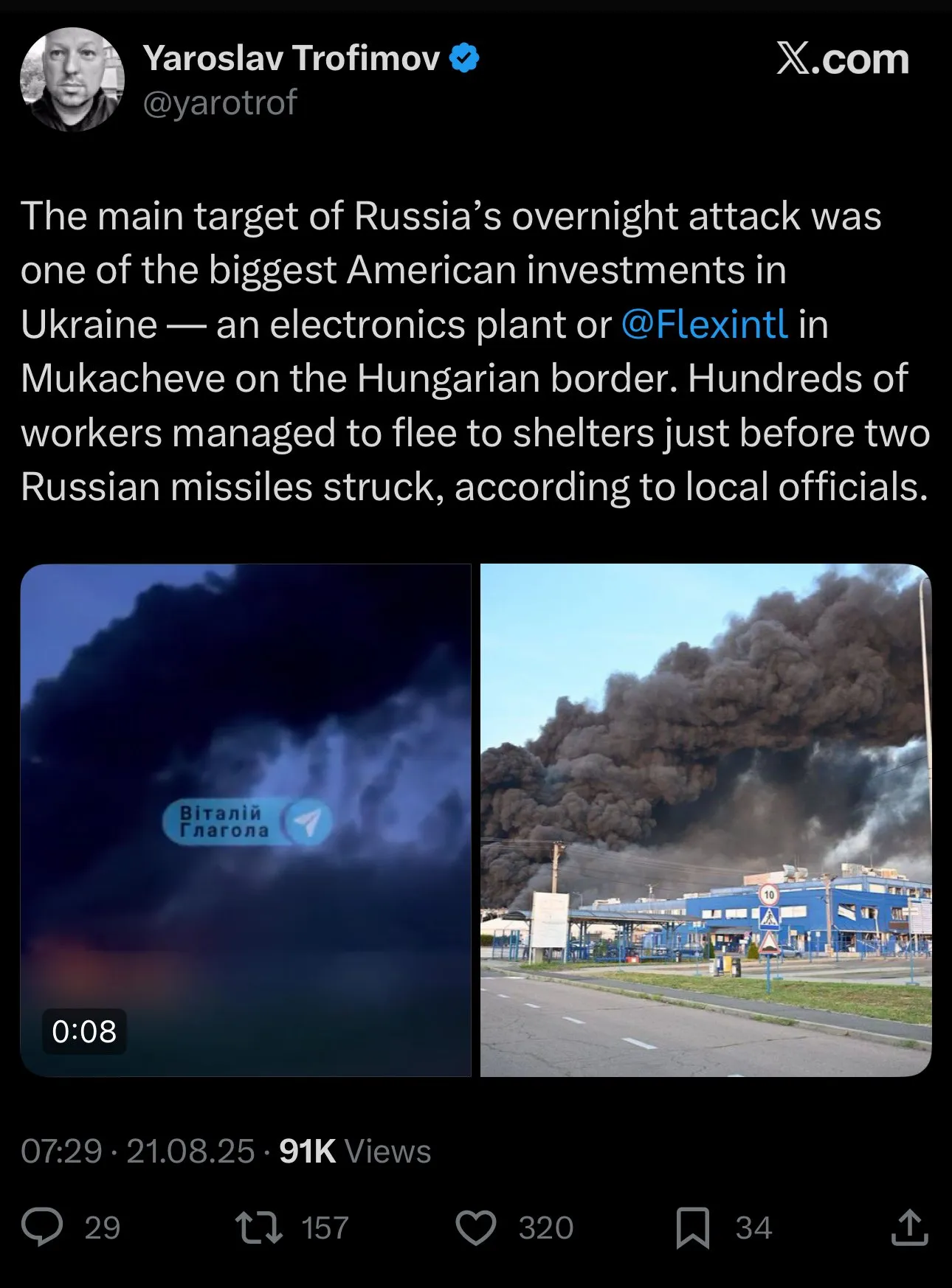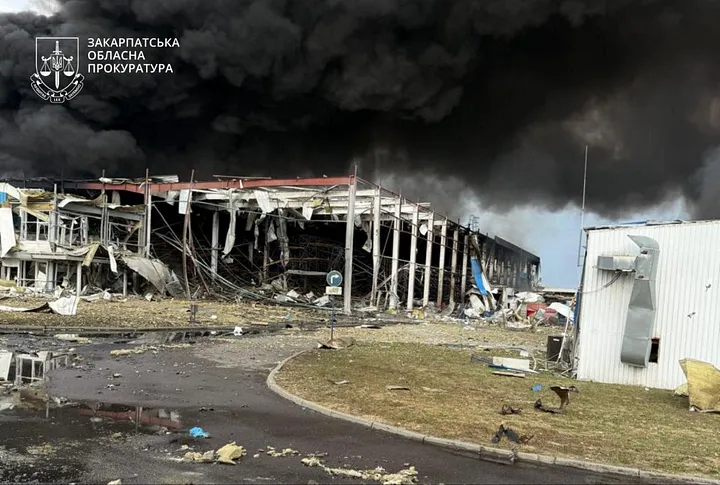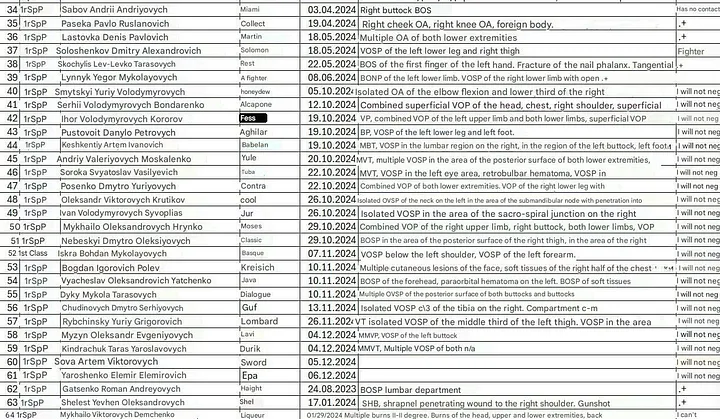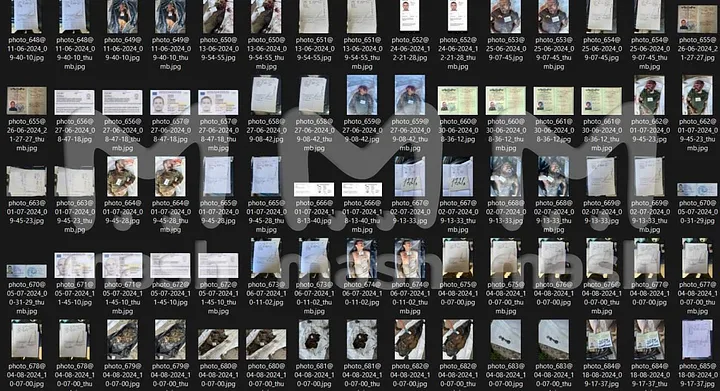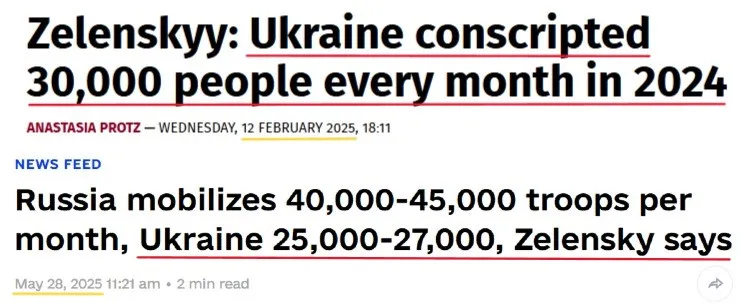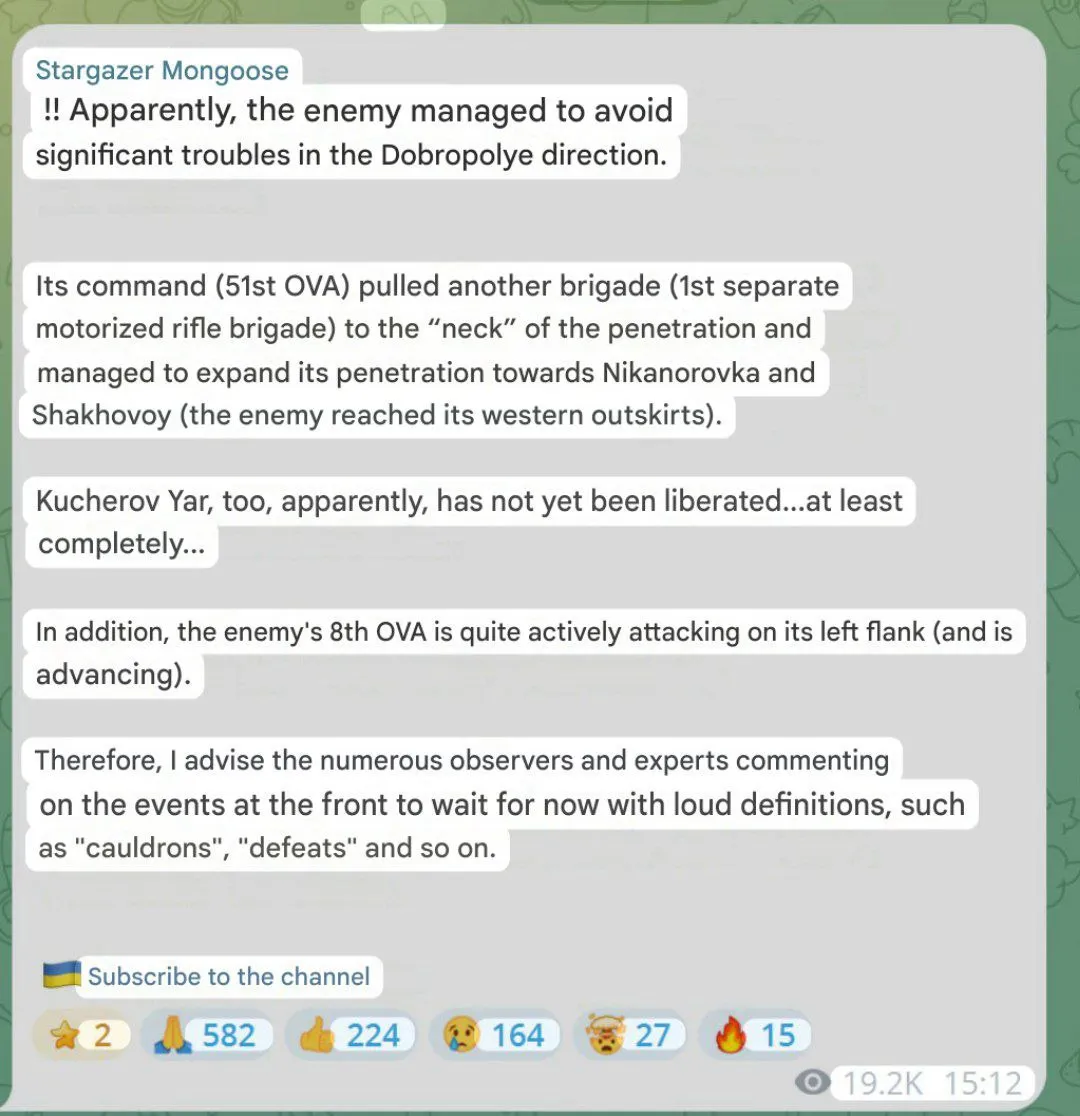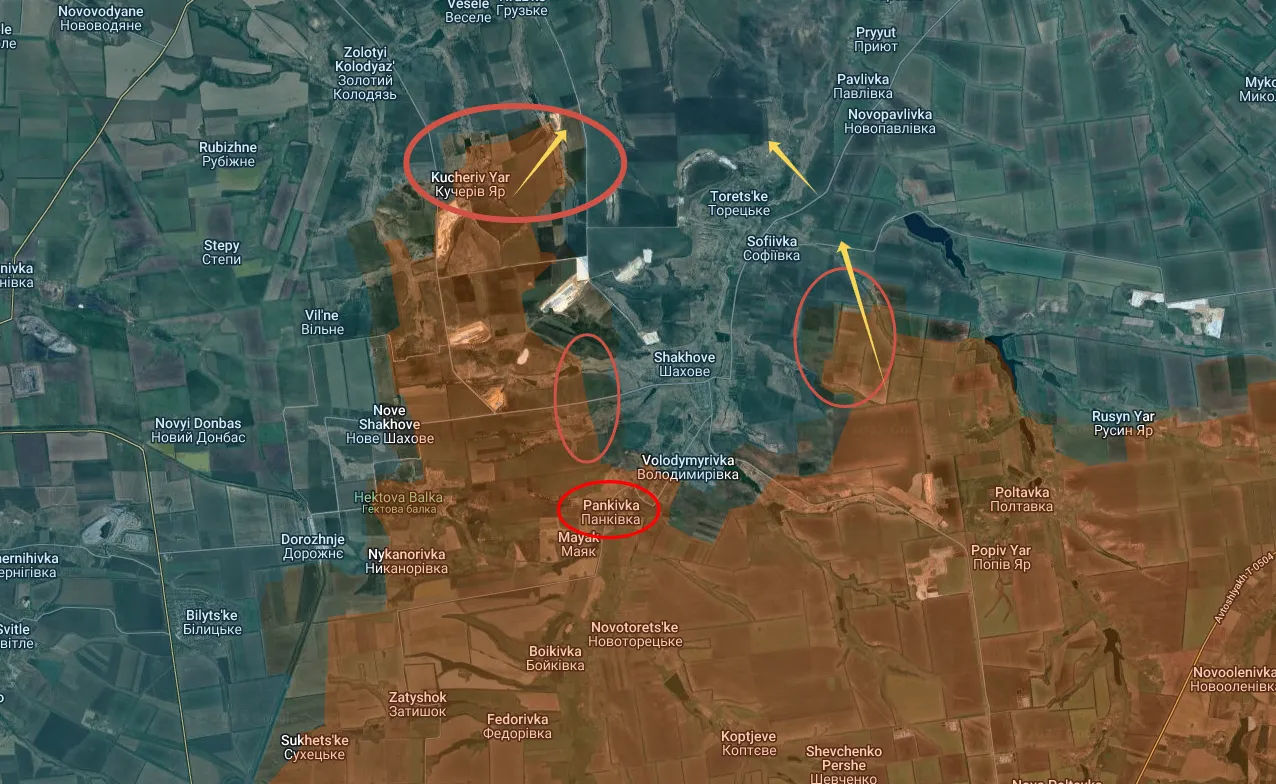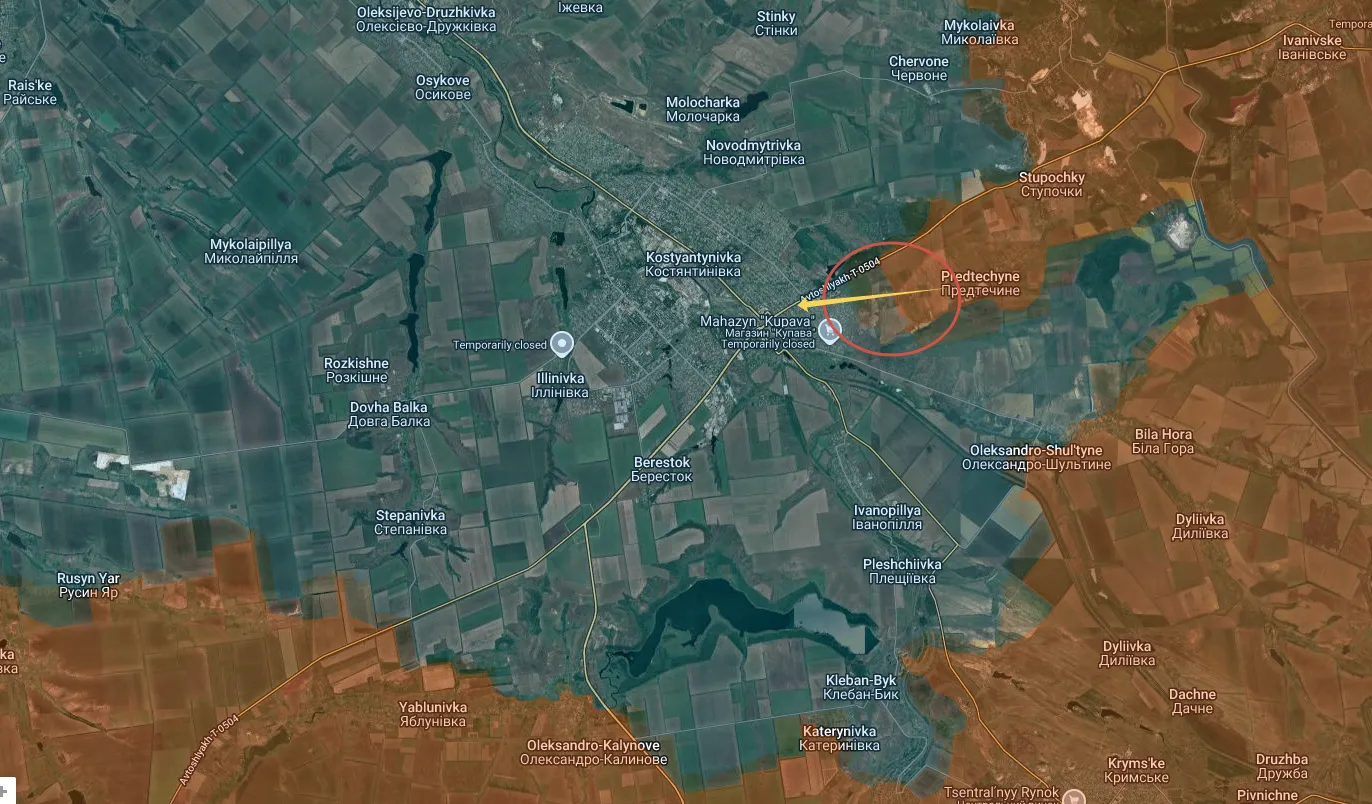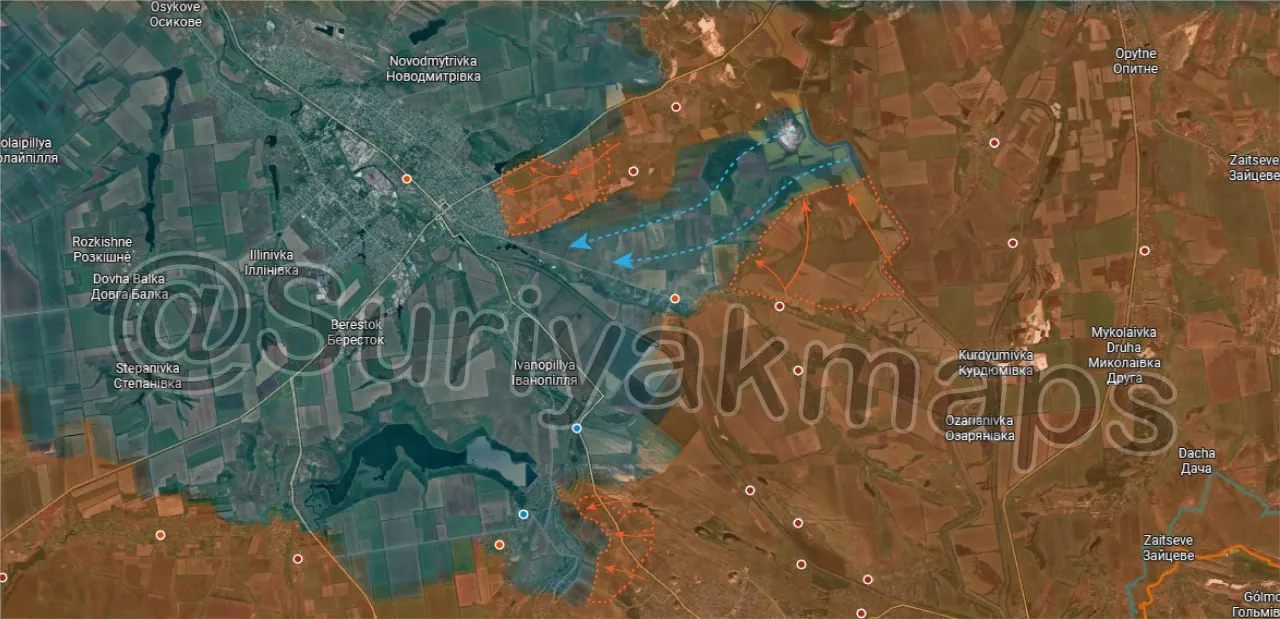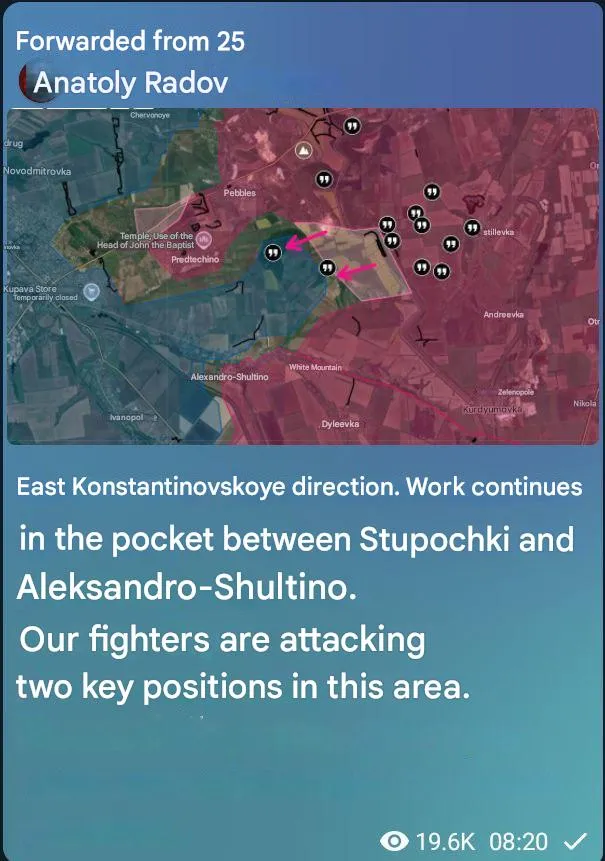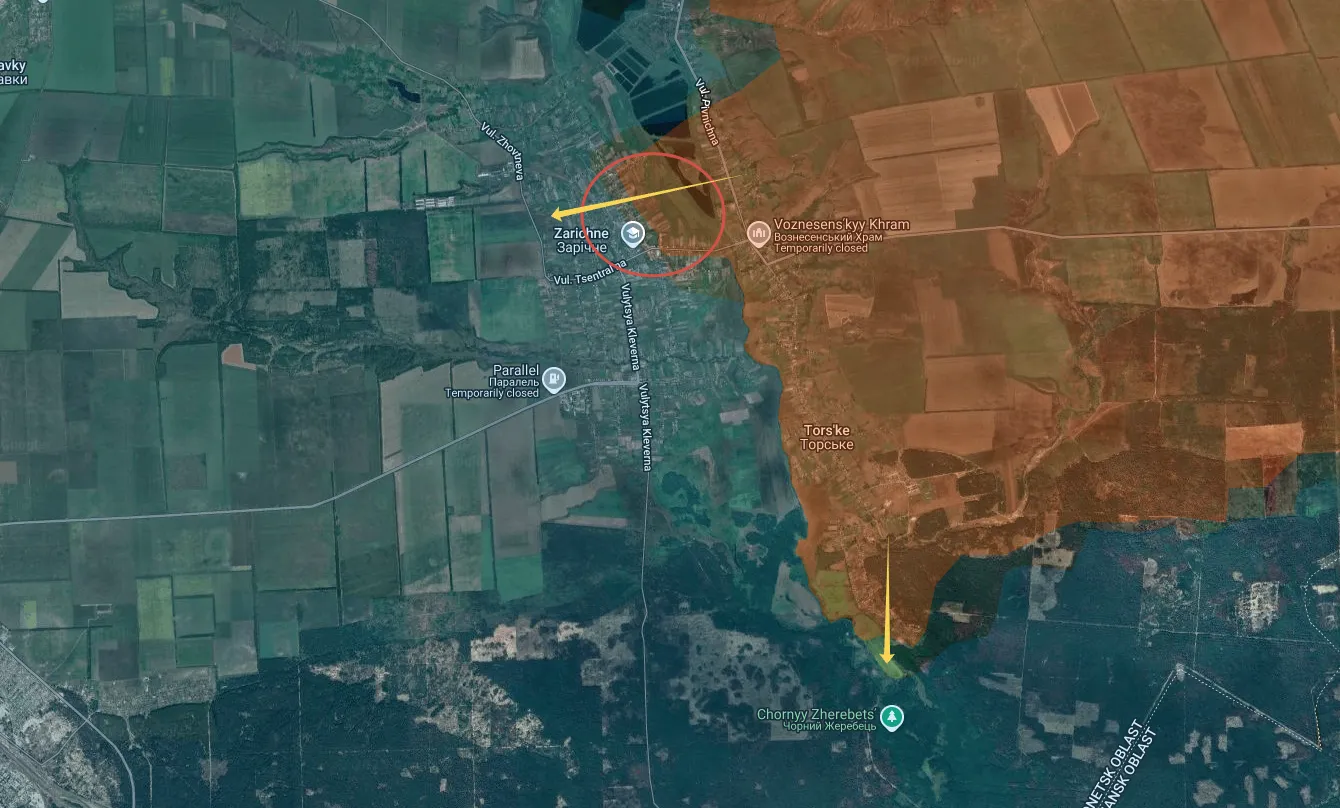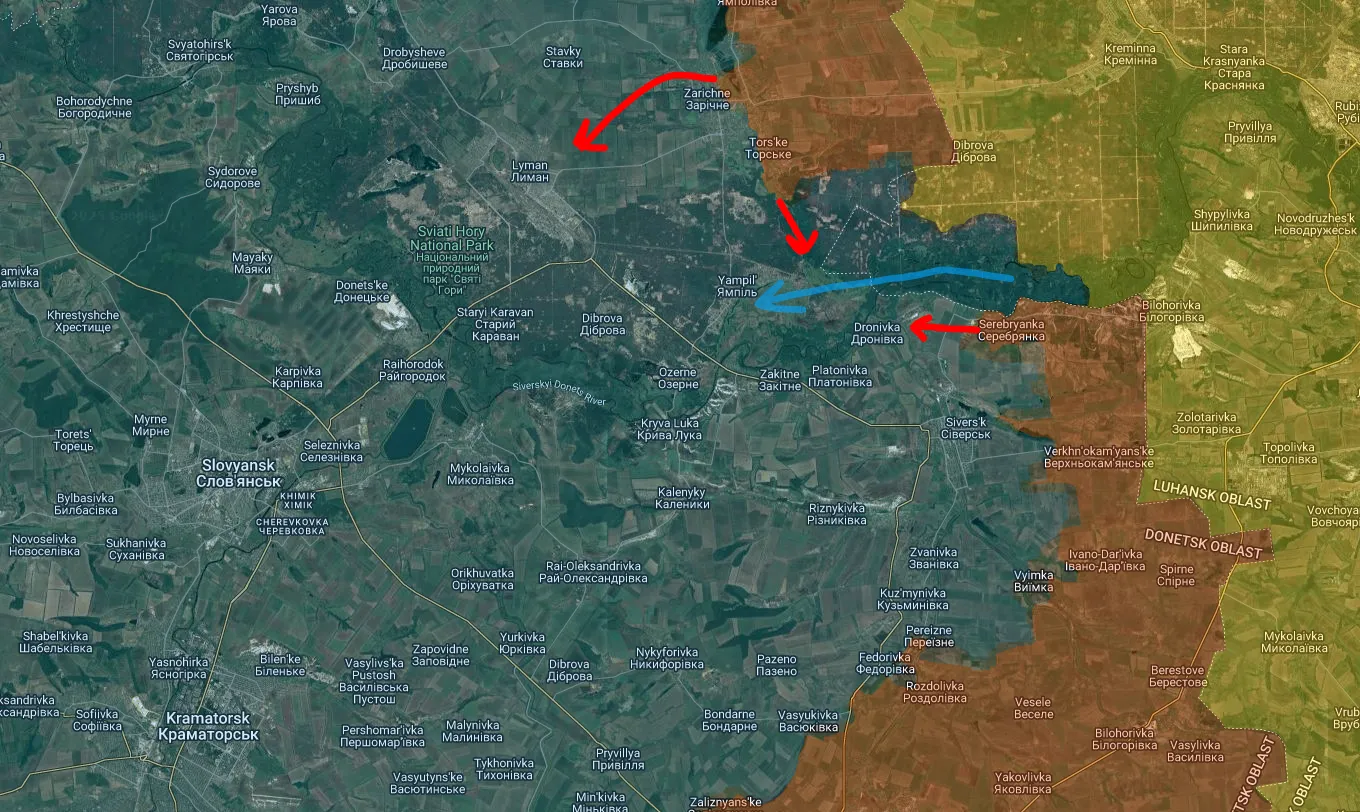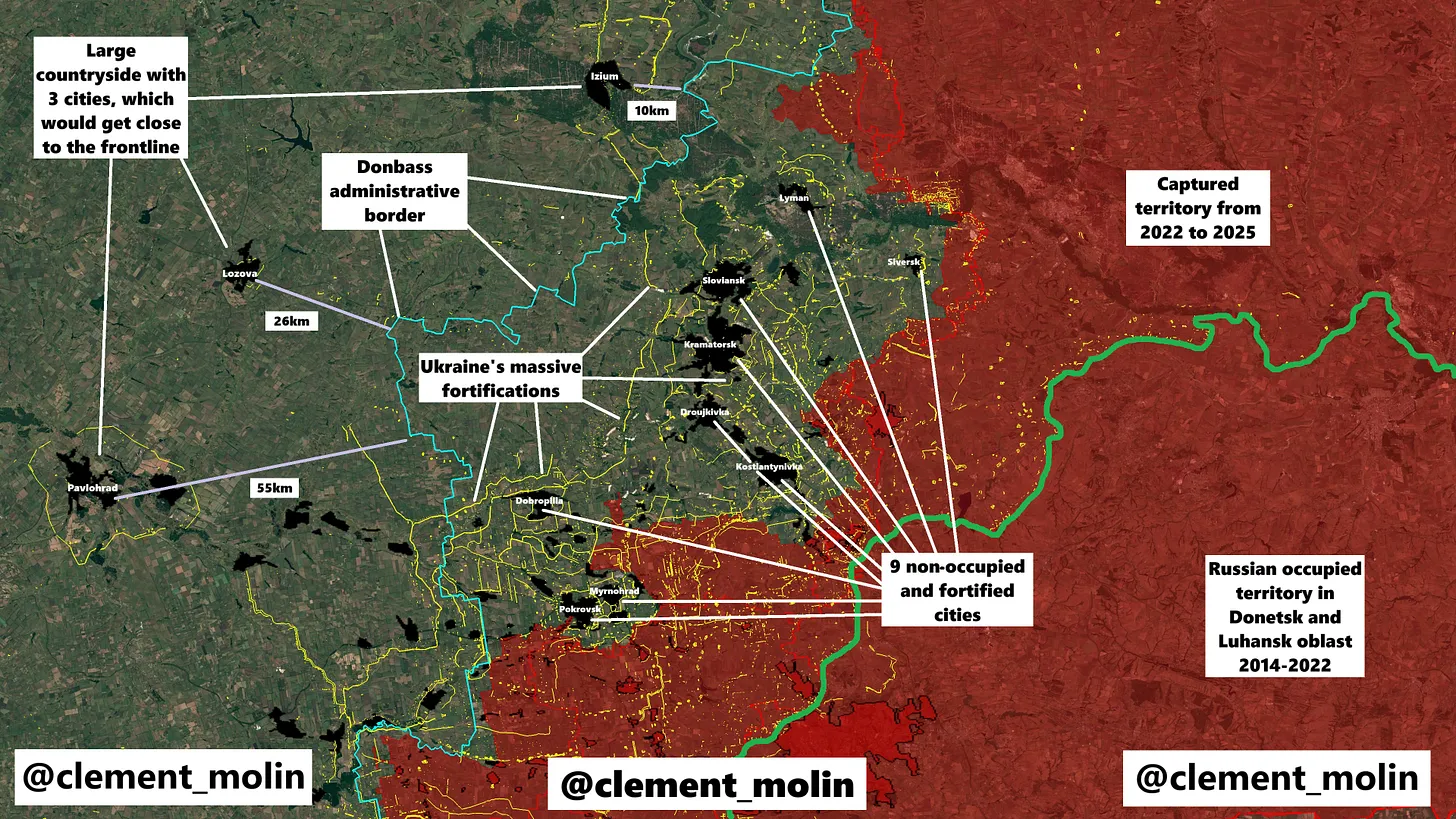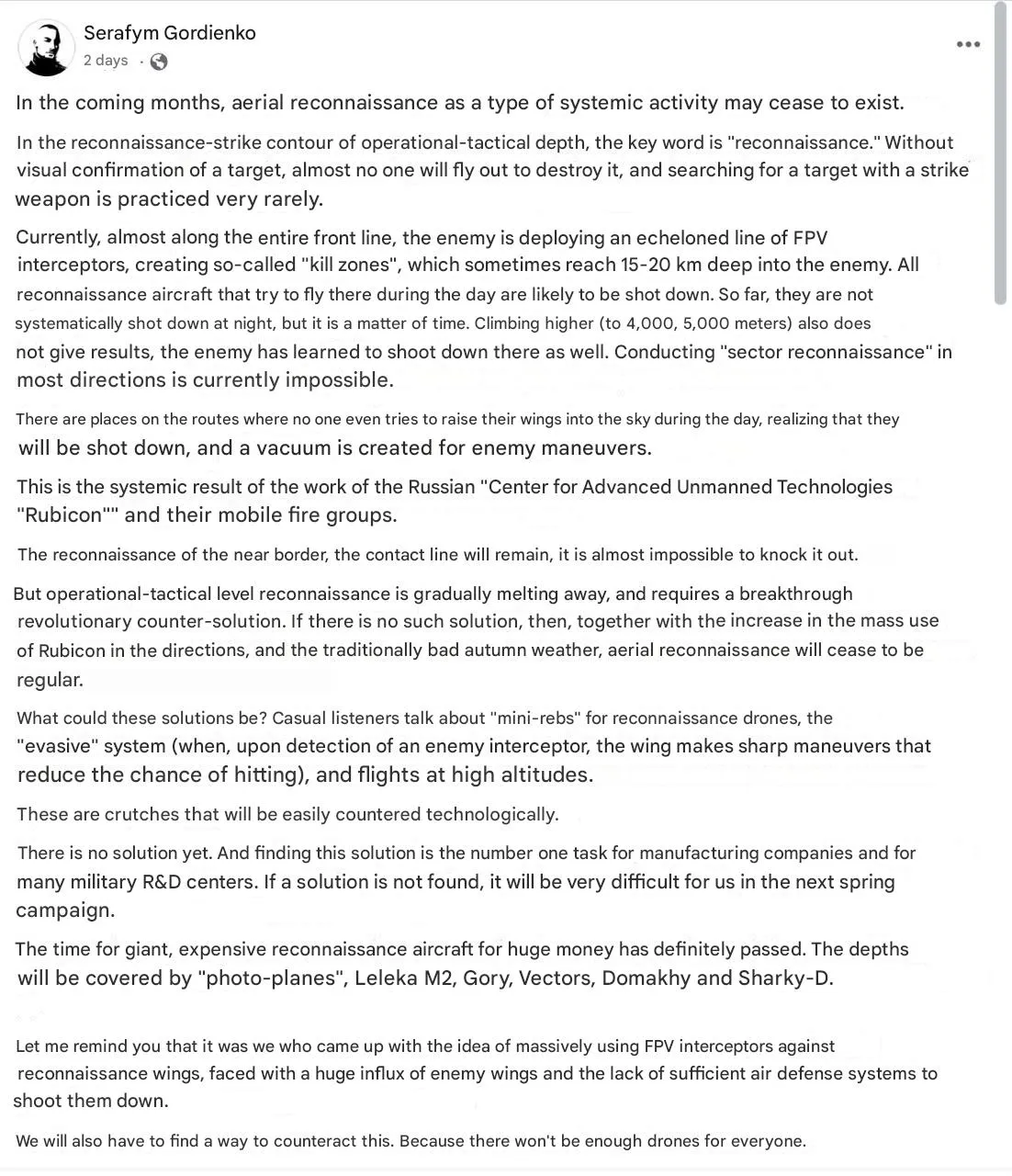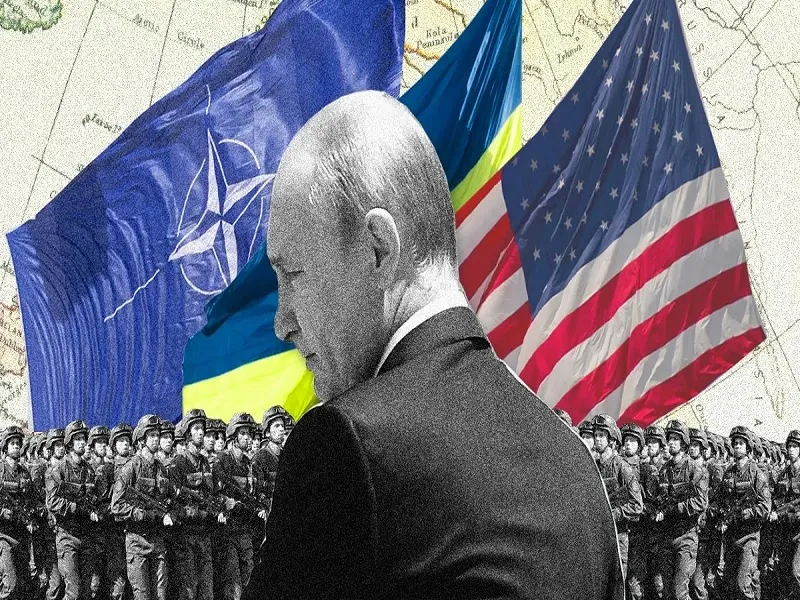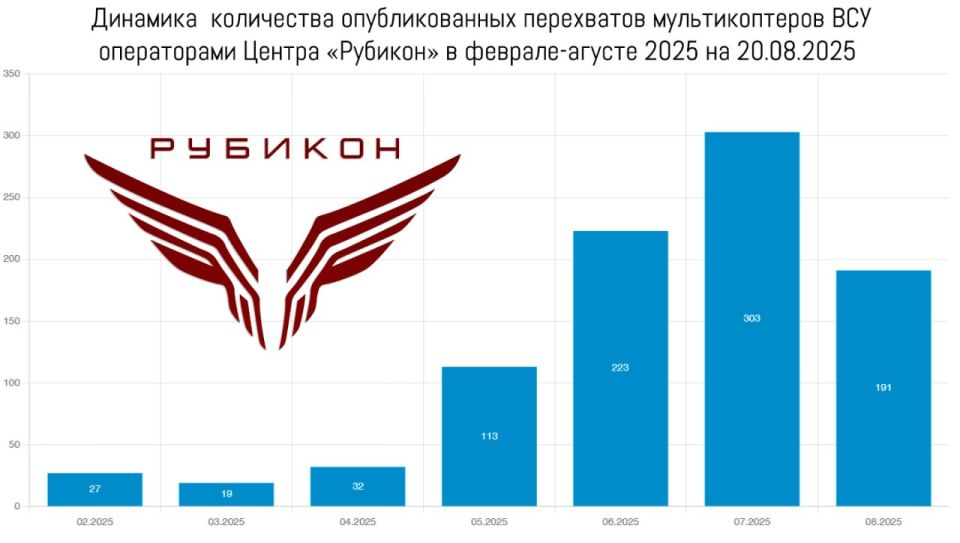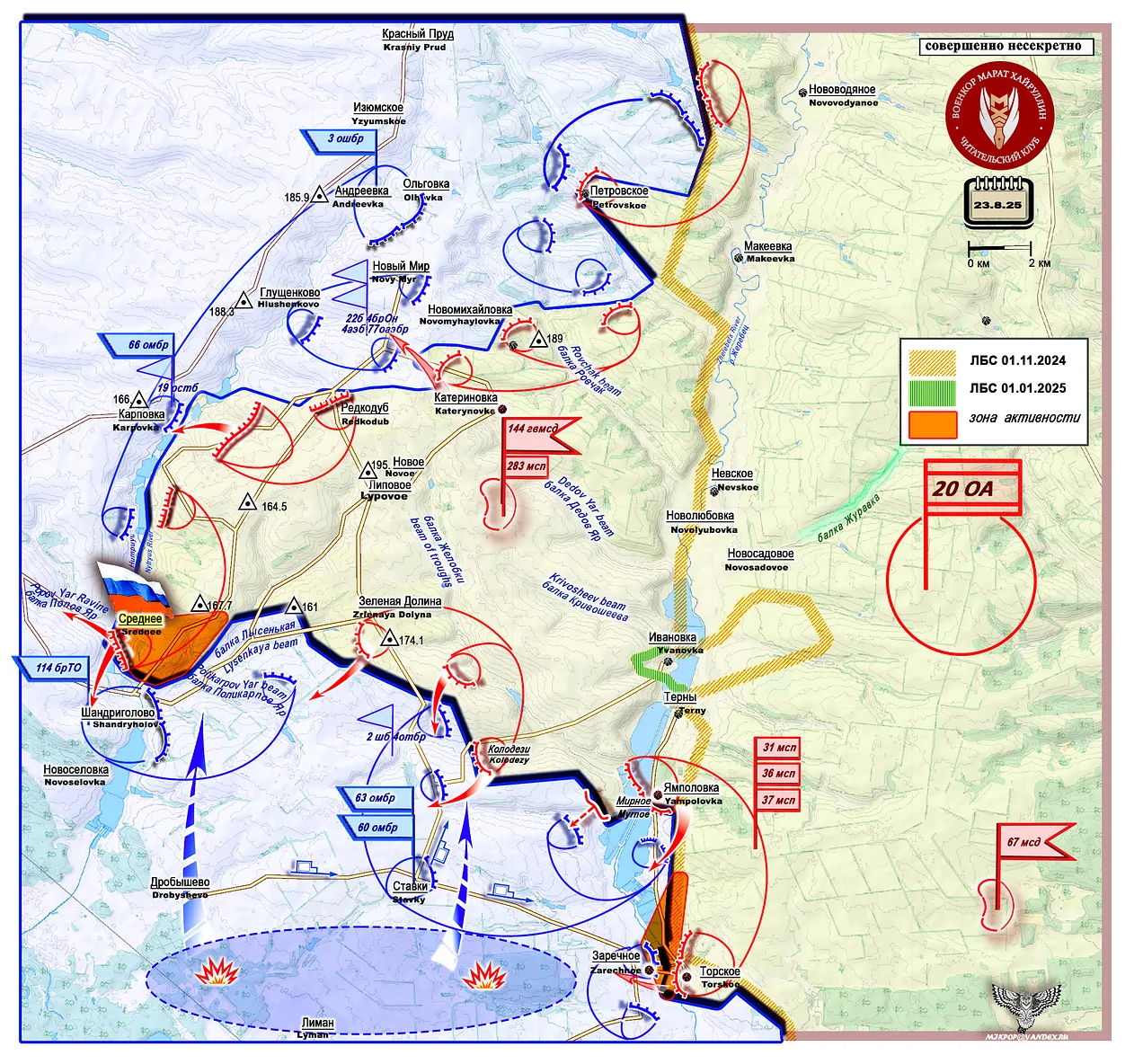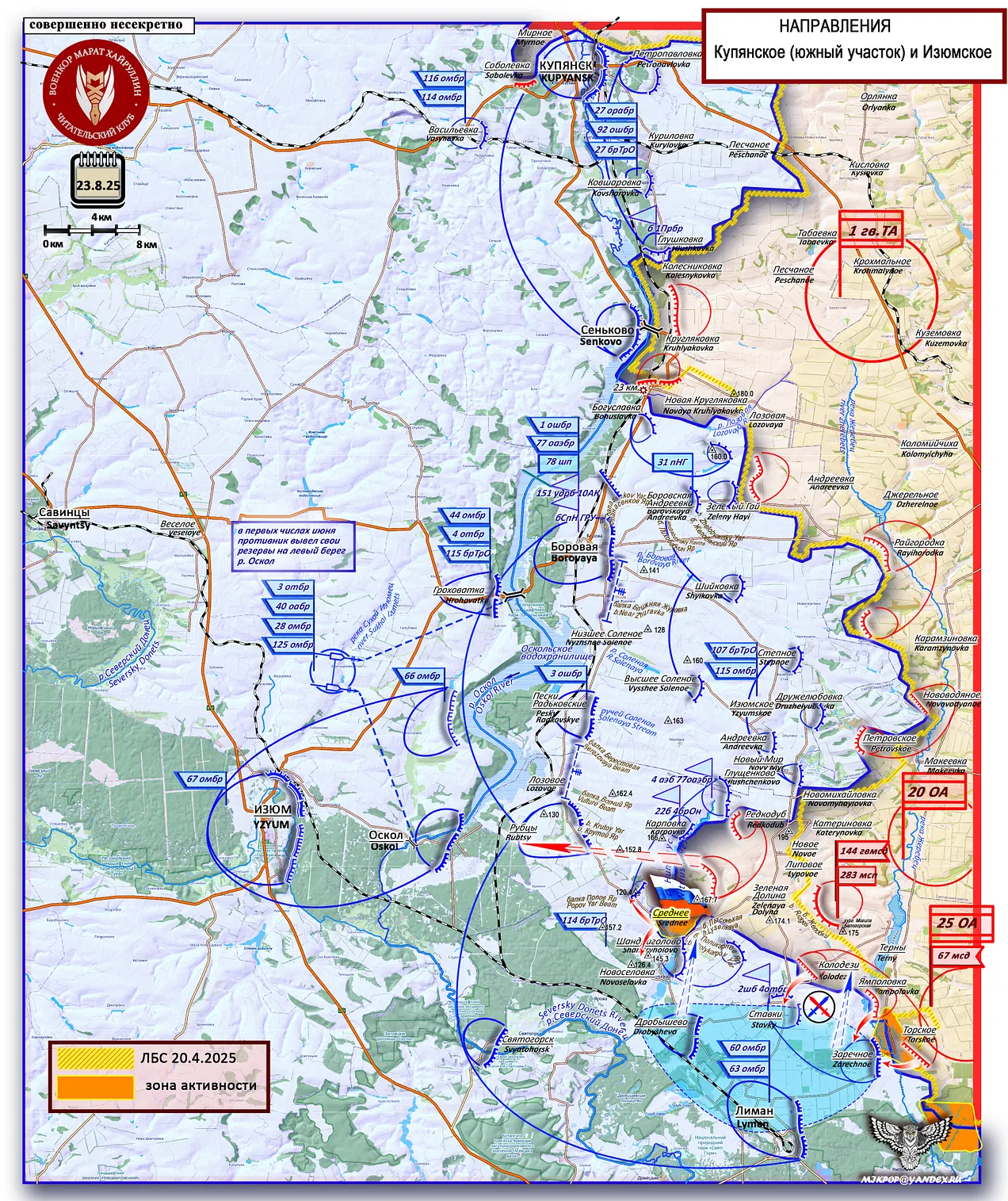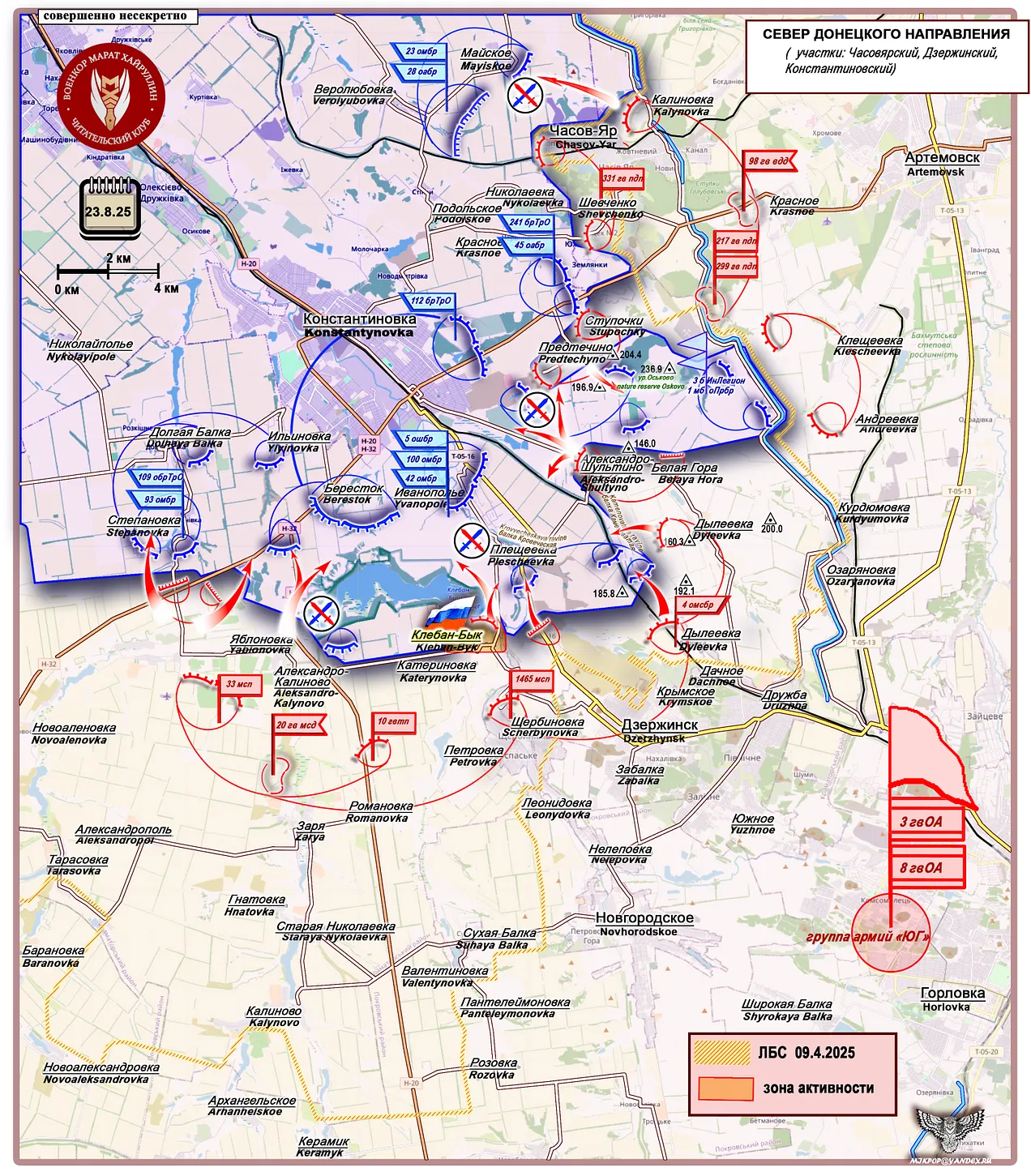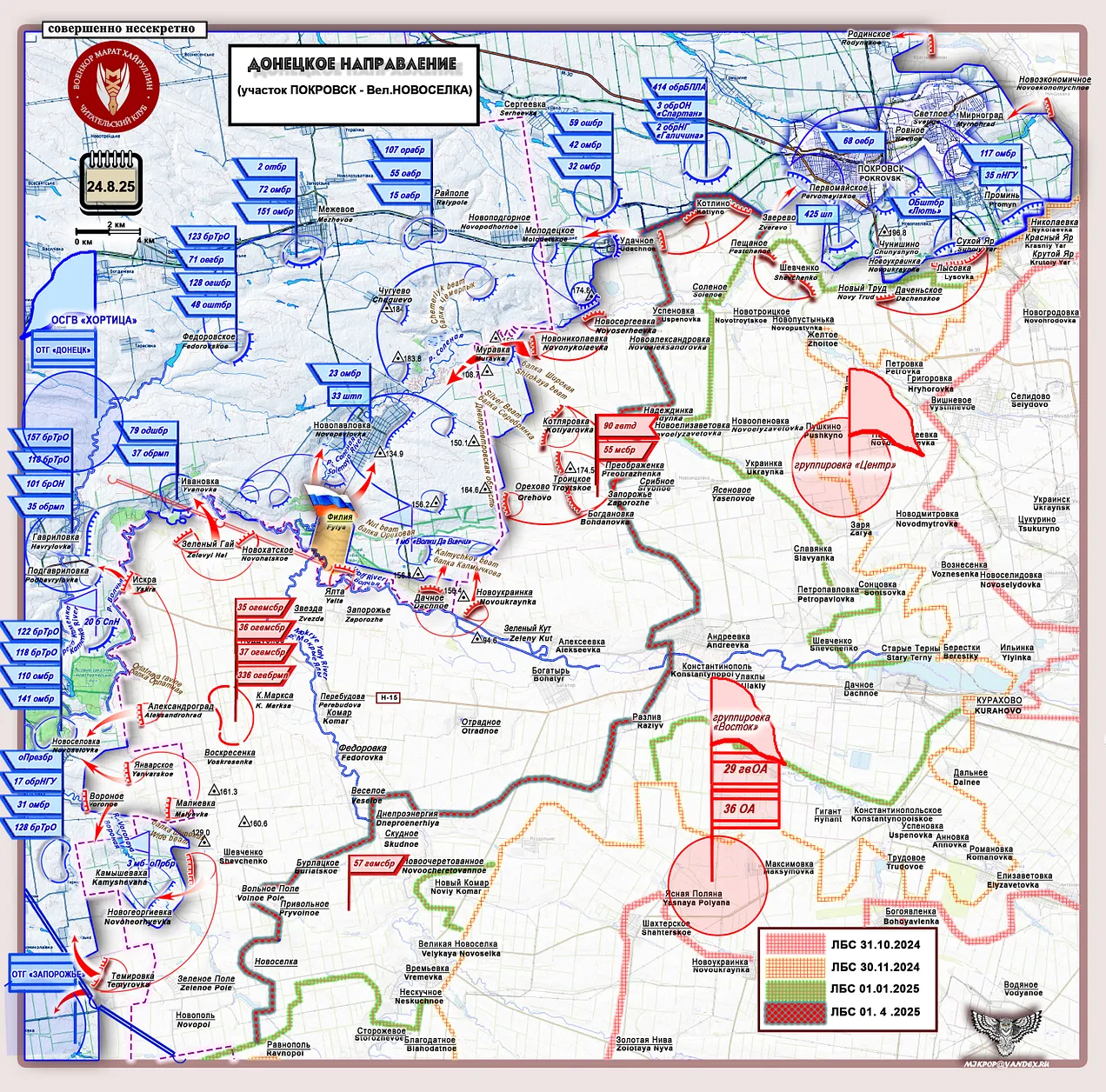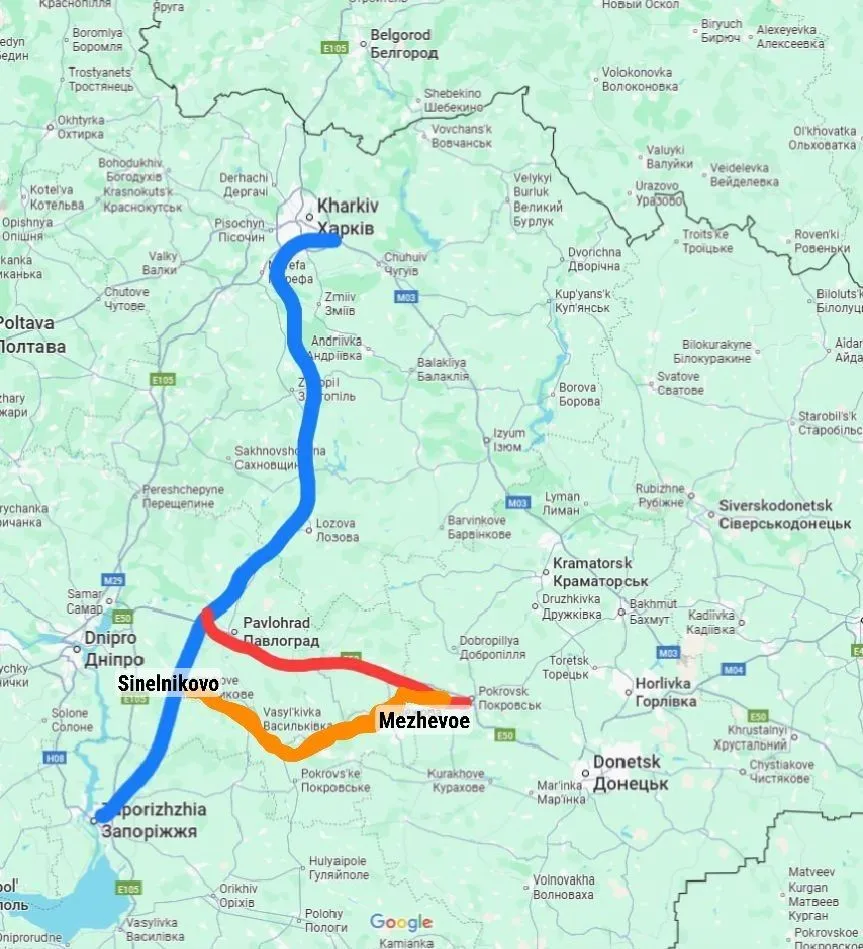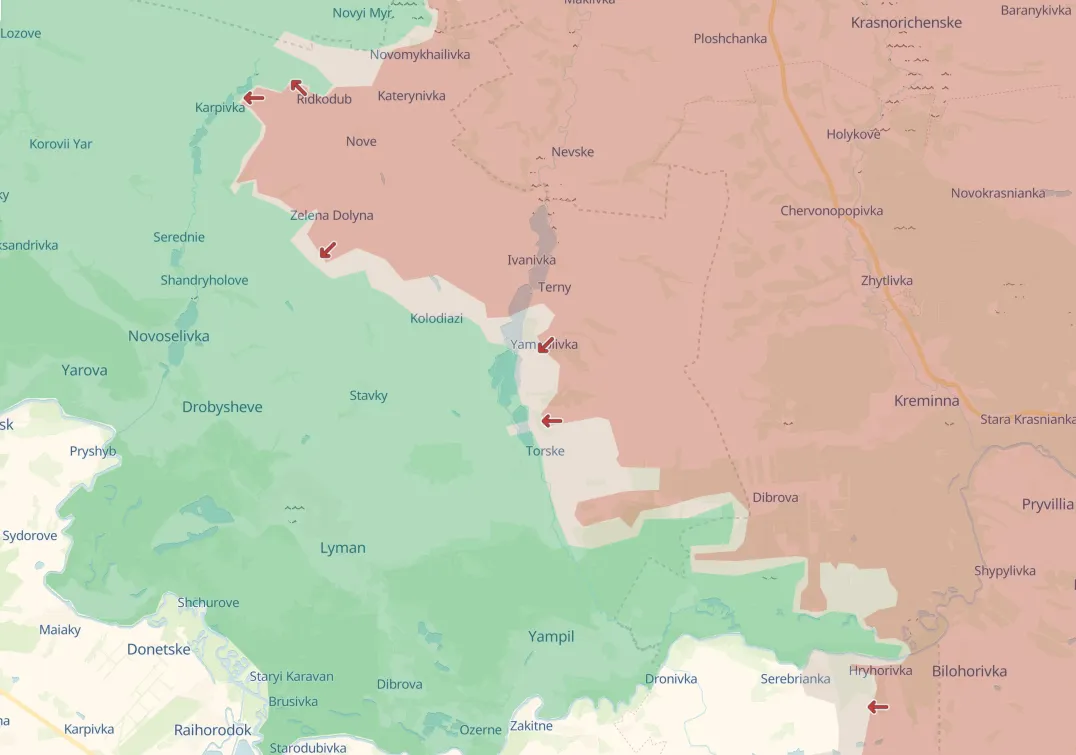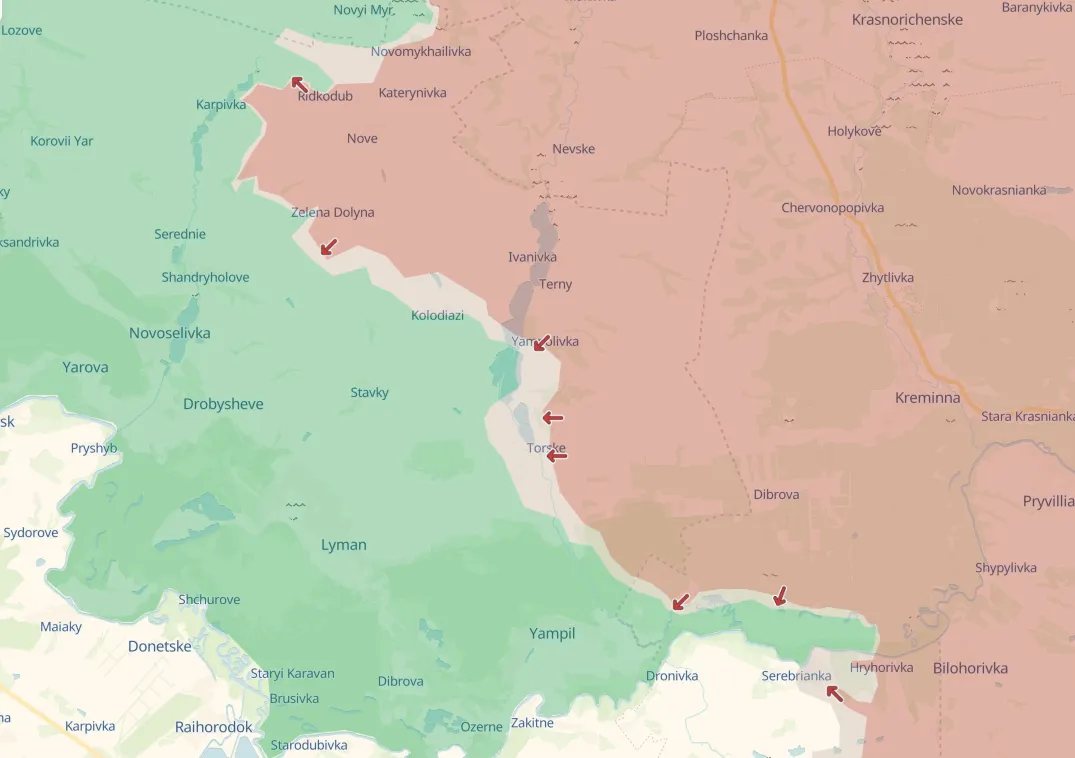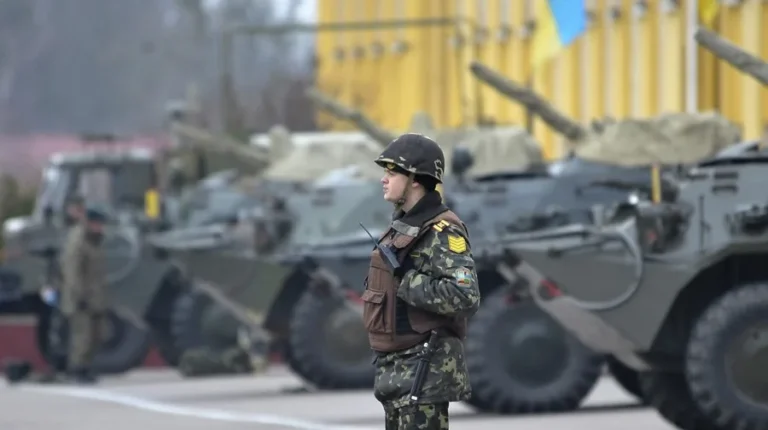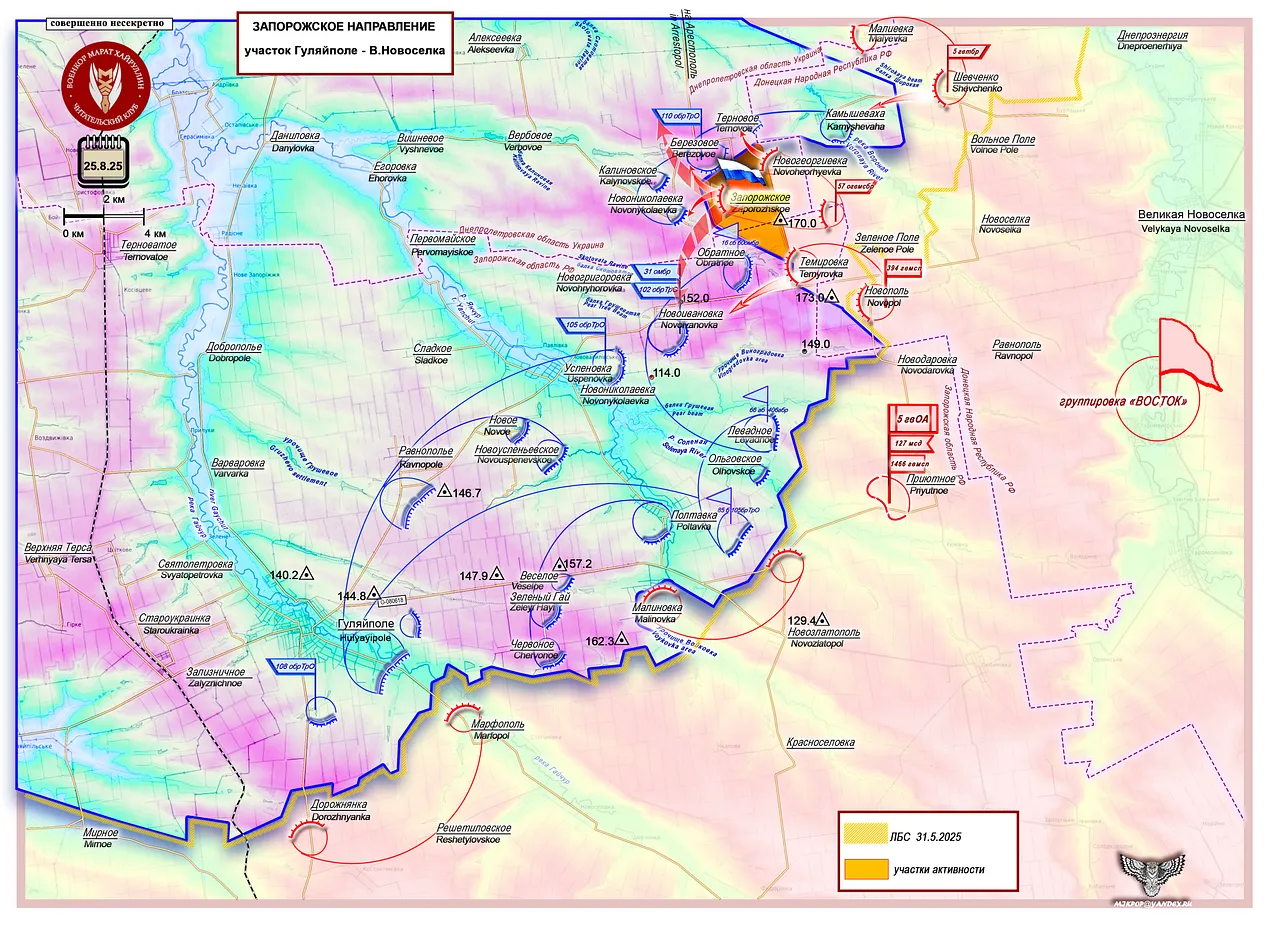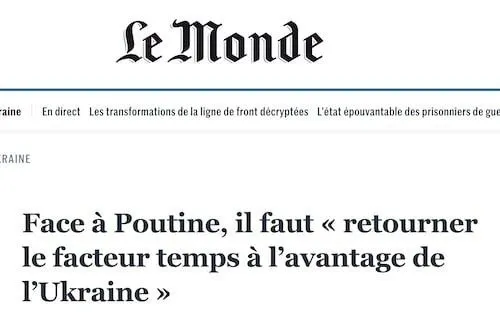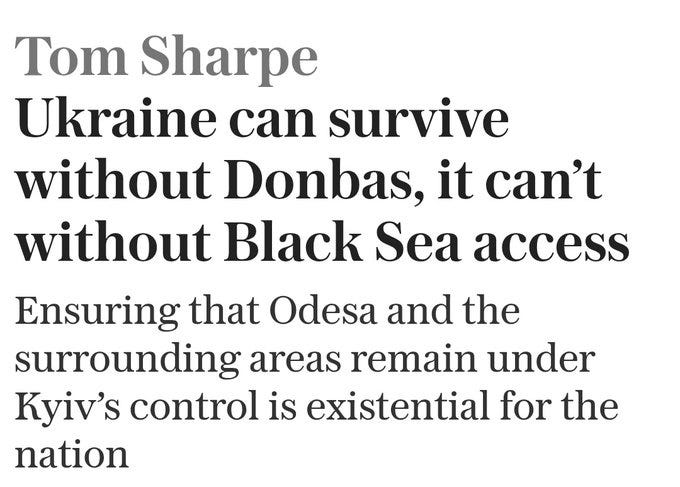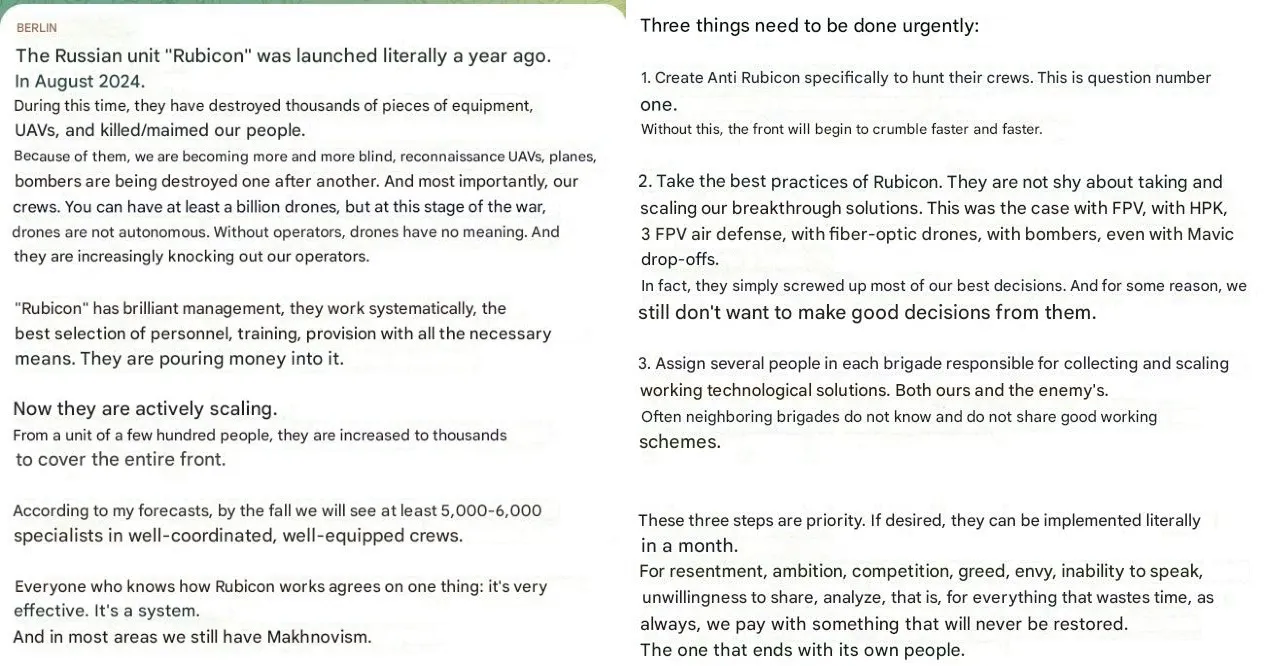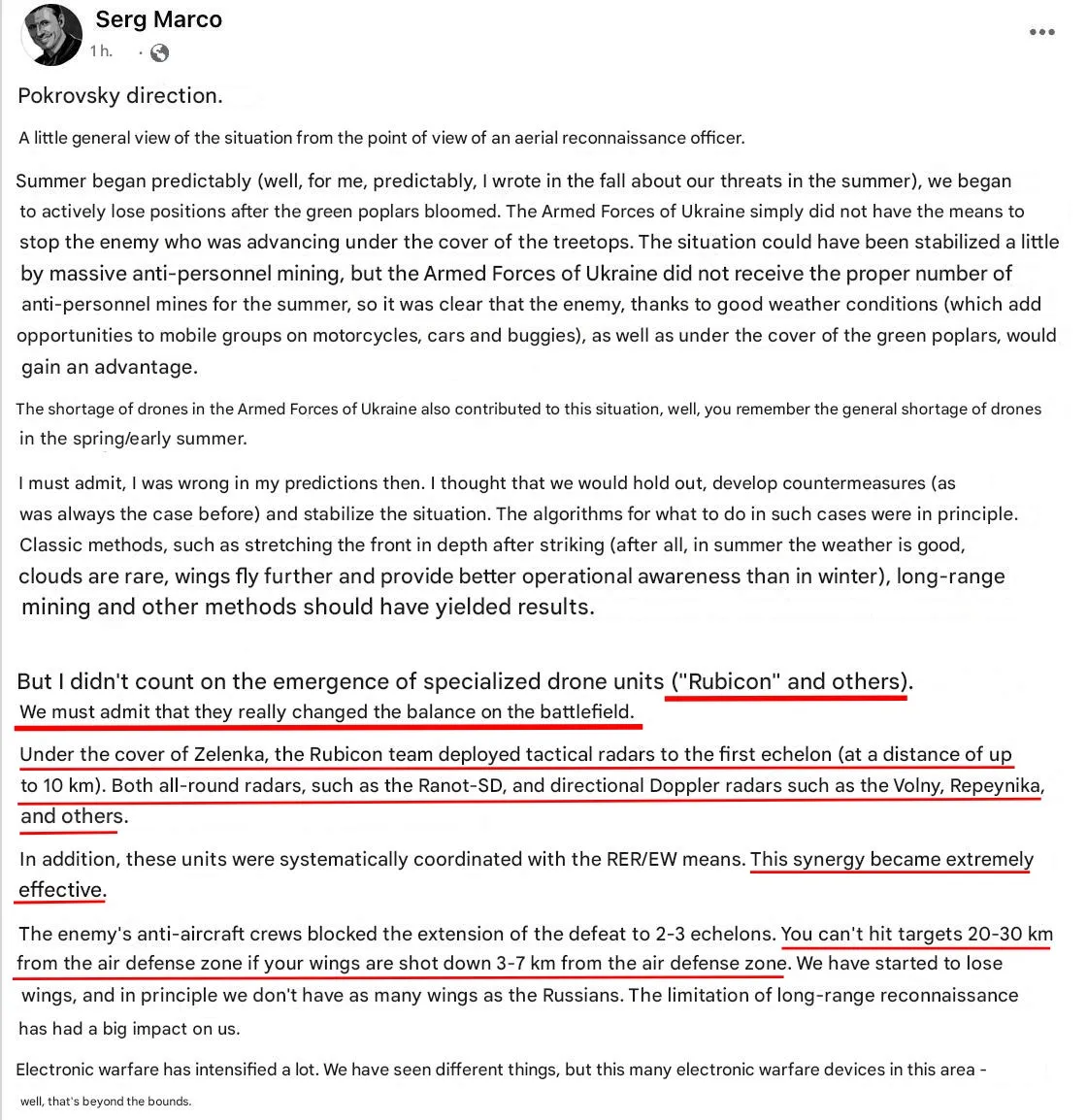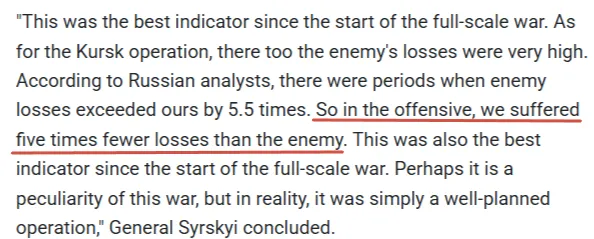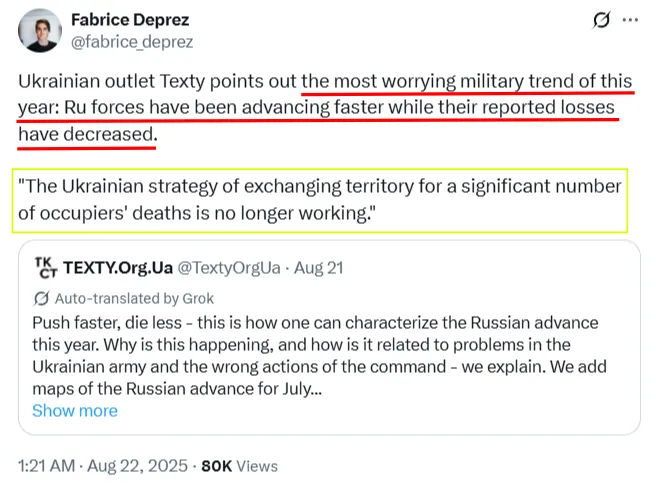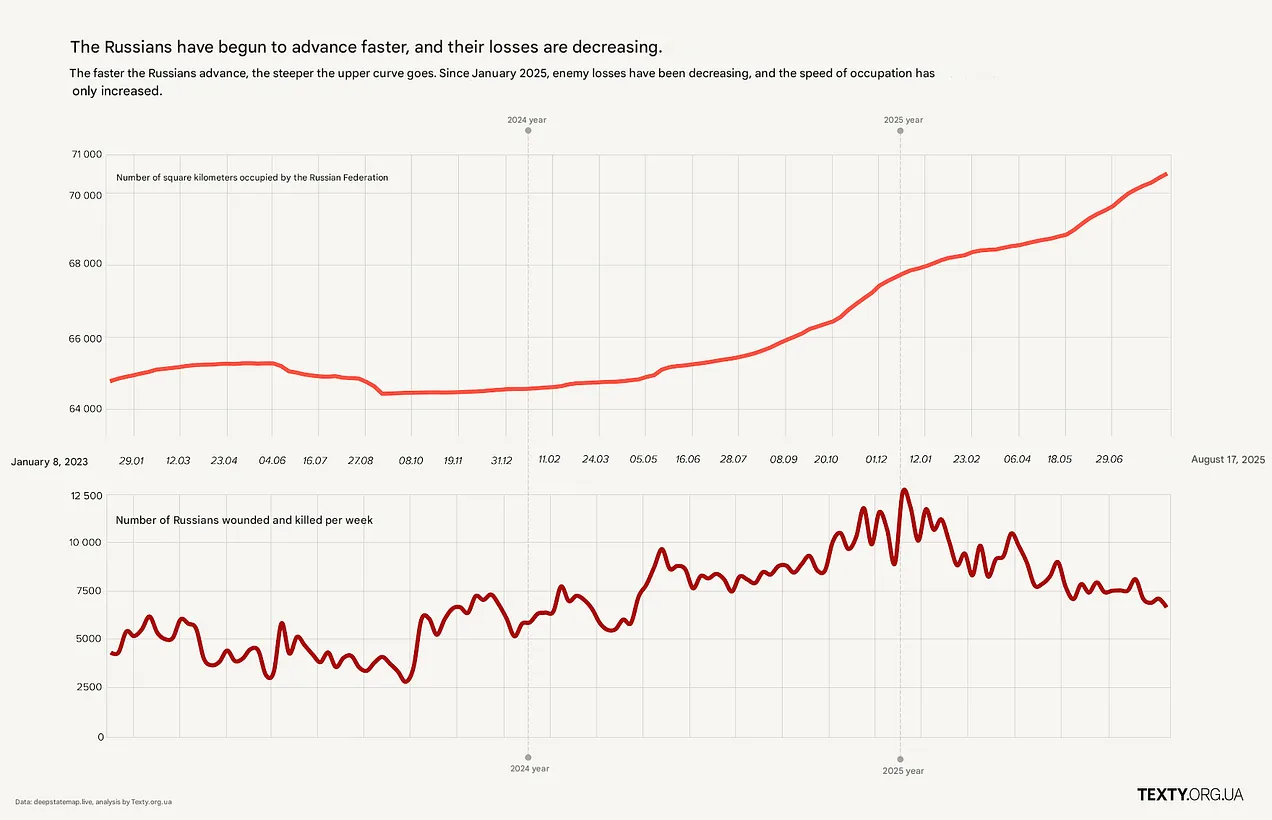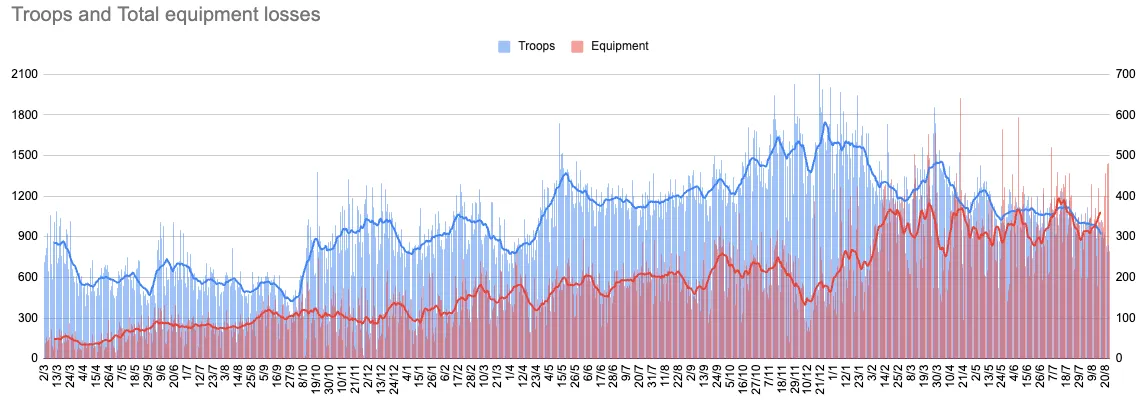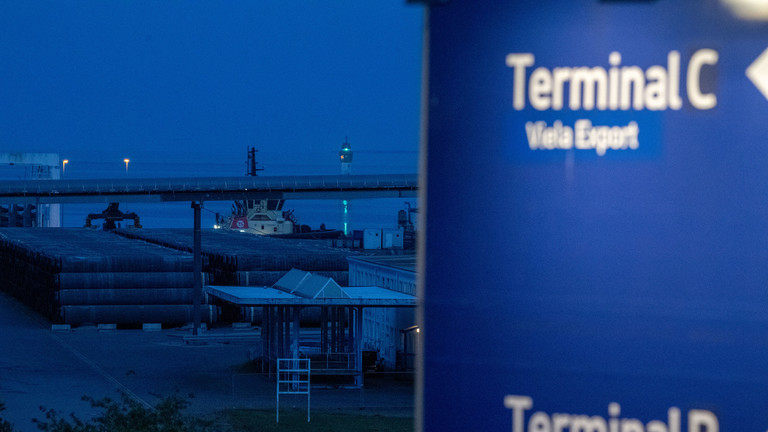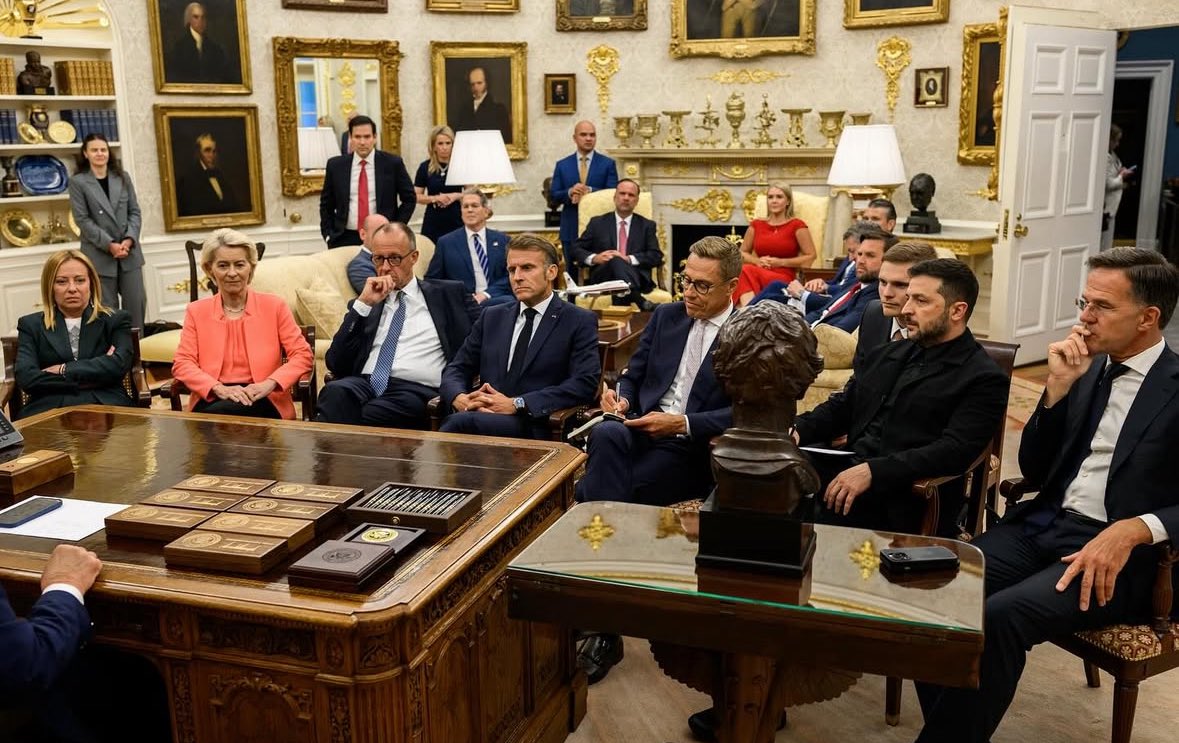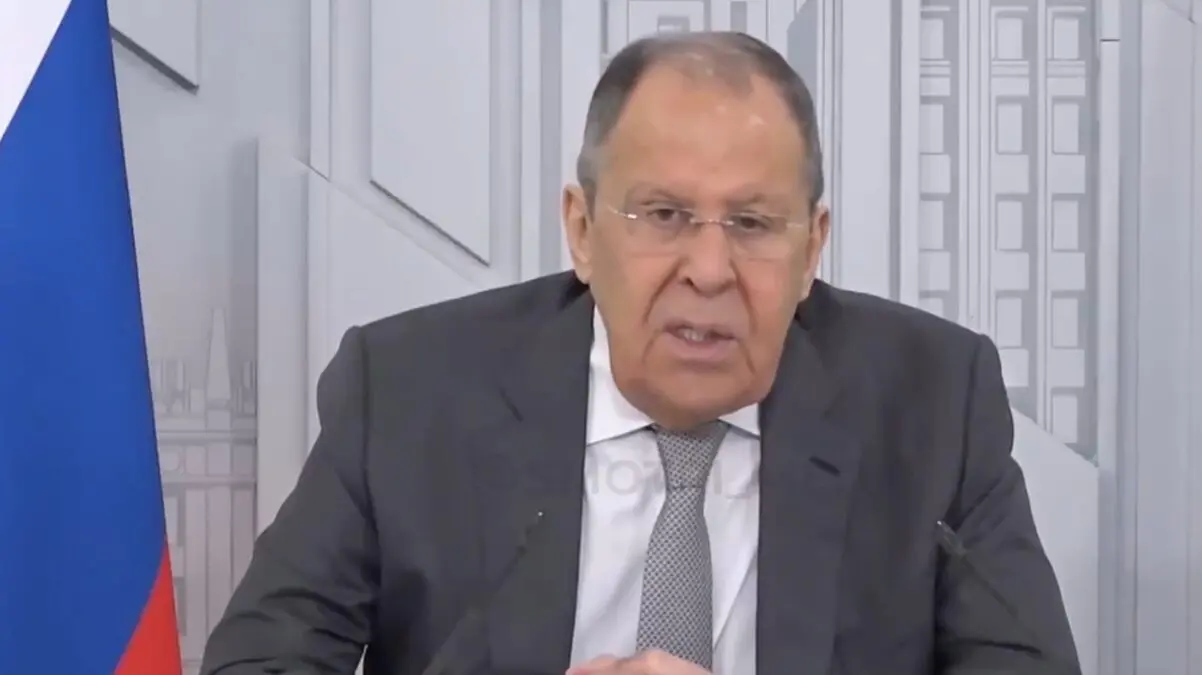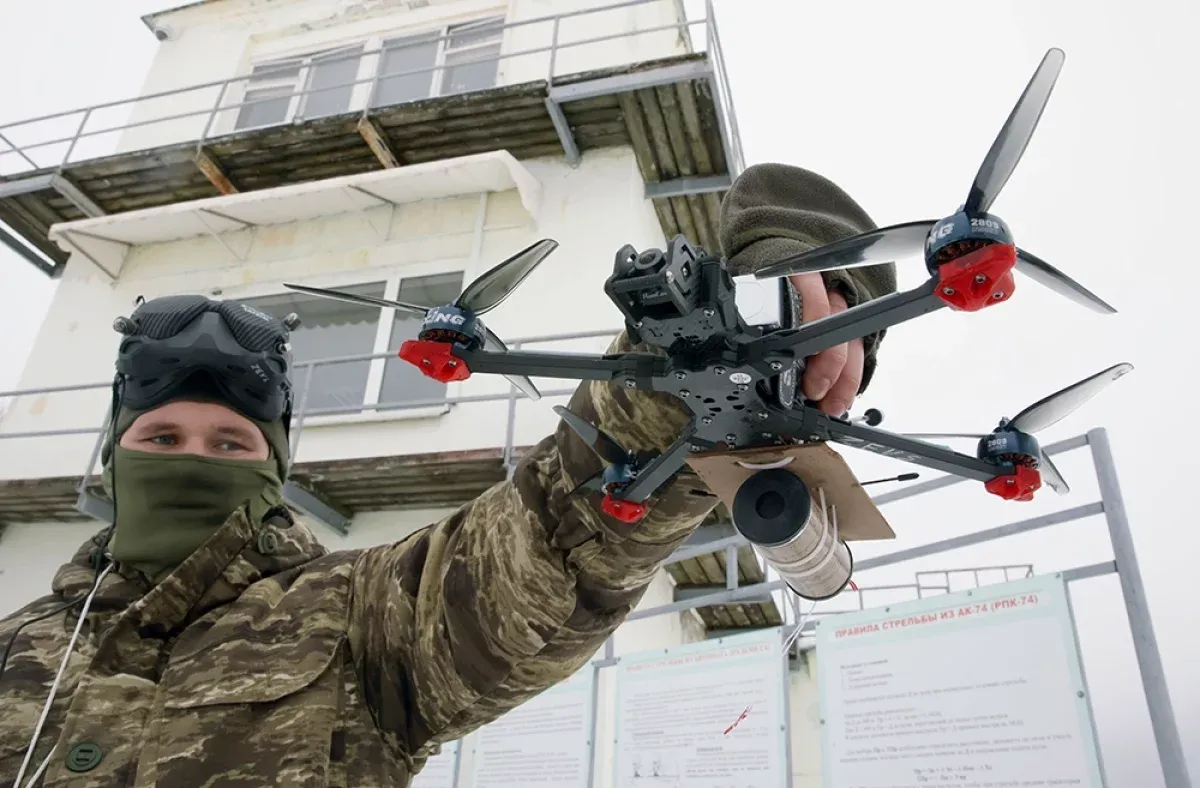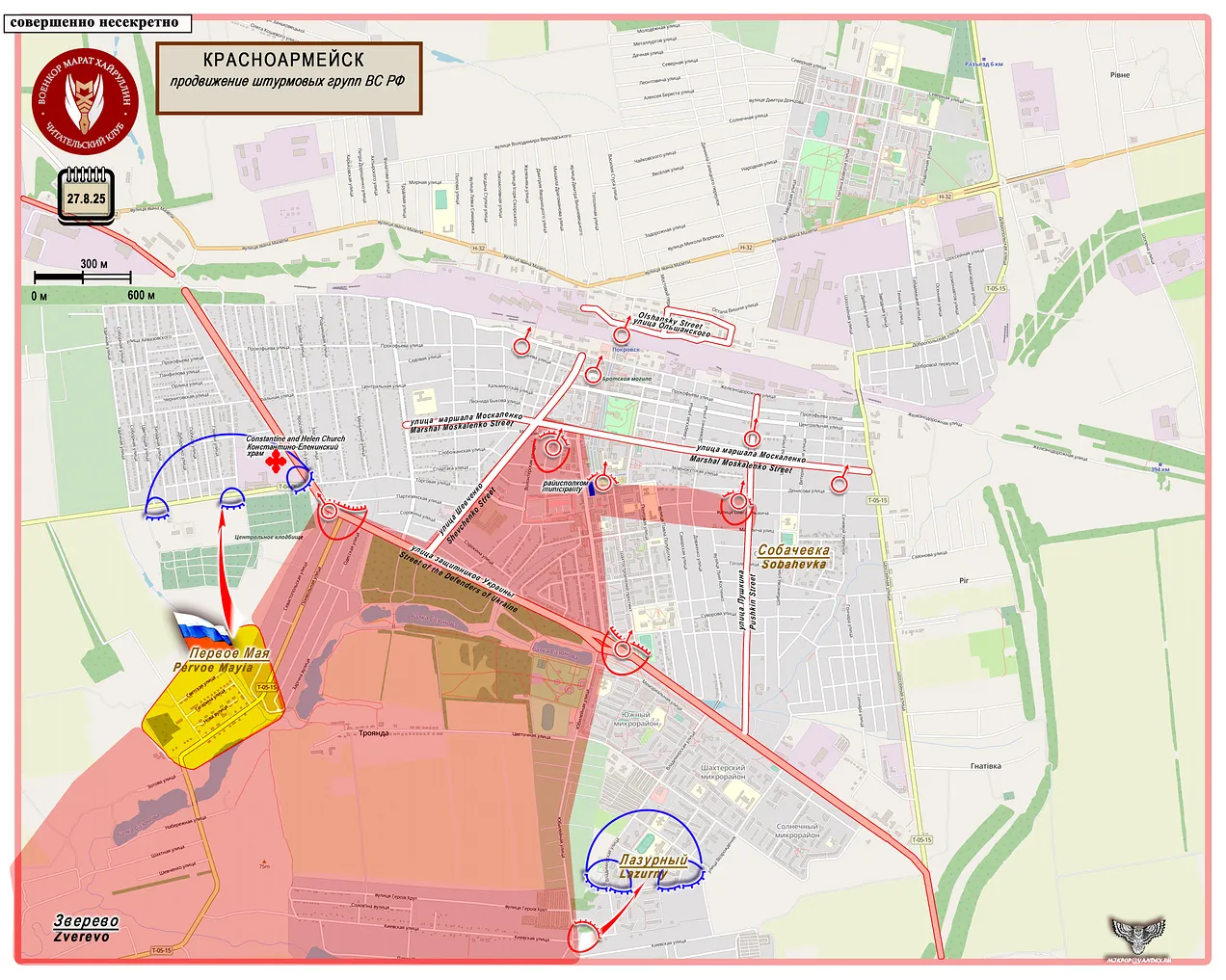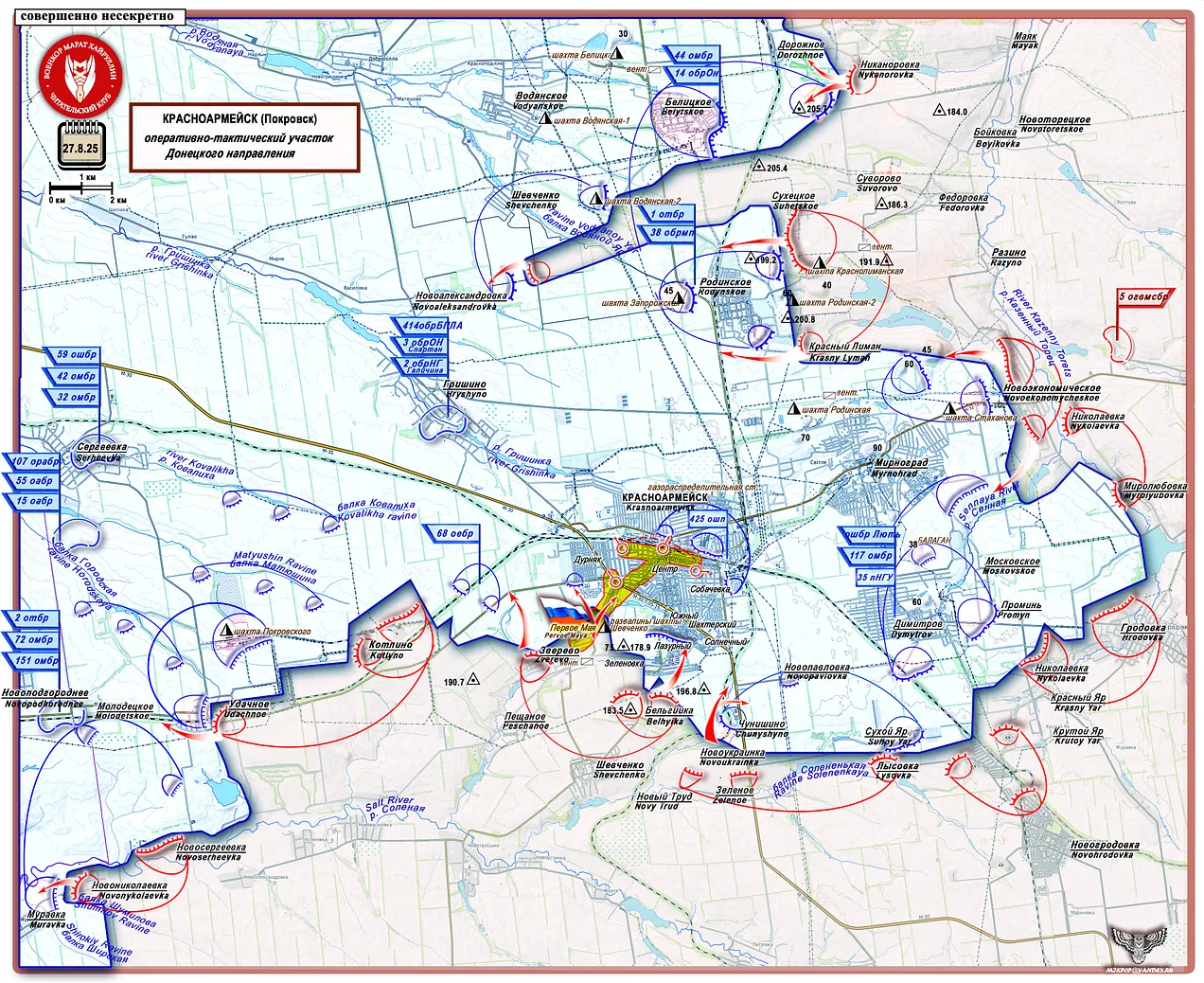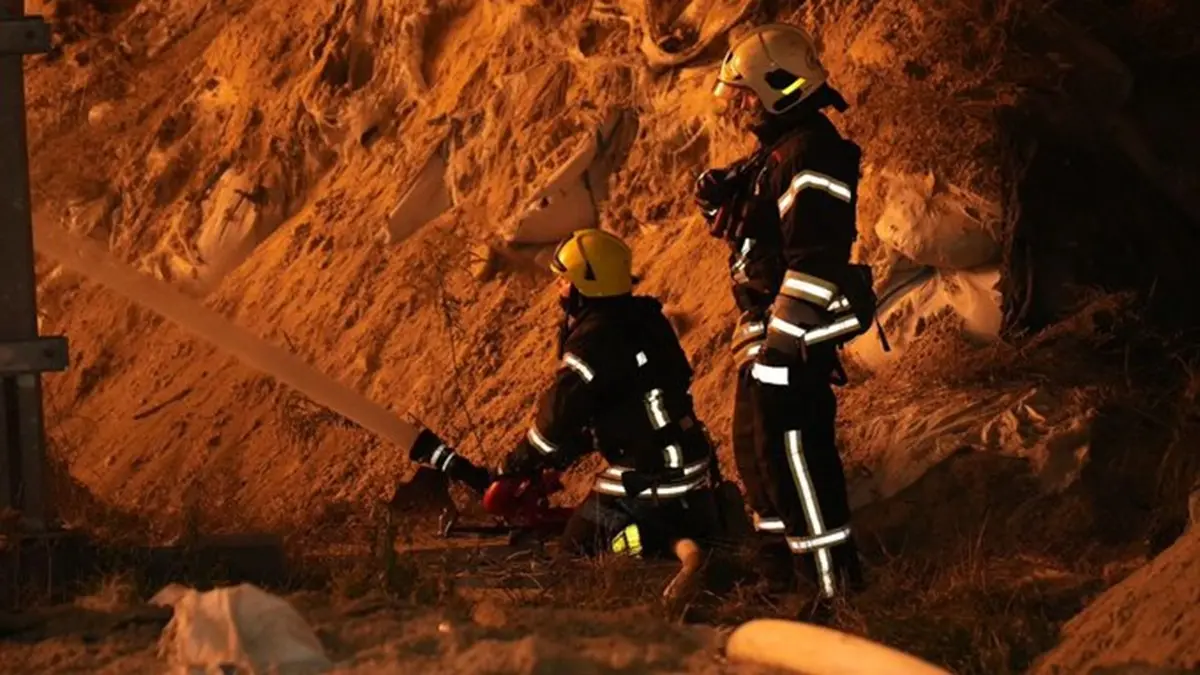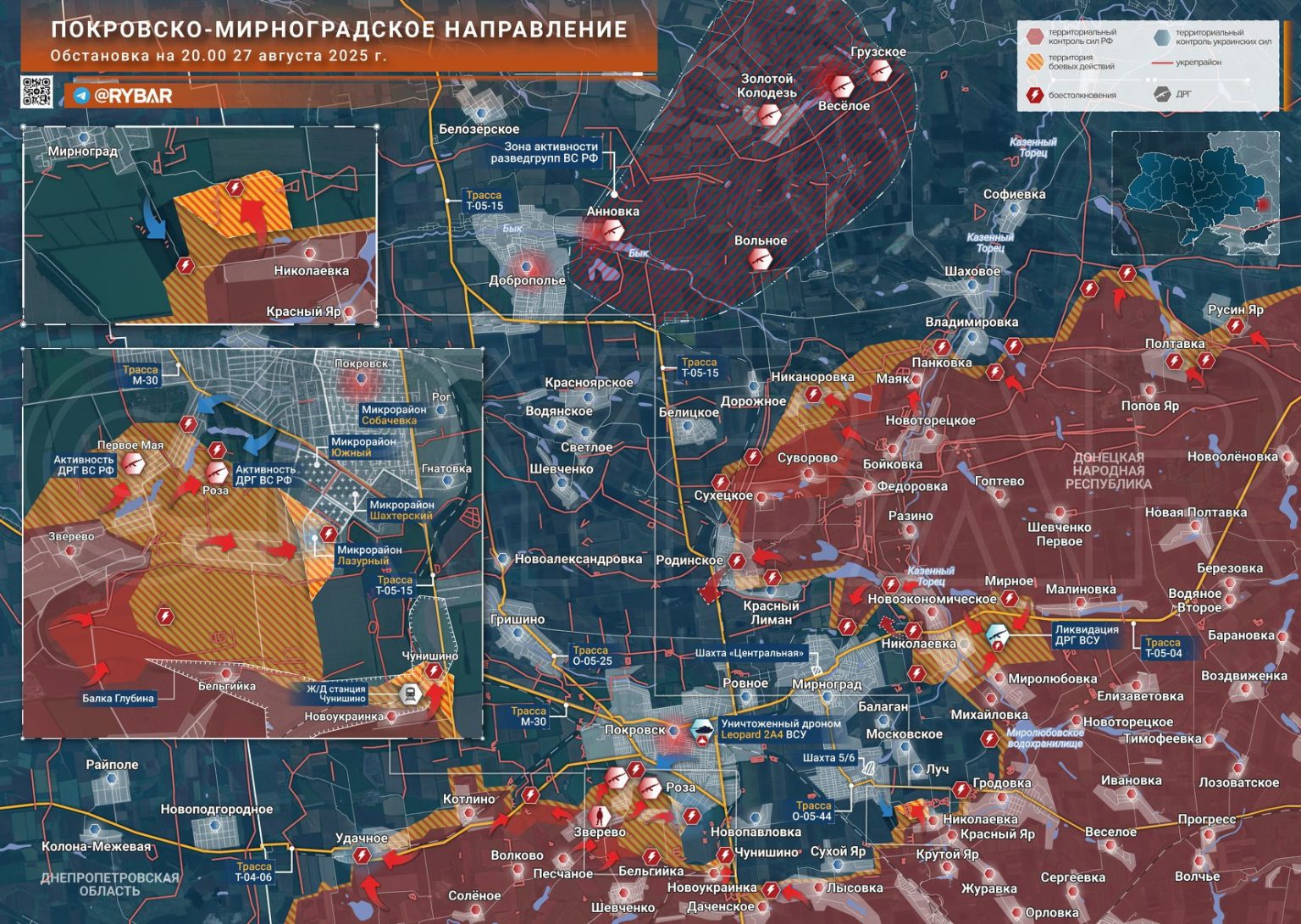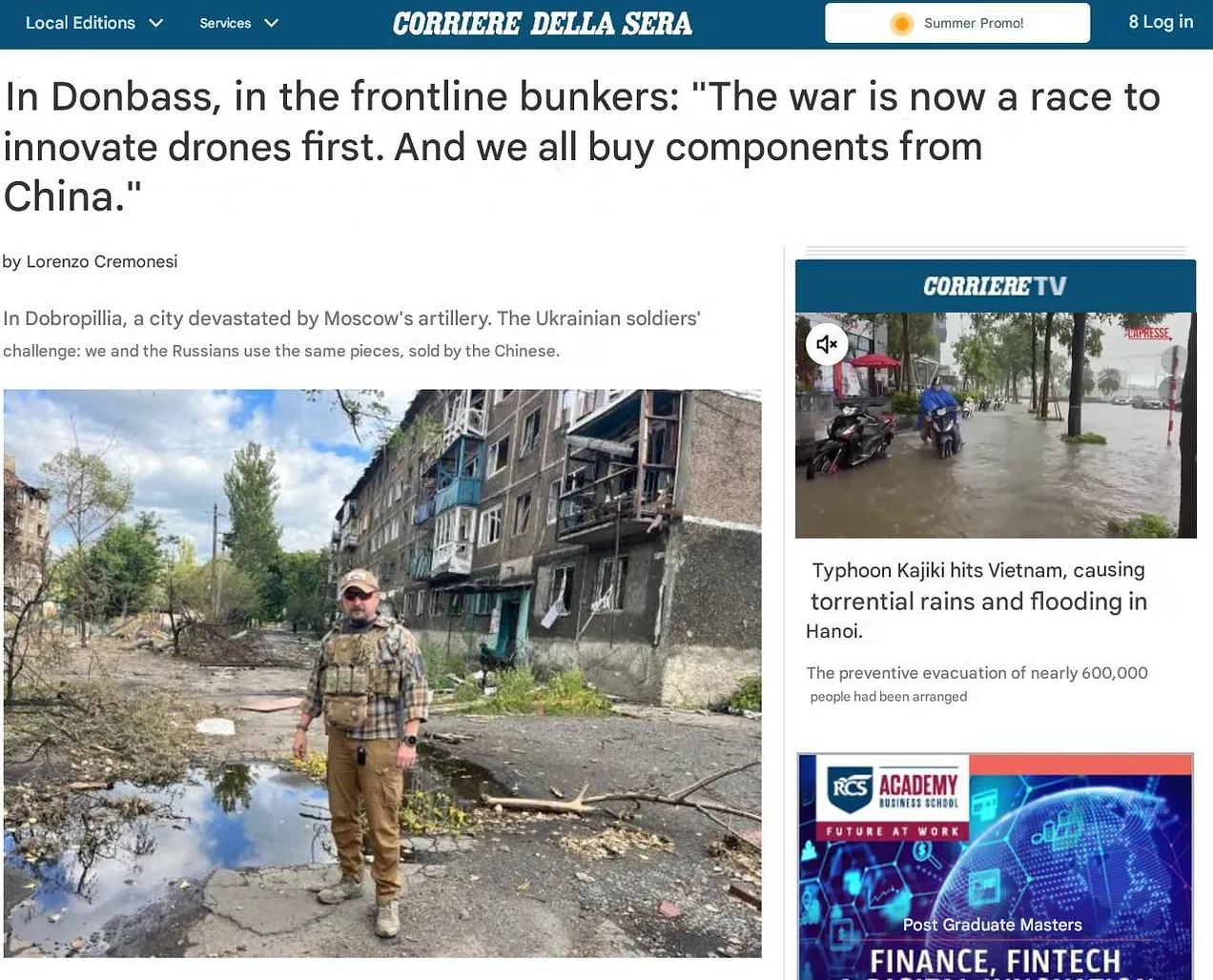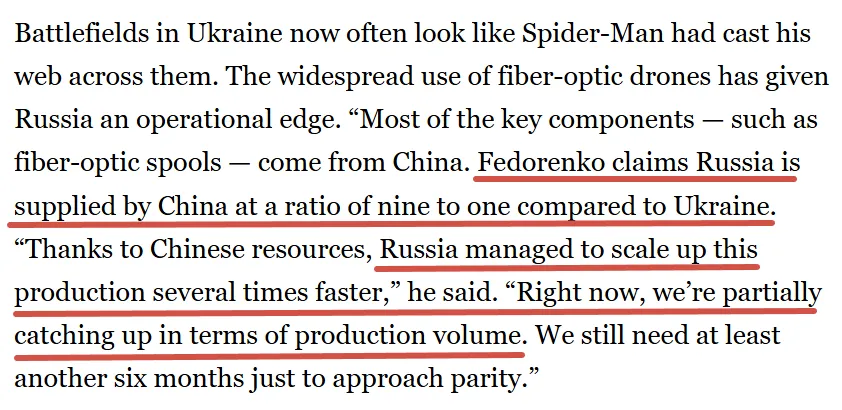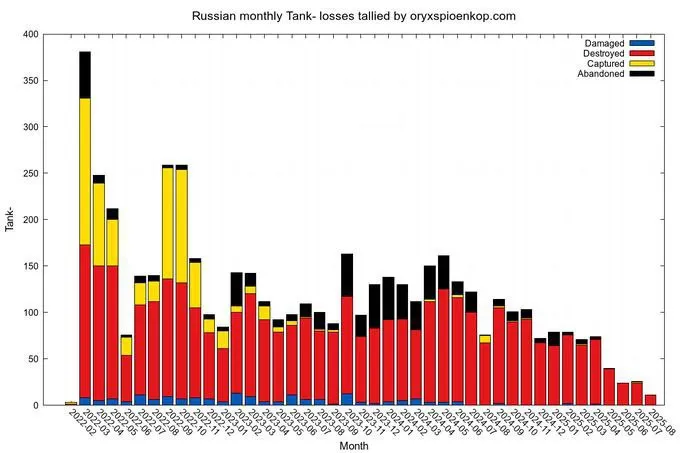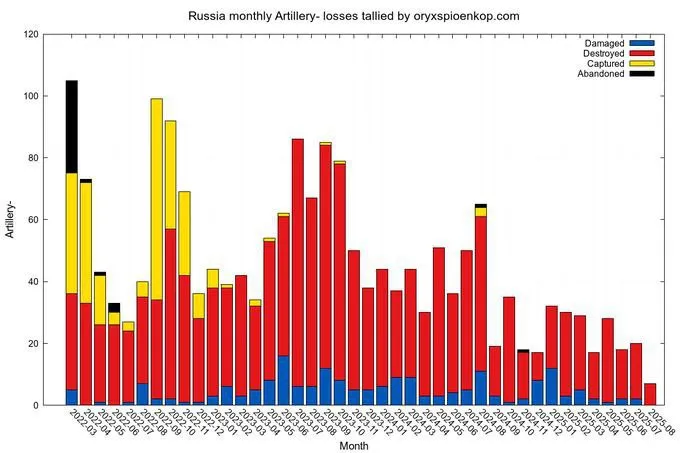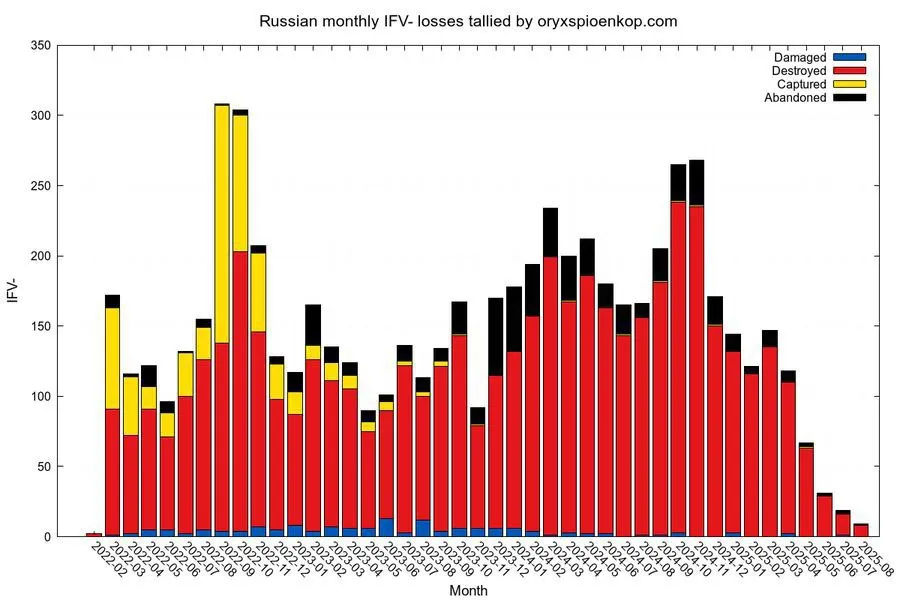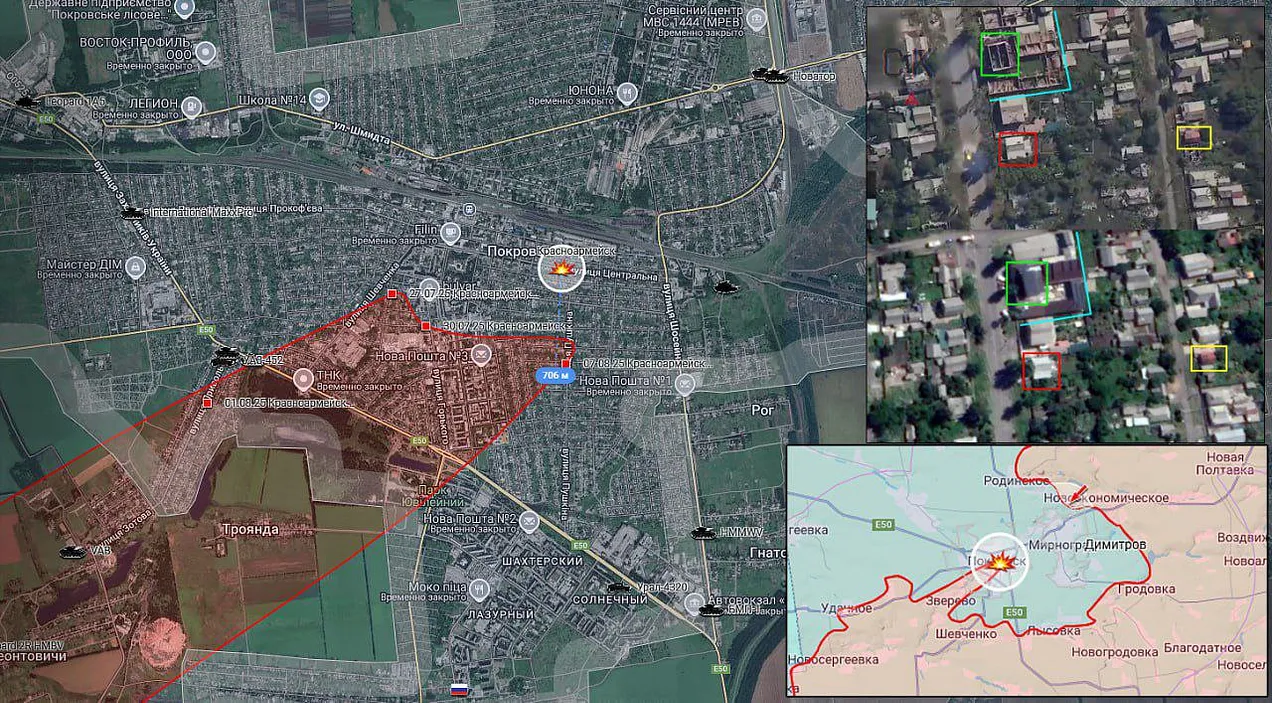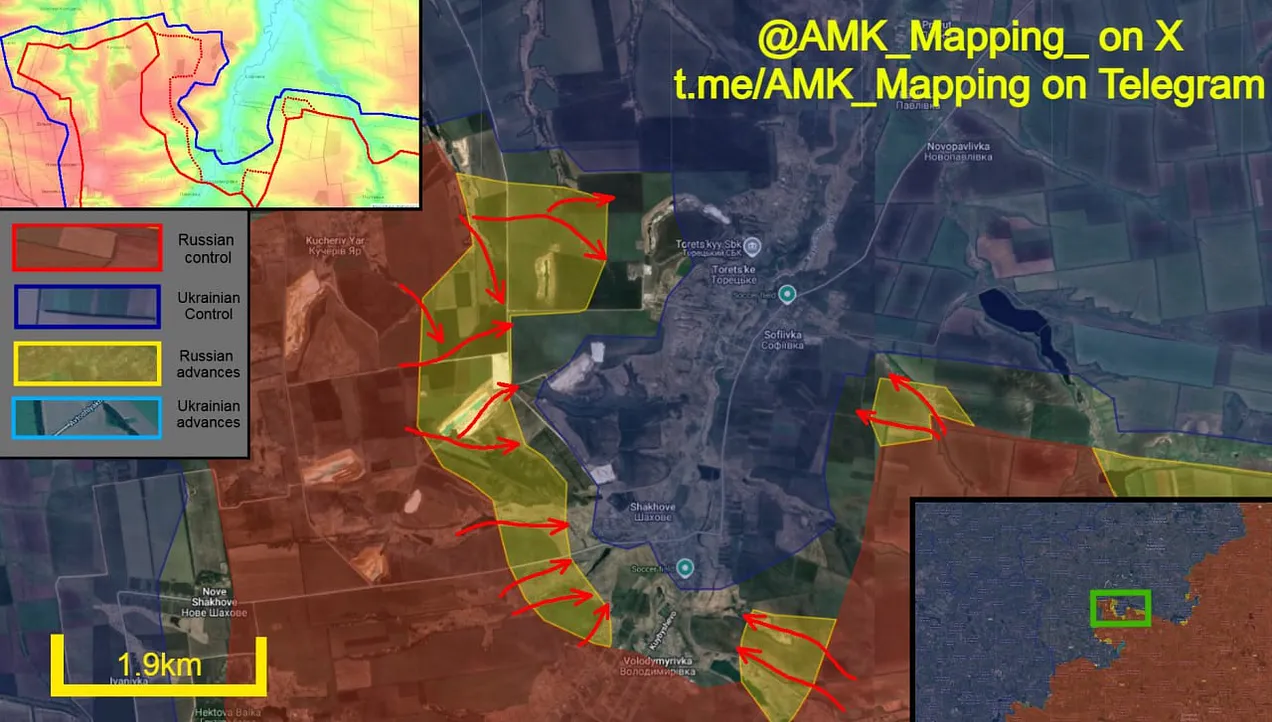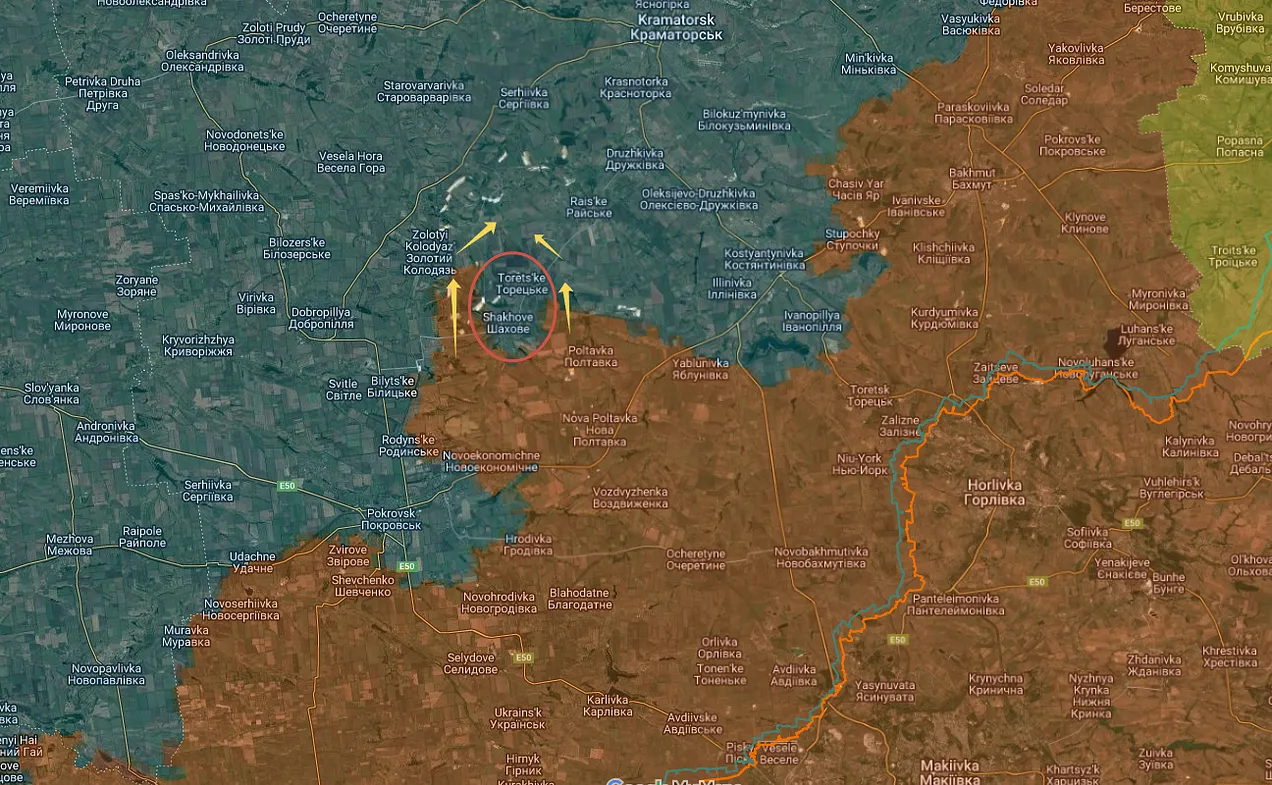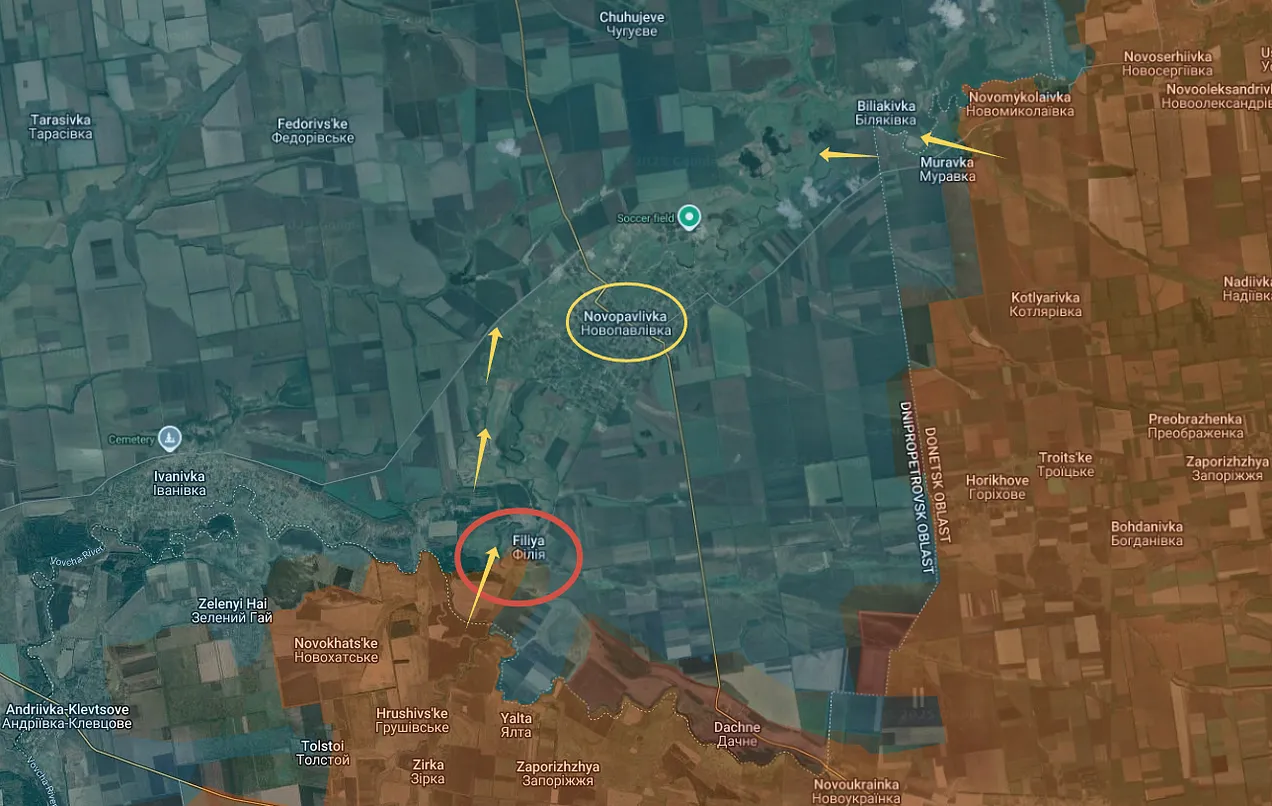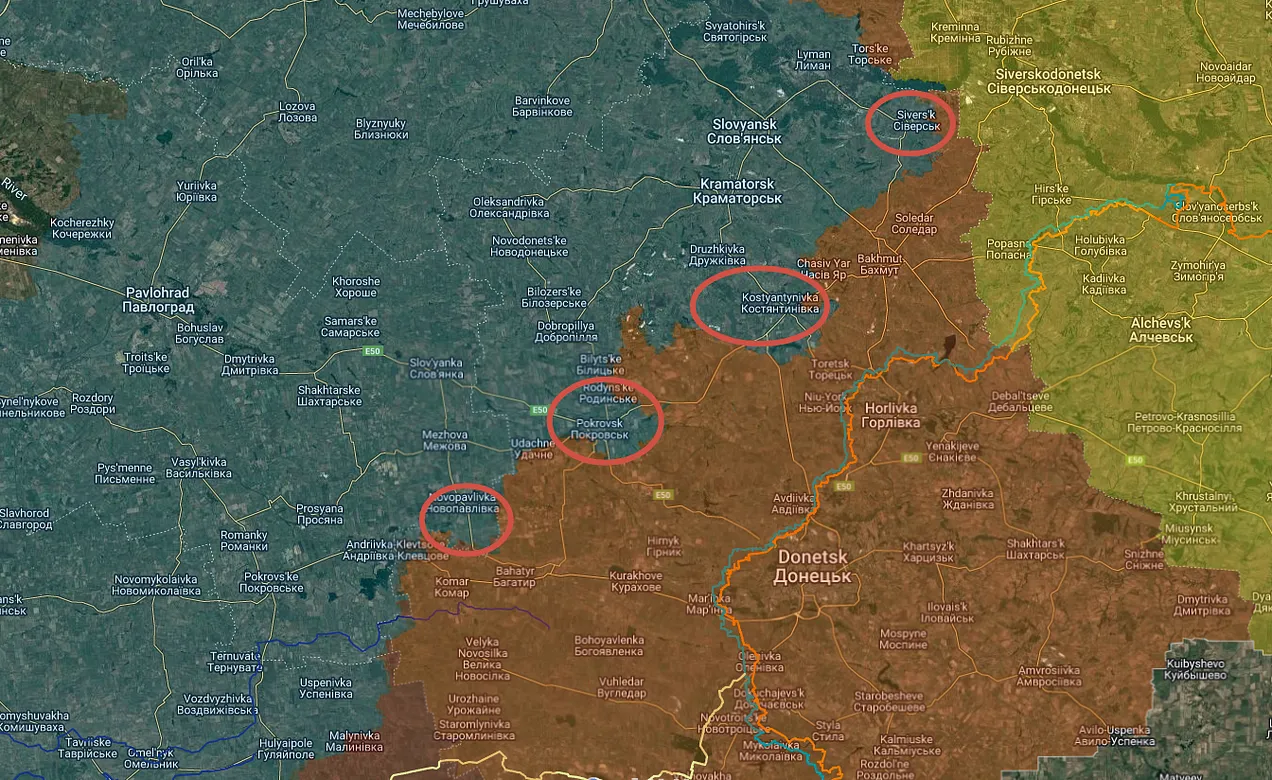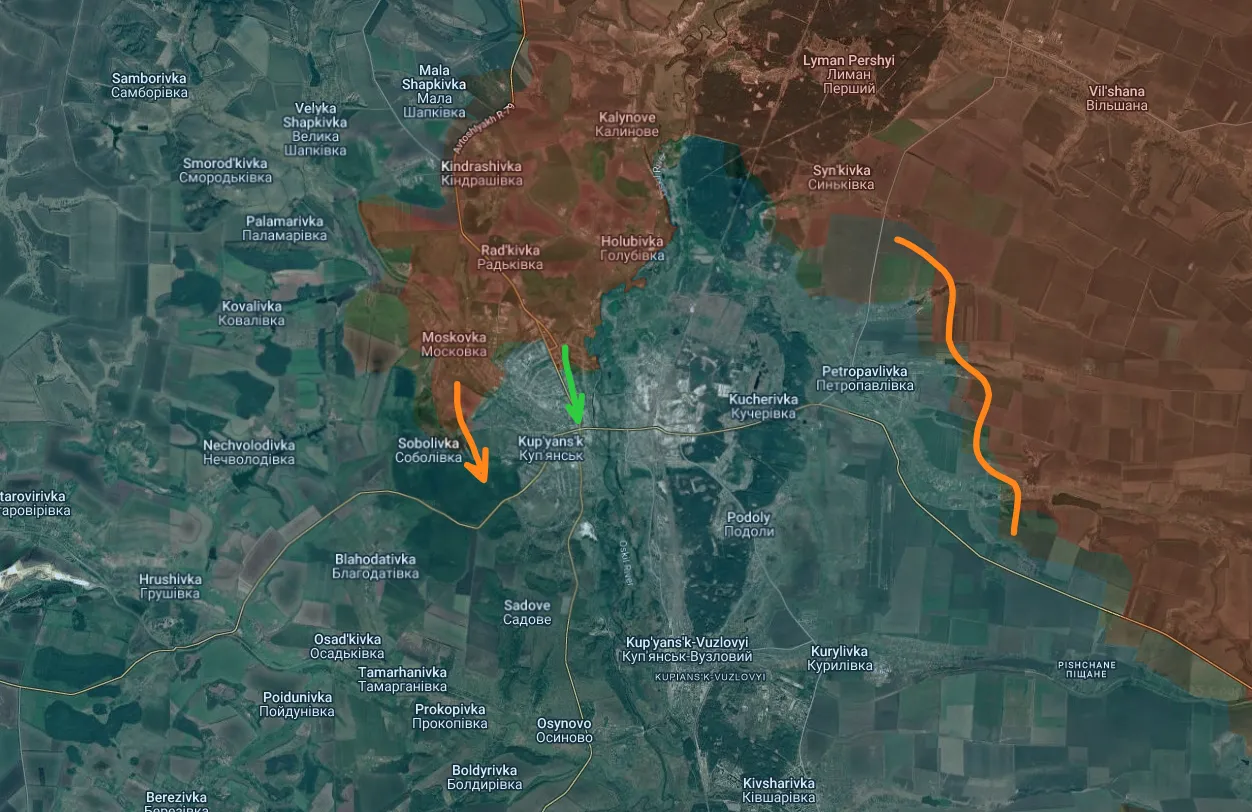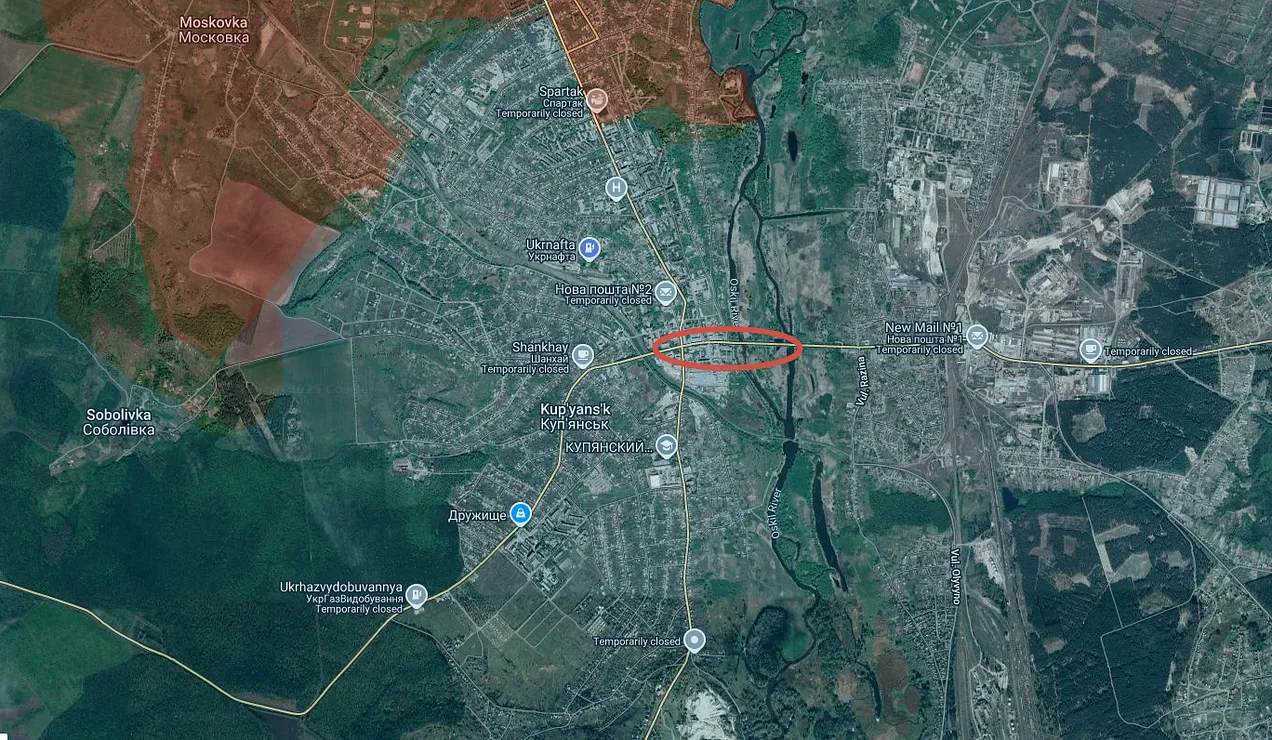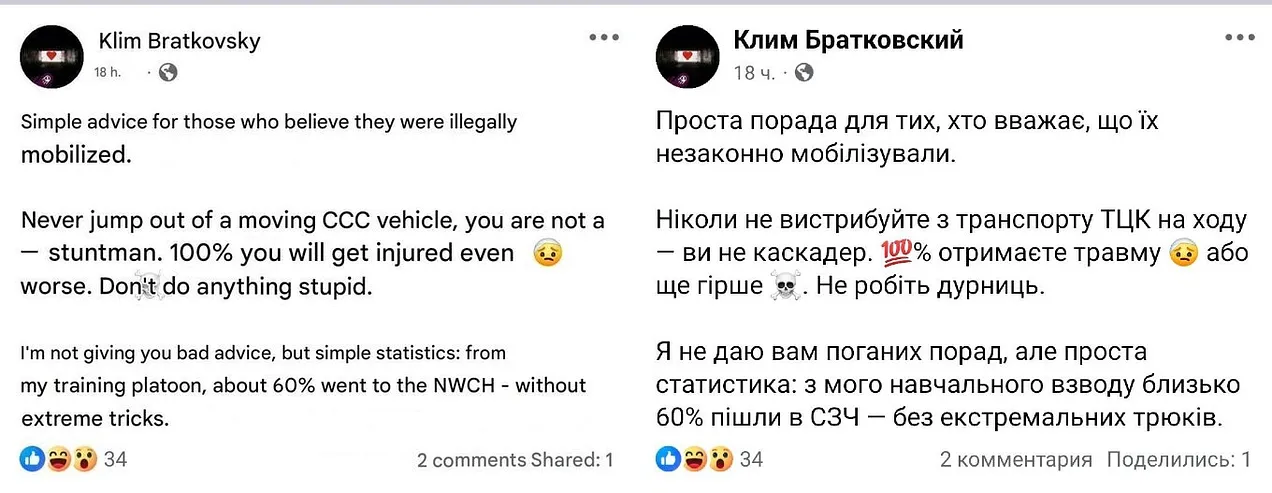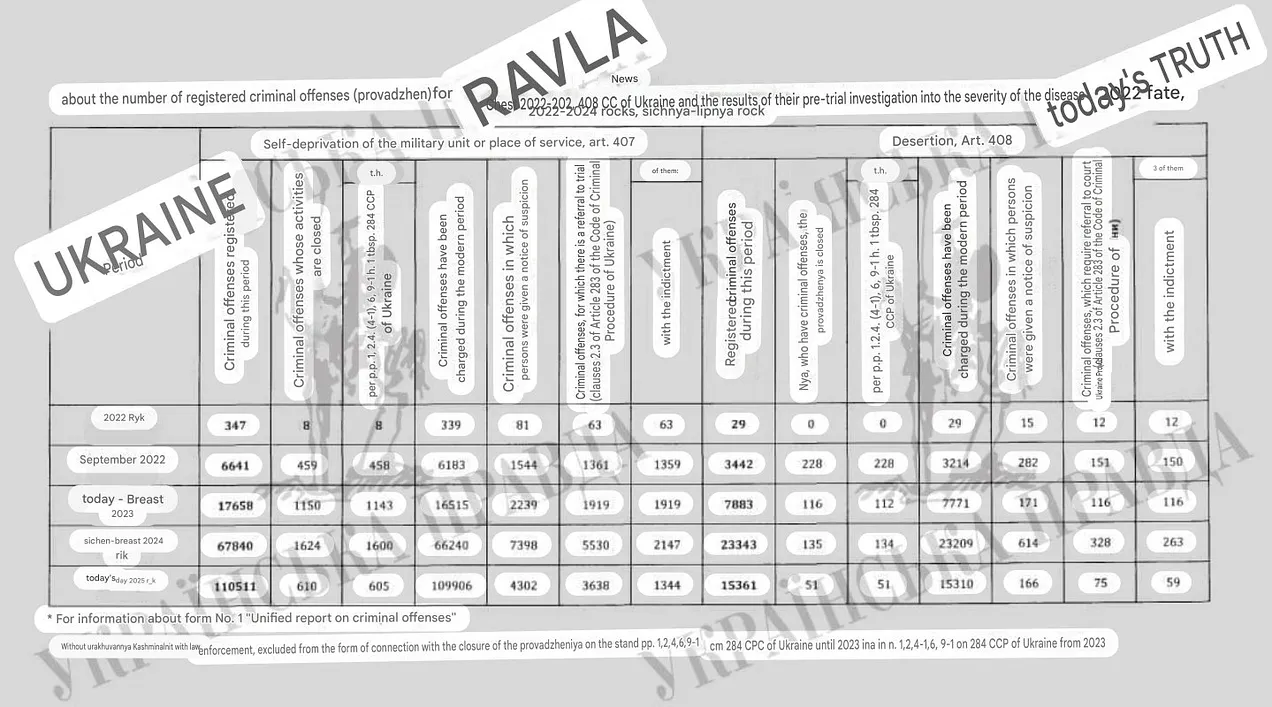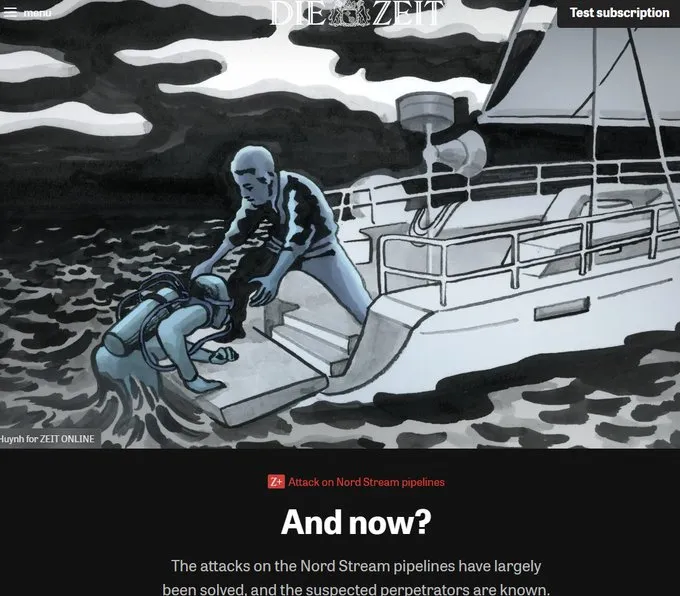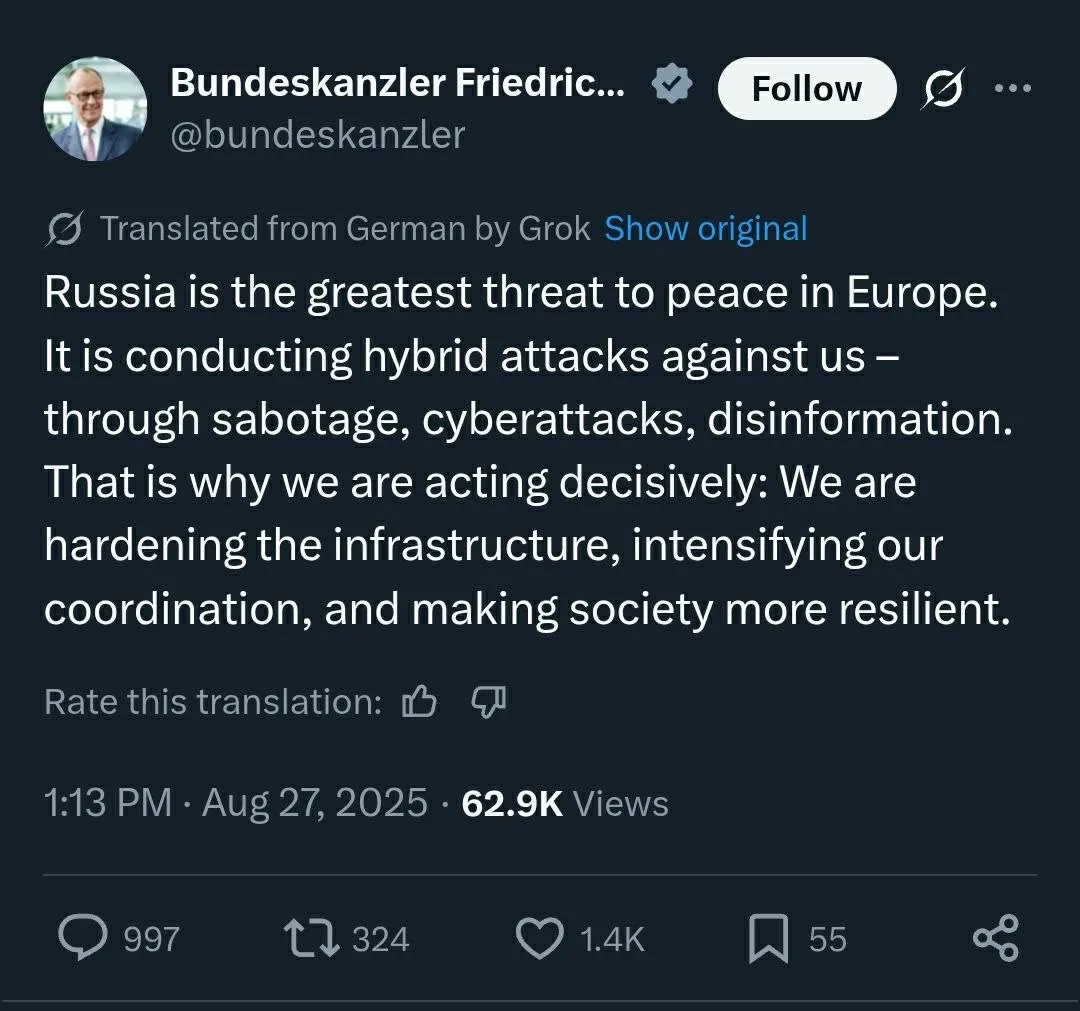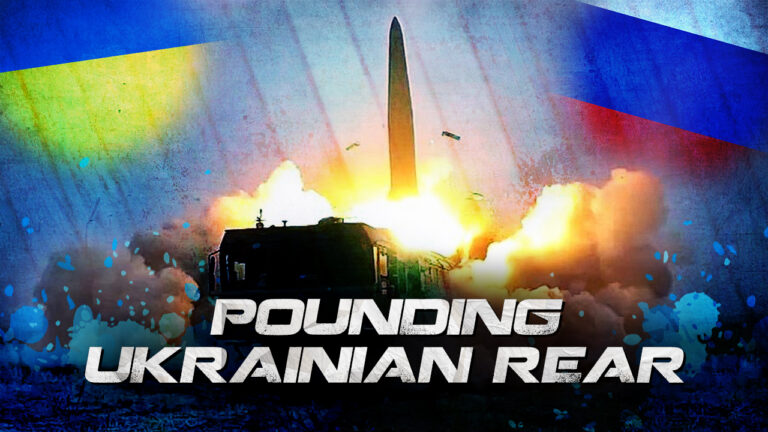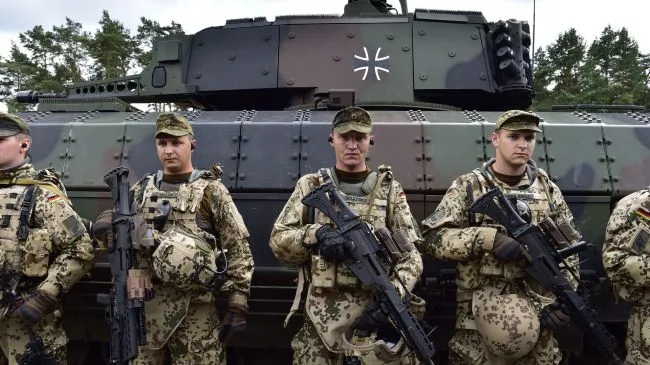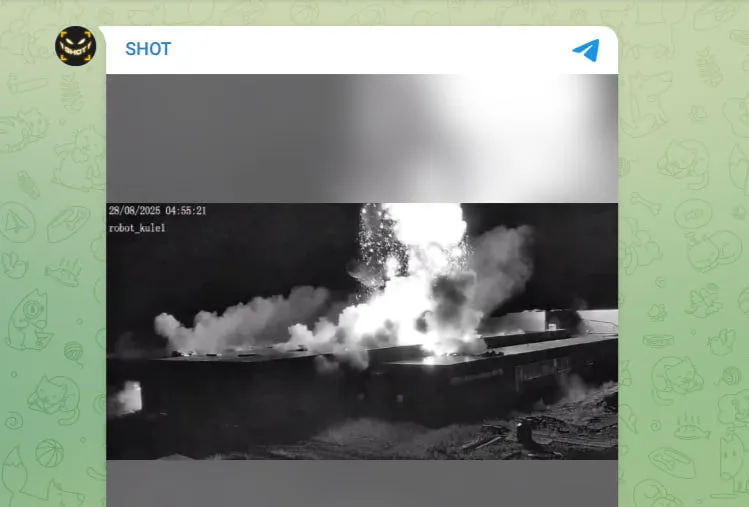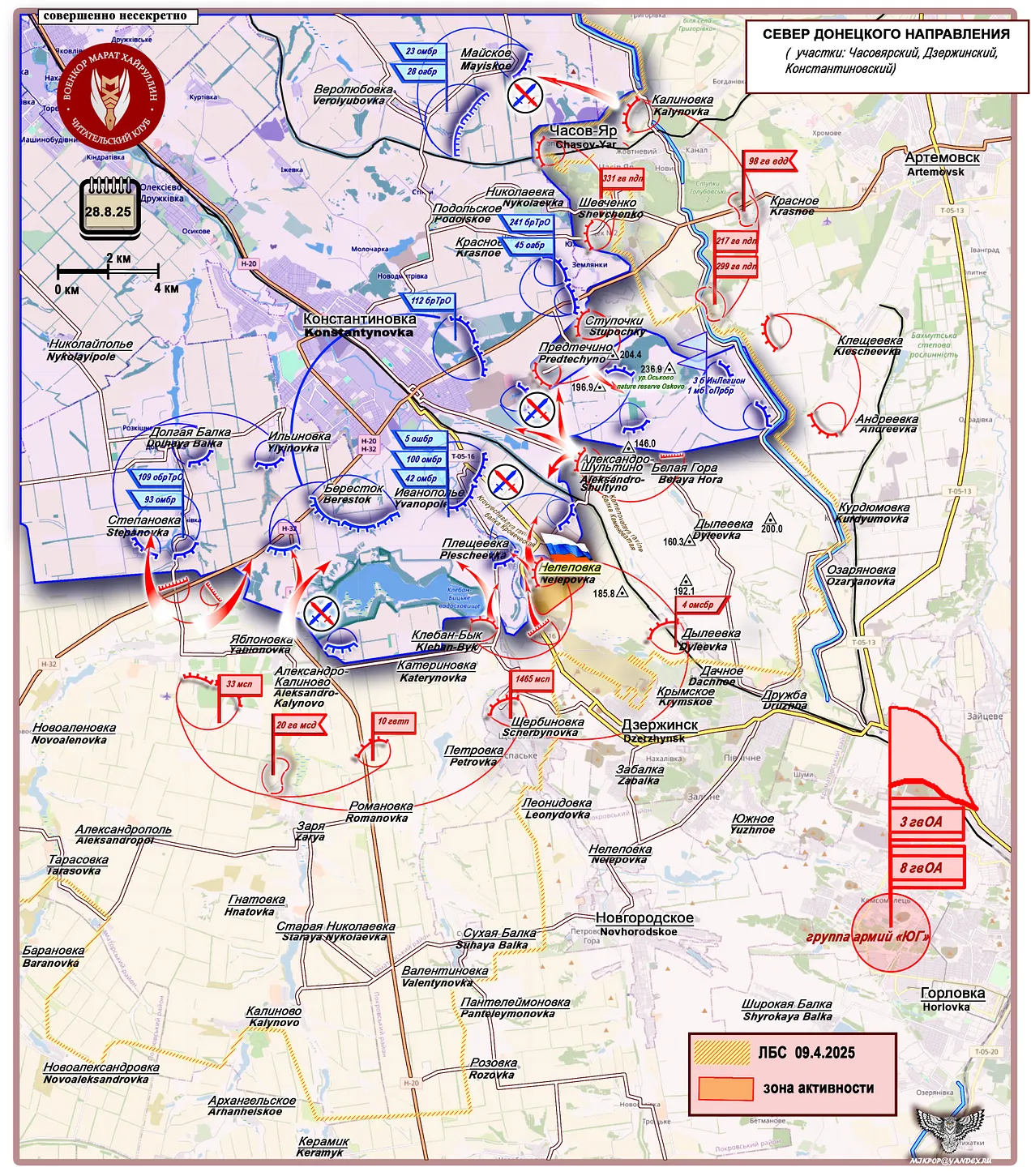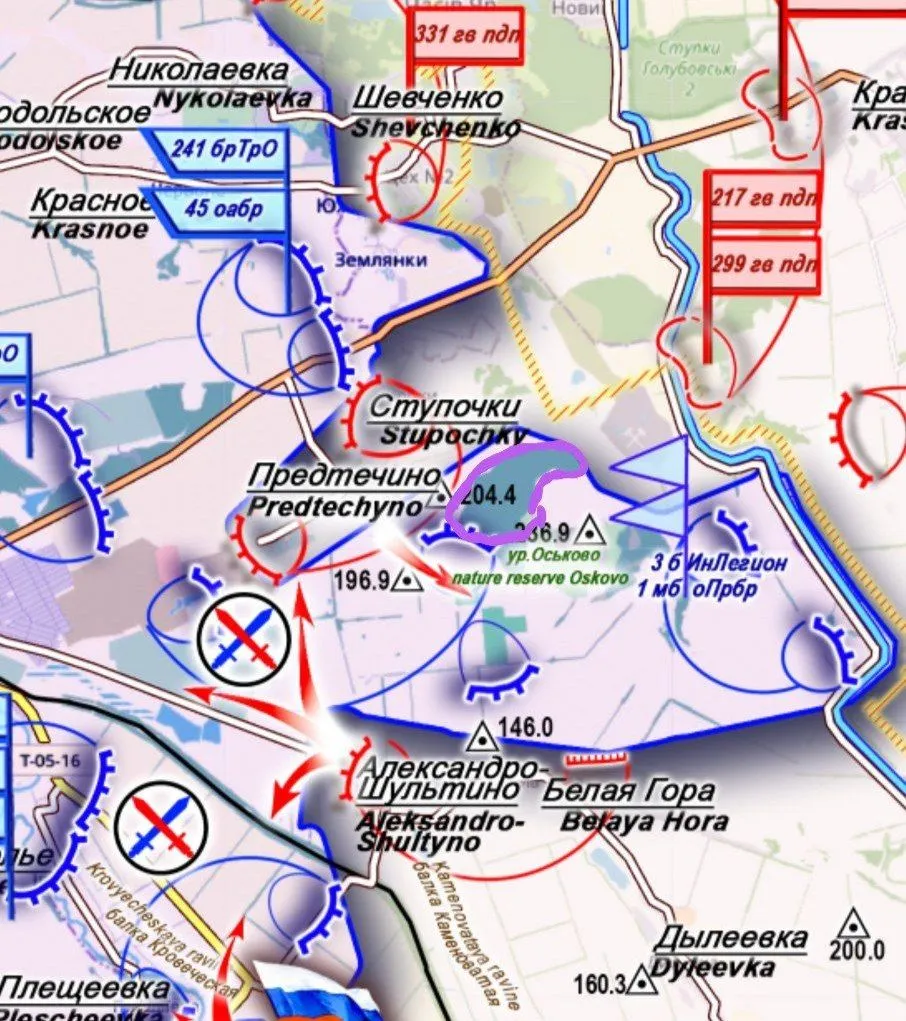Posted by @nsanzo ⋅ 08/20/2025

"We need more than a piece of paper," a member of Zelensky's party, quoted by the BBC , stated yesterday, evidently referring to the Budapest Memorandum, which has been manipulated as much as it has been used as an argument to continue the war. The meeting, which revealed the role of the European powers, escorting their proxy to praise the common standard and, through flattery, achieving their goals, did not yield great results, but it did make clear what the discussions will focus on. Ukraine, which treated the Minsk agreements as a piece of paper it never intended to fulfill, is not seeking a treaty, nor are its European allies, precisely because of its binding nature. Being able to manipulate the terms to achieve a prolonged negotiation process in which it never makes its own concessions while trying to increase those of others, has always been the clear strategy of the European countries and Ukraine, with seven years of experience in the art of combining avoiding its commitments and claiming to have already fulfilled them.
In this war, which, contrary to Donald Trump's claims, did not occur because of his electoral defeat, but which could have been avoided if, in 2021, the United States had negotiated with Russia on the issue of NATO expansion and the European countries that negotiated the agreements relating to the Donbass conflict had pressured kyiv to comply with what was signed, the fundamental issues remain the same: security and territories. The development of the Alaska and Washington summits, and the statements of Donald Trump—arbitrator, judge, and party to this war and its diplomacy—show the limits of what kyiv and Moscow can achieve under the current circumstances. Although it clearly dominates on the front lines, Russia is aware that it cannot inflict a severe defeat on Ukraine to impose its terms. Zelensky, for his part, must be aware of the weakness implied by his complete dependence on his partners, but he knows that he will continue to have the unconditional support of European countries and, albeit with some limitations, also of the United States, which is his greatest asset.
Judging by Donald Trump's words in recent days—always cautious, knowing that his opinions can change rapidly and contradict each other at any moment—the areas on which the parties will have to compromise in search of an agreement are clear. After the Washington summit, when both the media and the US president announced that Vladimir Putin had agreed to hold a bilateral and a trilateral meeting with Volodymyr Zelensky, for which European countries—desperate to ensure they cannot be excluded—have already proposed Geneva, Yuri Ushakov, the Russian president's unofficial spokesperson on the Ukrainian issue, specified that Moscow supported continuing talks between the two countries' delegations. According to this version, Russia has agreed to raise the profile of representatives from both countries, although a meeting between the two leaders has not been confirmed. Even so, it seems clear that, little by little, Russia is moderating its stance of avoiding a photo with Volodymyr Zelensky until there is a document to sign, thus avoiding the possibility of the meeting becoming a propaganda spectacle. Not upsetting Donald Trump is too important to cross him on matters that could be considered minor, so sooner or later, Russia will have to give in on this aspect, which will not be the only one. Zelensky has also received explicit orders from Donald Trump to "do what he has to do. He has to show some flexibility." In the same telephone appearance on his favorite show, Fox & Friends in the Morning , he added that he hopes "Putin is good. And if he's not, it's going to be a tough situation."
The attitude of the United States, the only real arbiter in the current situation, indicates that Russia will have to give in on the security issue, while Ukraine will have to do so on the territorial issue. Despite the image presented at the White House, sitting in a row around Donald Trump's desk, like someone receiving orders from a superior, the European countries wanted to boast by flattering the US president and providing only a few hints of their intentions to impress their interlocutor and guarantee his attention. The eleven occasions on which, as The Washington Post wrote yesterday , Zelensky thanked Donald Trump for his role in less than five minutes is a good summary of the White House summit. So is the delegation that the European countries chose to represent the continent in Washington: Ursula von der Leyen, who won Trump over by giving in to each and every one of the US demands; Mark Rutte, who called Trump "daddy" and thanked him for his historic role in NATO; Emmanuel Macron and Keir Starmer, who fueled the president's ego by inviting him to star in a military parade on the Champs-Élysées and giving him a handwritten letter from the king, respectively; Giorgia Meloni, with her anti-immigration policy; Friedrich Merz, who has accepted without complaint an economic model that eschews Russian energy, one of the foundations of his country's industrial competitiveness; and Alexander Stubb, who won the American leader's friendship by putting on a pair of checked trousers and inviting him to play his favorite sport, golf.
In a week in which the territorial issue had been repeatedly raised, more specifically the concessions Russia demands to reach an agreement, European countries sought to link territories and security to defend a model in which kyiv would emerge relatively well on both fronts. “The unity among EU leaders at today's virtual summit was palpable. We are all committed to a lasting peace that protects the vital security interests of Ukraine and Europe,” wrote Kaja Kallas yesterday, announcing that European countries will participate in providing security guarantees to Ukraine, a proposal that, according to Washington, will be ready in two weeks, and that the EU will continue to impose sanctions against Russia. Brussels has adopted the demand for a ceasefire—which the White House has ordered not to be repeated in public despite the German chancellor and French president's insistence on this unworkable proposal—but it hopes to replace endless war with eternal (political and economic) conflict. This requires a continued, multi-billion-dollar supply of arms, of course, from the United States. In Washington, Zelensky pledged to purchase $100 billion worth of American weapons, a huge investment for a completely dependent country, only possible because funding will come from the European Union.
The armed peace being prepared by London, Paris, Berlin, Brussels and Kiev also requires security guarantees in the form of boots on the ground , an armed mission by European countries that Russia has resisted in recent years, believing it to be a NATO presence camouflaged by national flags. After the pessimism that reigned last week in the Coalition of the Willing , which had leaked that the armed mission would not be for deterrence but for "tranquility," Donald Trump's words about security guarantees have once again put the military presence of European countries on the ground on the table as part of the security guarantees that the West seeks to force Russia to accept and that the United States understands as a way to compensate Ukraine for the territorial losses it is demanding ( de facto , since even partial recognition, by only the United States, of Russian sovereignty over Crimea has long since ceased to be discussed).
The US plan appears to boil down to offering Russia the right to maintain the territories currently under its control, with the likely return of the Kharkiv, Sumi, and Nikolaev areas currently in Russian hands, and to participate in NATO-like Article V security guarantees for Ukraine. This "historic step" highlighted by Zelensky and his European allies contrasts with the stance Western countries displayed in 2022, when Russia and Ukraine were negotiating a diplomatic resolution to the conflict. “The United States and its allies have been weighing how the West could provide Ukraine with alternative security guarantees should it renounce its NATO membership bid as a concession to Russia to end the war, multiple sources familiar with the matter tell CNN . The talks, which have directly involved Ukrainians, are at a very early stage, as US, Western, and Ukrainian officials are unclear whether the Russian negotiations are anything more than a smokescreen. However, they signaled that it is unlikely the US and its allies will ultimately offer Ukraine the kind of legally binding protections it is seeking,” Natasha Bertrand wrote on CNN on April 1, 2022. Western countries were unwilling to offer Ukraine the security guarantees that Moscow was offering. Therefore, although it is already being presented as a concession demanded from Russia, a way to exploit it in the future as a weakness for Moscow, the Kremlin's acceptance of this type of scenario, which will also include fine print, should not be considered a novelty. Simply resigning itself to seeing a contingent of NATO countries on the other side of the border would be a sign of Russian weakness in the negotiation process.
Once again confident in its ability to gain a presence on the ground with an armed mission that, according to Donald Trump, would be coordinated by the United States, which would offer the air cover, surveillance, and intelligence that Biden was reluctant to offer, the EU now seeks to protect Ukraine from territorial losses. By flatly refusing territorial concessions beyond what is currently under Russian control, European countries are also showing their weakness, as they legitimize what was unacceptable a few months ago: admitting that Ukraine will not regain its territorial integrity, not even the territories lost since the Russian invasion. In 2022, when the West refused to offer security guarantees and opted for war to regain territory, Moscow, which controlled a much smaller part of Donbass, pledged in Istanbul to return the territories of Zaporozhye and Kherson to Ukraine, even renouncing the land corridor to Crimea.
After obtaining for kyiv what Russia offered in 2022 in terms of security guarantees and less territory than the enemy was willing to give up, European countries are now seeking to prevent Donald Trump from forcing Ukraine to give up more territory in Donbass. "I suppose you've all seen the map. You know, a large part of the territory has been taken, and that territory has been taken. Now they're talking about Donbass, but Donbass, as you know, is currently 79% in the hands and under Russian control," Donald Trump stated yesterday. Ukraine's partners, who for seven years never pressured kyiv to implement the Minsk agreements, which would have seen it regain 100% of Donetsk and Luhansk, are seeking to prevent the loss of the 24% of Donetsk still under Ukrainian control. Aware that the idea that controlling Donbass would give Russia a better position to invade Ukraine again—something Trump is unlikely to believe—Stubb, a Finn, used an argument that European countries have historically used to demonstrate the supremacy of their civilization against the barbarism of others. “Slavyansk and Kramatorsk are a fortress against the Huns,” Stubb said, according to The Wall Street Journal, which claims that the argument impressed Donald Trump.
The comment, which implicitly calls Russia barbaric, is reminiscent of others made throughout history, which is not repeated, but rhymes. “The Huns, those barbarous tribes of the north, joined other savage peoples to hasten the ruin of the Roman Empire, with customs devoid of the civility found in sedentary nations,” wrote Montesquieu. “The ferocious and turbulent Huns, together with other barbarous nations, ravaged the Roman provinces, with their savage customs totally incompatible with the order of civilized society,” Hume added. The jungle had invaded the garden.
However, coming from a country that collaborated with Nazism in, for example, the siege of Leningrad, one of the greatest crimes in history, which starved hundreds of thousands of Soviet citizens to death until the Red Army managed to break the siege, Stubb's comment inevitably brings to mind a somewhat more recent one. “You know our allies, starting in the north: the brave and heroic Finnish people, who have once again proven their worth beyond all measure. But they are joined by: Slovaks, Hungarians, Romanians, and finally, allies from all over Europe: Italians, Spanish, Croatians, Dutch, Danish volunteers, even French and Belgian volunteers. I can say with all sincerity that, in the East, perhaps for the first time, all of Europe is fighting with a common goal: just as once against the Huns, this time against this Mongol state of a second Genghis Khan,” declared Adolf Hitler on November 8, 1941, who had invaded the Soviet Union five months earlier. With Finnish help, Nazi Germany was already besieging Leningrad.
https://slavyangrad.es/2025/08/20/basti ... ashington/
Google Translator
I think Russia can win this on the battlefield and it is only diplomatic considerations (ie China, India) which keeps Putin from unleashing the General Staff, which is straining at the bit. Taking Odessa would settle a lot on the ground, both for the people there and to deny NATO the area which is requisite for security.
*******
From Cassad's telegram account:
Colonelcassad
Russian hackers have published data that they present as a hacked database of the General Staff of the Armed Forces of Ukraine. The card index allegedly contains information about the losses of the Ukrainian army since the beginning of the Central Military District: 1,721,000 people killed and missing.
The dynamics by year look like this: 2022 - 118.5 thousand, 2023 - 405.4 thousand, 2024 - 595 thousand, 2025 - 621 thousand. Each file contains full name, photo, circumstances of death or disappearance, location, contacts of relatives.
If the information is confirmed, then we are talking about the scale of the loss of seven regular armies. Losses in the hundreds of thousands annually show that holding the front line is ensured not by the quality of units, but by the endless mobilization of those who either do not want to fight or do not know how.
An important detail is the trend towards accelerating losses. Over three years, they have grown almost sixfold: from 118 thousand to 621 thousand people. This indicates the depletion of human resources and explains Kiev's pressure on new mobilization laws.
If the data on the destroyed Ukrainian Armed Forces is correct, then 1.7 million two-hundredths indicate that the total losses (1 to 5), including the wounded, missing in action and deserters, are approximately 8-8.5 million people. "Military Chronicle"
***
Colonelcassad
"Russians! I am now addressing all Russians, the inhabitants of Ukraine and Belarus in the Balkans are also considered Russians. Look at us and remember - they will do the same to you when you disunite and give in. The West is a rabid chain dog that will grab your throat. Brothers, remember the fate of Yugoslavia! Don't let them do the same to you!"
On this day, August 20, 1941, the brave president of Yugoslavia Slobodan Milosevic was born.
@molotov_akhmat
***
Colonelcassad
Macron has once again stated that one of the guarantees of Ukraine's security should be the presence of a "deterrent force" from the European military.
Germany does not have enough troops to send to Ukraine, a German MP is worried.
Andreas Schwarz is responsible for parliamentary oversight of the German defense budget.
"We simply do not have the personnel for a large contingent. Even a small deployment would be a difficult task,"
Google Translator
https://t.me/s/boris_rozhin
*******
British PMCs in the War in Ukraine
August 18, 21:03
British PMCs in the War in Ukraine
One of the key instruments of its strategy has become private intelligence companies (PICs). These structures are formally independent, which allows London to distance itself from direct responsibility for their actions, but in practice they often perform tasks that correspond to the interests of the Foreign Office, the Ministry of Defence and the Foreign Intelligence Service (MI6). In addition, the number of PICs has been constantly growing since 2014 and has now reached one hundred.
In terms of functionality, British PICs have a whole range of capabilities:
- OSINT (collection and analysis of open data);
- HUMINT (intelligence work and personal contacts);
- Cyber intelligence and cyber operations;
- Strategic consulting, crisis management and support of projects in high-risk markets.
Their demand is due to a number of factors: the absence of a heavy administrative structure, efficiency in decision-making, flexibility in the choice of methods and tools.
At the same time, PICs can operate in areas where direct involvement of the state would be politically, legally or reputationally risky.
Of particular interest are the operations of British PMCs aimed at countering Russia both near its borders (the so-called Ukraine, the Caucasus, Central Asia) and in remote traditionally conflict zones (Africa, the Middle East, Afghanistan).
In these regions, PMCs not only perform intelligence tasks, but also participate in resource competition, public opinion formation, information campaigns and economic operations.
Key players in the industry
Renova Associates Ltd and partners
Renova Associates Ltd is a British consulting and intelligence structure founded by Guy David Spindler, a former MI6 officer who at one time worked in Africa, Poland and Moscow.
In addition, Spindler was once the chief operating officer of the Russophobic Integrity Initiative program aimed at "combatting Russian disinformation." In 1991, he worked under the head of British intelligence, John Scarlett, and in August 1991, he organised a meeting between the British ambassador Roderic Braithwaite and Boris Yeltsin.
From 2006 to 2009, he headed the central office for policy issues, including responsibility for the legal part during a number of complex legal problems faced by the British government. After leaving the government, Guy was engaged in consulting on democratic governance and Africa.
The company specialises in strategic analysis and consulting of private and public entities in conditions of systemic conflicts and global change. In public materials, Renova emphasises its “deep understanding of systemic competitors, especially Russia”, which directly indicates the anti-Russian orientation of a significant part of its projects.

The company's functionality includes conducting comprehensive research based on technical search (including in the shadow segment of the Internet), involving narrow experts under the guidance of a leading analyst, preparing formalized reports with recommendations, working with commercial structures and government institutions.
A feature of this structure is an extremely high pricing policy. Hourly rates for specialists reach 300-350 pounds, individual two-hour expert sessions are estimated at ~3500 pounds.
Rezolutionz Limited
Rezolutionz Limited is one of the closest partners of the above-mentioned PRC Renova Associates Ltd. The organization is headed by Hugh Michael Ward, who served in the Royal Engineers of the United Kingdom from 1985 to 2004.
The company's permanent experts include John Loch, who is also a permanent expert for the above-mentioned Renova company and an associate research fellow for the Russia and Eurasia program at Chatham House (whose activities are recognized as undesirable in Russia).
Fluent in Russian. Member of the board of directors of the foundation of foreign agent Mikhail Khodorkovsky, the Future of Russia Foundation, and, moreover, is a person with the right of decisive signature in this organization.
In December 2018, after the crash of the Malaysian Boeing in Donbass, John Loch published an article: “Non-violent resistance to the Kremlin. Why the West reacted so weakly to the Azov incident,” where he accused Western countries of not wanting a direct confrontation with Russia.
The company's permanent experts also include the notorious Christopher Nigel Donnelly, who was “exposed” in organizing the explosion of the Crimean Bridge. At one time, he helped create and then headed the British Army Research Center for the Study of the USSR at the Royal Military Academy Sandhurst. In fact, it was he who taught an entire generation of officers and, subsequently, political leaders to understand the different mentalities of their potential opponents.

In 1989-2003, he worked as a special adviser on Central and Eastern European affairs to four NATO secretaries general. He also took a direct part in resolving issues related to the collapse of the Soviet Union and the reform of newly-emerged democracies in Central and Eastern Europe, helping many of them join NATO and the EU.
In addition, this subject is currently seen as an adviser to the Lithuanian Ministry of Foreign Affairs (whose political course is no secret to anyone).
One of the most striking "cases" of Rezolutions Limited is the development of an operation to export grain from the so-called Ukraine to the Black Sea. The safety of dry cargo ships was supposed to be ensured by means of land-based missile systems, as well as the so-called Q-Ships, i.e. decoy ships (civilian floating craft covertly equipped with anti-ship missiles - which is generally observed now: the use of civilian ships as carriers of BEK or Himars systems).
African century 21
Another partner of Guy Spindler from ChRK Renova. A specialized strategic analytical and consulting firm focused on Africa.
It is involved in providing information and detailed recommendations to governments, corporations and investors for making strategic decisions. However, for the most part, the firm focuses on monitoring and containing Russian influence in the countries of Central and Southern Africa, especially in the CAR.

In 2022, the company, commissioned by the British government, prepared a detailed analytical document on containing Russia in Central Africa, which provides a detailed analysis of the activities of the Wagner Group in the CAR, prospects for the development of the situation, as well as steps that need to be taken to contain Russia's efforts in this area.
"Aviation Policy" of Renova Partners
Structures affiliated with Guy Spindler assessed in a legal vein the issues of Russia's use of foreign airline aircraft after the start of the SVO.
In particular, it was established that Renova Associates Ltd and law firms HFW and INCE worked on the provision of consulting services in the process of preparing for litigation between owners of aircraft re-registered in Russian jurisdiction and insurers.
The subject of the consultations was defined as an in-depth study of the internal processes of political decision-making in Russia, the specifics of national jurisprudence, existing precedents and traditions of following the "letter of the law" in Russia and other nuances that may be known to Renova employees and could be useful in court. In this
case, the talk was actually about preparing for legal proceedings on the side of the insurers and, with the help of the firm's experts, grounds were sought for refusing insurance payments in connection with political decisions of the Russian government and not falling under the provisions of the insurance policy.

In this case, it is interesting that the British lawyers actually acknowledged the impossibility of getting the re-registered civil aviation fleet back and openly played on the side of the insurers. At the same time, they hired a company with the necessary competencies and knowledge of Russia for the necessary argumentation.
At the same time, the main interest is presented by the final analytical note prepared by Renova Associates Ltd. It contains assessments of the actions of the Russian authorities and forecasts for the further development of the situation.
In particular, it stated the following:
- Russia is not a state governed by the rule of law, in which compliance with the law occurs only in words. Russia has only the attributes of a state governed by the rule of law;
- An attempt at democratic reforms in Russia did not work - Russia has been systematically moving away from Western values and rules for more than 20 years;
- There is extensive criminalization of state power mechanisms in Russia - the law enforcement system is configured exclusively to support and strengthen the usurpation of power;
- Laws are sacrificed for political expediency - when necessary, the rule of law can be violated;
- Russia has a kleptocracy, while a class of oligarchs was specially created who were allowed to accumulate assets in exchange for loyalty and the need to part with them at the request of the Kremlin;
- The return of aircraft to lessors is impossible, because air traffic is a critical element of domestic political stability and any deterioration in this area threatens serious regional turbulence;
– Putin believes that he is waging a real war with the West and will use any measures available to him to weaken the enemy. At the same time, Putin “doesn’t give a damn” about Russia’s reputation in the eyes of foreigners.
Simon Mann and his ChRK
A certain amount of attention was attracted by a character named Simon Mann, a mercenary and former SAS officer, who was noted for his role in the creation of several ChRKs at once.
What makes his biography especially intriguing is the fact that Mann died of a heart attack at the age of 72 in May 2025. But these are just details.
After leaving the army, in 1996 he founded Sandline International together with former Scots Guards Colonel Tim Spicer.
Sandline worked mainly in Angola and Sierra Leone, managing to get into the negative spotlight after a contract with the government of Papua New Guinea. In addition, some media reports suggest that on March 7, 2004, Mann, while working for the PMC Executive Outcomes, led an attempted coup in Equatorial Guinea.
He was arrested by Zimbabwean police at Harare airport along with 64 other mercenaries. He ultimately served three years of a four-year sentence in Zimbabwe, and less than two years of a 34-year, four-month sentence in Equatorial Guinea.

In addition, Mann is the author of the project to create an irregular military unit called "Legion" with a total of about six thousand people in Mozambique. According to the official version, the unit's task was to carry out tasks to liberate the territories of Cabo Delgado from ISIS units (a terrorist organization banned in the Russian Federation).
The main goal of this project is to take control of gas reserves on the Mozambican shelf, as well as a gas processing plant in the city of Afgun.
At the same time, in 2020, the media reported that Wagner PMC fighters left Mozambique due to "several defeats and the inability to effectively conduct combat operations in difficult African conditions" and instead, local authorities brought in the British PMC Dyck Advisory Group, which worked in the country until March 2021.
The presence of the "Legion" was positioned as "the exercise of Mozambican sovereign power to defeat the Islamist insurgency in Cabo Delgado, which risks spreading far beyond its borders." In this regard, the brigade was to consist mainly of local representatives of the armed forces, as well as a certain number of "foreign instructors."
The local part consisted of volunteers - fighters of the armed forces of Mozambique, who were selected, trained and equipped accordingly. External forces (the so-called "outsiders") were professional soldiers from any country - mercenaries.
The recruitment and provision of "outsiders" was supposed to be handled by the Maputo-based STTEP (Specialised Tasks, Training, Equipment and Protection) team, which is the successor to the already mentioned British PMC Executive Outcomes - which is currently structurally part of the PMC Dyck Advisory Group).
Simon Mann was involved in other processes as well. We have at our disposal correspondence between Mann himself, an unknown person named "Paul Portz" and Afghan businesswoman Hassina Sayed, as well as her husband, Peter Jouvenal, concerning the organization of deliveries of weapons and ammunition from Afghanistan to Ukraine for a total of approximately 4.2 billion US dollars using Soviet IL-76 cargo planes on the Bagram-Sharji-Kiev route under the guise of humanitarian aid.
In particular, the correspondence materials discuss the development of the so-called "Project 1", which consists of the transfer of a significant amount of weapons and equipment from Afghanistan to Ukraine.
The following were discussed, among other things: deliveries of 33 Blackhawk helicopters, 10 AC 208 Cessna helicopters, 29 Brazilian A-29 CAS (Embraer) light turboprop attack aircraft, 32 MI-17 helicopters, 32 MD 530 (Light helicopter) helicopters, a significant number of Humvee armored vehicles, m113 and m1117 armored vehicles, as well as individual armor protection equipment, personal weapons and ammunition.

Of particular interest is the subsequent correspondence, which discusses the characteristics of the Il-76 aircraft (including the capacity and ability to transport HMMV armored vehicles), as well as the routes (range) from Sharjah (UAE) to Bagram (Afghanistan) and to Kiev (the so-called Ukraine); the nuances of logistics for flights to the so-called Ukraine were also discussed - routes from Bagram or Sharjah, as well as the possibility of using the Qatar airfield as a transshipment hub.

At the same time, a discussion was conducted on which humanitarian cargo is best suited for flights - i.e. convenient options for encrypting deliveries were selected. In addition, the issue of the security of the air corridor was raised - whether it is protected from Russian influence and whether it is necessary to organize an escort from the United States.
Prevail Partners Ltd
Another PRC, which is made up predominantly of former British intelligence officers, provides a full range of security services, including intelligence, financial investigations, strategic consulting, risk management and technology integration.
Prevail also has special forces-led close protection units that provide fast and secure evacuations from all parts of the continent.
Prevail Partners is also known for its financial investigations into the assets of Jan Marsalek, the former COO of the now-bankrupt fintech firm Wirecard, the facts of former Libyan President Muammar al-Gaddafi’s “bankruptcy of his country”, the clarification of the circumstances of the creation of a global network of illicit assets worth more than one billion dollars used by former Egyptian President Hosni Mubarak and his confidants, as well as a host of other illegal financial machinations.
The company works with global law firms and international banks, and is engaged by governments of various countries. Considering the short history of the company (six years), this fact testifies to the serious authority of its founders among the British authorities and the absence of doubts about the professionalism of the team.
Prevail differs from its competitors in that its entire management team comes from the British military special forces. The company's management is represented by former army intelligence officers Damian Huntingford and Justin Hedges. The intelligence unit is headed by a former military intelligence officer of the Royal Army, Darin Liddle.

The company is closely involved in the information support of activities carried out by British agencies on the territory of the so-called Ukraine. In particular, it regularly publishes reviews of the military-political situation in the so-called Ukraine.
On February 16, 2022, the company published a report according to which Russia was ready to "launch an invasion of Ukraine" within two weeks.
This company also prepared a guide for foreign mercenaries on visiting frontline territories, namely Kurakhovo and Odessa: it described the safest routes, the probable change in the line of combat contact, opportunities to hide from artillery strikes, etc.
Emerald BI Limited and Caracal BI Limited
The head of both structures is Donna Elaine Cox, who worked for 16 years in MI6 and 12 years in private intelligence. Works through a network of subcontractors, carries out projects in Africa, Eastern Europe and Latin America. The largest client is the GemCorp corporation.
Emerald BI Limited in the so-called Ukraine was associated with an attempt to sell Siemens Westinghouse gas turbine generators "for the needs of the Ukrainian government." Many people were involved in this "process", including the British ambassador to the so-called Ukraine. One of Donna Cox's partners in this case was even knighted former member of the House of Lords Henry Bellingham.
However, this plan did not work, as it harmed the interests of American structures in the so-called Ukraine.
As noted above, the largest client of Emerald BI Limited is GemCorp, which, in addition to having commercial interests in a large number of countries in Asia, Africa and Latin America, "supplies" Donna Cox's company with new clients (such a practice is also a characteristic feature of the British business community and its interaction with the PRC).
GemCorp has set tasks for Emerald BI Limited in dozens of countries, starting in 2023. The PRC studied the Ghanaian environmental fund, the political situation in the DR Congo, the owners of an oil refinery in Liberia, an energy company in Sierra Leone, the political establishment of Chad, etc.

The example of Emerald BI Limited's cooperation with GemCorp in the African direction can highlight some interesting features of the work of all British PRCs.
Donna Cox corresponds only with one performer engaged in collecting and analyzing information - Victoria (mail nickname Saxi Fraga, address saxifragaceae2023@gmail.com). She interacts with Cox when implementing all Emerald BI Limited projects around the world.
The algorithm looks like this. Cox sends Victoria a list of questions, the amount is discussed (as a rule, Cox has already discussed the cost with the client before starting the interaction with Victoria, and it can change very slightly), the terms (as a rule, they are quite short, up to one month).
Then, over a certain period of time, Victoria sends interim reports to Donna, and at the end - a final summary, which, by the way, is not some kind of multi-page document, but, as a rule, quite short.
The amounts for the services rendered fluctuate in the range from 5 to, maximum, 15 thousand pounds sterling. It is not clear what the pricing depends on. The amount of expenses itself is not specified, but it definitely does not include the prices of air tickets, hotels, etc. Depending on the "order", the client is given a very serious circle of sources that are planned to be used to cover his issue.
The list includes contacts (naturally, impersonal) from national intelligence agencies, police services, presidential administrations, specialized agencies, business circles, etc.
And, in all cases without exception, these same officials are always unoccupied during the specified time interval, are "on site" (not on a business trip, not on sick leave, not transferred to another area) and, at the first call, contact representatives of foreign intelligence services (even former ones) without any problems.
At the same time, any solutions to the tasks set in any country are carbon copies. The correspondence does not show the strengths and weaknesses of the CRC in a particular country, the work to find and attract sources is not noticeable, because the situation is constantly changing (especially in Africa): some of the sources from among officials could be removed, someone could be rotated, etc.
Everything is always in order with Emerald BI Limited: regardless of the country, there is a template, routine and predictable process with the involvement of "standard" sources, as if the CRC focuses on positions in its "investigations" and not on specific people.
Given the strict financial regulation in the UK, we can say with confidence that the client in the form of a legal entity enters into a consulting agreement with Emerald BI Limited and officially transfers money to the CRC account.
Again, in connection with the transparency of financial flows in the UK, it is unclear how Donna Cox and Victoria pay for the services of their numerous sources around the world, who, by the way, are supposedly official officials in their countries.
From the above, we can put forward several versions of the algorithms for the work of Emerald BI Limited “all over the world”:
– Taking into account Cox’s experience in MI6 and the corresponding connections, information about specific persons involved, assets and the situation in countries can be obtained from the relevant linear departments of the special services, the Foreign Office, the UK Department for International Trade;
– Given the availability of individual local sources in some countries, the situation described above with “subcontracts” can also be applied by Emerald BI Limited (this may be what the pricing is related to);
– The main profile of Emerald BI Limited is Osint and Humint. Accordingly, orders can be processed without involving so-called “local sources”. Some information from the final summaries resembles the theses of some TG channels of the Russian segment – that is, information is declared without presenting any evidence.
There is another point that indirectly indicates the absence of “real high-ranking” officials at Donna Cox and Emerald BI Limited – the absence of “live”, “active” events. Many CHRKs actively act as intermediaries “at the junction” between business and officials, in order to extract commission income.
Theoretically, having extensive connections in the business community of Great Britain, as well as in the "power" and "bureaucratic" spheres of African countries (where the level of corruption is very high), Donna Cox could actively earn money "on the visits" of European businessmen to various spheres of life of certain states (joint ventures, mining, construction, trade, etc., etc.).
Donna Cox's structures are not engaged in this type of activity, which may indicate either the absence of real connections of Emerald BI Limited in the political establishment of foreign countries, or some "internal guidelines" of the ChRK that do not allow such activities (the situation with the sale of gas turbine generators to Ukraine does not count, since this post-Soviet republic, in principle, is a "passing yard" for European businessmen and officials).
A characteristic feature associated with the politicization of business processes at the present stage is the fact that one of the points of the requested cases for the study of certain individuals/legal entities (mainly in the post-Soviet space) is “lack of connections with Russia” and “sources of the initial capital obtained in the 90s”, since some countries of the former USSR may “not have time to move away from their Russian corrupt past”.
In general, the scale of Emerald BI Limited’s activities and its client base are impressive, however, based on the received fragments of the resume (at least those that were available), it is difficult to make an unambiguous conclusion about the quality of the “local” sources of the British CRC, or about their existence in principle.
Roles and findings
Analysis of the evidence presented shows that UK private intelligence companies are a complex and poorly regulated network of non-state actors with significant resources, professional staff with intelligence experience, extensive international connections, and a flexible toolkit in the areas of HUMINT, OSINT, cyber intelligence and operational support.
Formal independence from the UK government allows these companies to operate in the "gray zone" of international law, bypassing direct restrictions and minimizing London's political responsibility for their operations. At the same time, their work in many cases is openly political and purposefully anti-Russian in nature: from participation in information and psychological campaigns and economic pressure to assistance in military and logistical operations, including actions in conflict zones.

Particular danger is created by close integration with British and allied intelligence services while maintaining a formal commercial shell; a wide geography of influence - from adjacent territories to Africa, the Middle East and Afghanistan; access to high-ranking sources and controlled use of insider information; financial opacity and inflated tariffs for analytics on Russia.
The latter creates all the conditions for the commercialization of espionage under the guise of consulting. This is accompanied by the development of outright fraud, when individuals of a certain level can squeeze out information at extortionate prices that has no connection with reality or is in the public domain.
Taken together, all this makes the British PSCs a significant element of hybrid pressure on Russia and its partners. Their activity carries risks not only in the area of state security, but also in the economic, information and legal spheres.
The necessary countermeasures should include:
– Systematic monitoring of the activities of foreign PSCs and related affiliated structures;
– Intelligence and counterintelligence analysis of their connections, customers and methods of work;
– Legal regulation of the presence and activities of such companies in Russia and on the territory of allied states;
– International interaction with partners along security lines to exchange data on risks and the schemes used;
– Information warfare – uncovering and publicly exposing operations directed against Russian interests.
Thus, the British PSCs are not just a private business in the security sphere, but an instrument of strategic power projection, capable of operating where the state does not want or cannot formally advertise itself. An adequate understanding of their role and early counteraction are necessary conditions for protecting national sovereignty and minimizing threats in modern conditions of hybrid conflicts.
https://rybar.ru/chastnaya-razvedka-na- ... obritanii/ - zinc
https://colonelcassad.livejournal.com/10018566.html
We went to the Bryansk region
August 19, 21:02

Destroyed Ukrainian SRG, which tried to enter the territory of Bryansk region. Total 3 200x and 3 captured.
Characters were covered 40 km from the border. They tried to get to the railway junction and organize the explosion of the train, similar to the explosion of the railway bridge in Bryansk region a couple of months ago. Perhaps these are the same ones.
This is already the second sabotage and reconnaissance group destroyed in recent days. The enemy has intensified probing of our border areas.
https://colonelcassad.livejournal.com/10020748.html
(Other images of splatted Ukes at link, if that's your thing...)
Patriot and IRIS-T air defense missile systems have been destroyed in Odessa.
August 20, 10:58

Powerful strike by Iskander in Odessa: German IRIS-T SLM air defense missile system position destroyed!
On the evening of August 19, units of the Russian Armed Forces carried out a precision strike on enemy air defense in Odessa, in the area of the Hydroport. The destruction of the German IRIS-T SLM anti-aircraft missile system has been confirmed.
Footage from the scene shows a large-scale fire, a powerful detonation, everything points to a direct hit on the SAM.
According to intelligence, the strike hit the IRIS-T SLM combat unit covering the southern coast and the port waters. At the time of arrival, the following were in position: a launcher, a TRML-4D radar, a command and communications vehicle, as well as vehicles with ammunition.
Result: one IRIS-T launcher was completely destroyed, the radar and command and staff vehicle were disabled. The anti-aircraft missiles on the launcher detonated. The system was disabled.
The enemy's losses were up to detachment.
This umbrella provided air defense for the southern zone, covered logistics, warehouses and port infrastructure.
Such effective strikes became possible thanks to the coordinated work of our intelligence and dramatically increased technical capabilities: precise coordinates, confirmation by visual identification and tracking of the radar system.
The destruction of even one IRIS-T SLM is a very tactical success.
The enemy has lost one of the key elements of the air defense supplied by Germany. Now the Ukrainian Armed Forces will not be able to effectively cover the airspace above the port area, and the density of air defense in the southern direction has been significantly reduced. This once again proves the high efficiency of our army in coordinating reconnaissance and strikes even in difficult urban conditions and when the Ukrainian Armed Forces are trying to hide Western weapons. Let's keep working!
UPD: Loyal sources suggest that the catch is much fatter than was indicated, a Patriot air defense system was redeployed to the IRIS position, and the secondary detonation heard by local residents was the detonation of its launcher.
The hohols did a good job with the rotation, successfully.
NgP raZVedka ( https://t.me/NgP_raZVedka - zinc

They also took out the oil depot in Izmail at night. It was burning well there until the morning.
https://colonelcassad.livejournal.com/10021415.html
Timed creativity
August 20, 8:42

Details about the already known captured M113 with the flags of the Russian Federation and the USA, which was commented on in a hysterical manner "What are these Russians doing..." by Yermak, McFaul and other scum.
They sent additional information about this captured devil-cart with the flags of the Russian Federation and the USA.
The Ukrainians said that the video was filmed near the village of Malaya Tokmachka in the Zaporizhia direction.
Our guys said that it was filmed by specialists of the 70th Guards Motorized Rifle Regiment of the 42nd Guards Division. The creative work is timed to coincide with the Russian-American negotiations in Alaska. The soldiers say that they took the foreign armored personnel carrier from the Ukrainian Armed Forces much earlier, where they also found the US flag. And after Trump's meeting with the Darkest One, they decided to stick it to the side - next to the tricolor.
On the day of filming, they were driving to disassemble the positions of the Ukrainian Armed Forces in the Zaporizhia direction, and on the way back they were hit by a Ukrainian FPV drone. The armored personnel carrier suffered damage to the tracks, and the crew got a slight shake.
Give up, hussy!©™
https://t.me/PravdaShuravi/42949 - zinc
In general, the trolling was worth all the money. Well, and the main thing is that all the fighters who staged the race are alive. The US flag also turned out to be a trophy.
Google Translator
*****
We brought you a rocket
August 18, 2025
Rybar
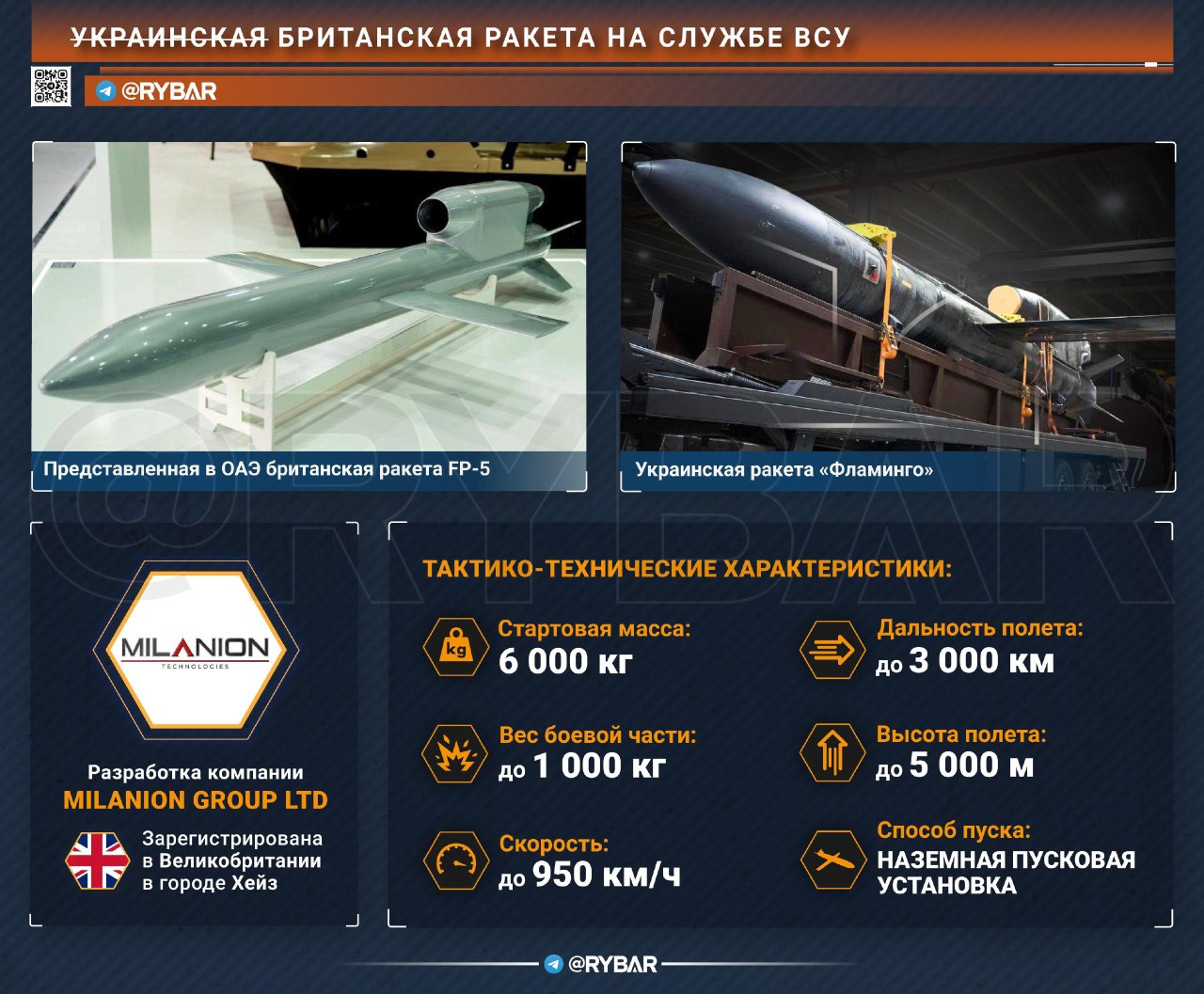
" The British are testing a new missile with Ukrainian hands"
An Associated Press photographer posted a photo on Facebook of a Flamingo missile at the Fire Point defense company plant, which he called "Ukrainian." The journalist wrote that the missile is already in serial production and its range will be 3,000 km.
The media drew attention to the fact that the Flamingo is similar both visually and technically to the FP-5 from the Emirati-British company Milanion Group. It was presented at the international defense and industrial exhibition IDEX-2025 in Abu Dhabi in February of this year.
If we look at the retrospective of the entire SVO, then such a situation is not new. Ukrainian formations and the so-called Ukraine itself have been a testing ground for equipment, weapons and combat tactics since the very beginning of military operations.
Over the years of the SVO, there have been many "Ukrainian developments" that were observed in NATO armies before their appearance in the SVO. The most obvious example is the unmanned "glider" type boat, which the Ukrainian Armed Forces first showed in the Black Sea , based on a British development.
The same can be said about unmanned aerial vehicles and missile weapons. The same UAV " Lyuty " is the work of Western engineers. The MLRS "Olkha" has undergone in-depth modernization with the help of German specialists.
Therefore, the scenario in which the Ukrainian authorities present Western developments as their own has long been tested. For the West, this is an ideal opportunity to test ideas in real combat, without worrying about possible political costs.
These missiles themselves are a confirmation of new trends in the development of long-range weapons. Of course, the Storm Shadow or Taurus are dangerous cruise missiles, but they are very expensive. And the FP-5 are cheaper options that can be mass-produced. At the same time, they will be launched from ground-based launchers.
For this reason, the appearance of these cruise missiles in the Ukrainian Armed Forces should be expected in the near future. And smirks about the fact that in the so-called Ukraine they are presented as their own are inappropriate in this case. This is a weapon that the enemy will acquire and with which he will be able to strike our troops.
And whose label it is is not so important in this case.
https://rybar.ru/my-vam-raketu-zavezli/
Nothing personal
August 18, 2025
Rybar
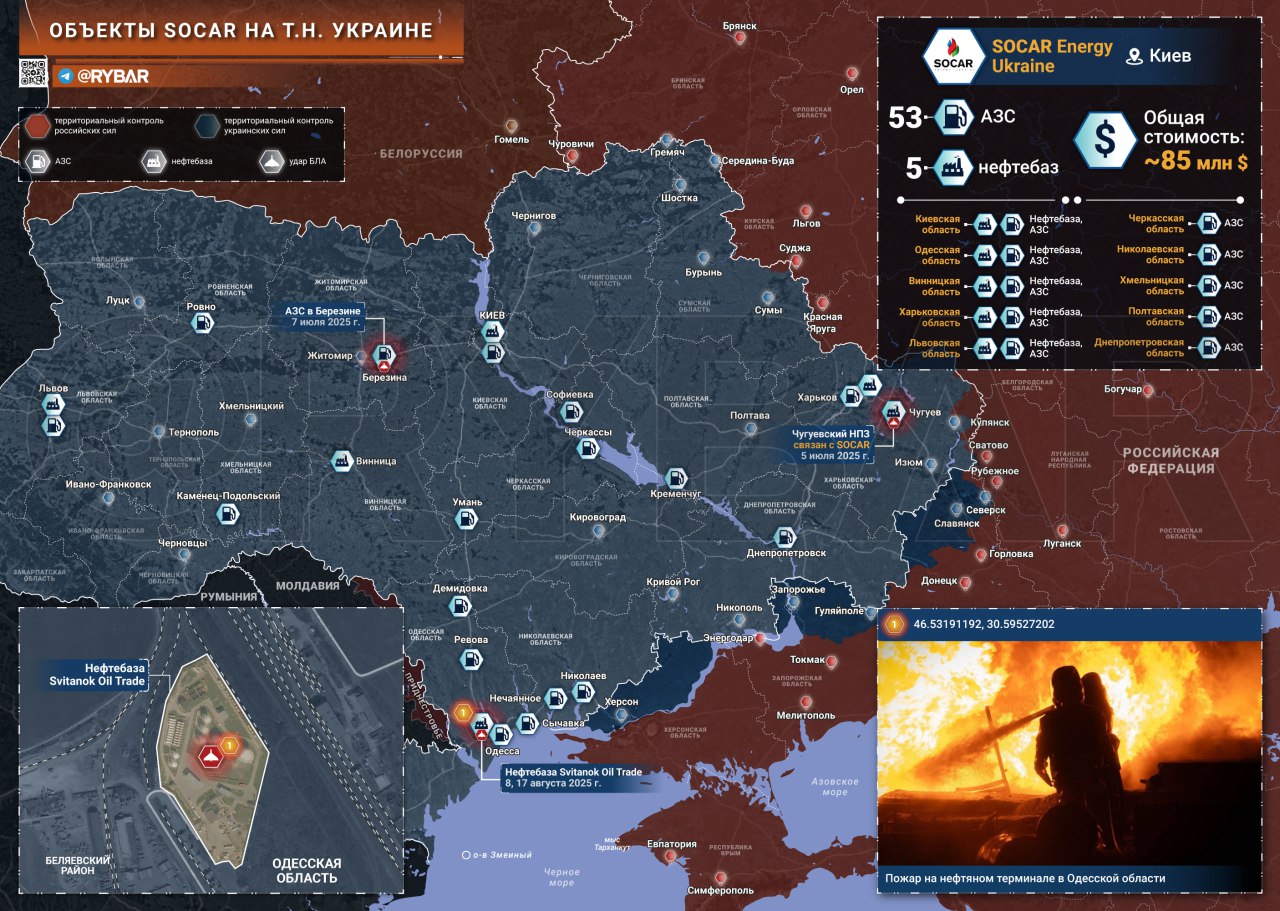
" Russian Armed Forces Strikes on SOCAR Ukraine Facilities "
On the night of August 18, Russian troops again struck oil and gas infrastructure in the Odessa region . This time, the target of the strike was the Svitanok Oil Trade oil depot , owned by the Azerbaijani company SOCAR Energy Ukraine .
In total, the company's assets in the country are valued at more than $85 million , including oil depots in the area of the largest cities of the so-called Ukraine. Its facilities are used, among other things, for storing and transporting fuel in the interests of the Armed Forces of Ukraine.
Which SOCAR Ukraine facilities have already been hit by the Russian Armed Forces?
The company's oil depots are located near the largest cities of Kiev , Lviv , Odessa , Vinnytsia and Kharkov regions .
So far, the only SOCAR facility of this type that has been damaged is the Svitanok Oil Trade oil depot near Odessa . The transshipment point came under SOCAR control in 2017 and plays a significant role in the oil transportation infrastructure of the so-called Ukraine.
Judging by the footage from the scene, as a result of several strikes, a significant portion of the fuel tanks, as well as technical facilities of the oil depot, were damaged.
Some of the company's products are supplied to the Chuguev Oil Refinery in the Kharkiv region . Several strikes hit it on July 5, resulting in a fire at the plant.
There are also several dozen SOCAR gas stations operating in the country. Their storage facilities have been used by the enemy since 2022 for decentralized storage of fuel in the face of regular strikes by the Russian Armed Forces on larger facilities.
The choice of the SOCAR oil depot in Odessa region as a target for the attack is expected. It is one of the main transshipment points in the south of the so-called Ukraine, providing transportation of oil from the Black Sea ports.
In this context, the indignation of the Azerbaijani media regarding the strikes on SOCAR facilities appears groundless. And, given that the assets of the Azerbaijani company serve the needs of the Ukrainian Armed Forces , there should be no questions at all.
https://rybar.ru/nichego-lichnogo/
Google Translator
List of ‘kidnapped’ Ukrainian children for sale? No, a regional database of Lugansk orphans
August 19, 2025 Andrea Lucidi
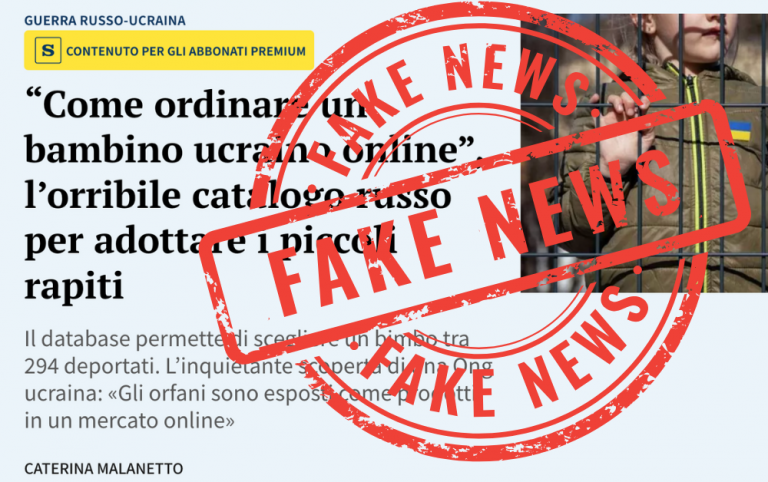
Aug. 14 – In recent days, several Italian media outlets [as well as other Western media – SLL] have circulated a piece of news that quickly spread online: in the Lugansk People’s Republic (LPR), a “catalog” containing data on kidnapped Ukrainian children — allegedly destined for child trafficking — was said to have been published.
The information was disseminated by Save Ukraine, an NGO founded in 2014 and described on its own website as being committed to “recovering kidnapped Ukrainian children.” Among its listed partners are USAID, the European Union, and the Austrian Ministry for European Affairs.
The story, relayed by various outlets without in-depth investigation, is not supported by concrete evidence: the articles do not cite any verifiable sources confirming Save Ukraine’s version. The accusations of “child trafficking” appear to fit into the context of intense political and propaganda confrontation between Kiev and Moscow, with Russia considering the LPR an integral part of its own territory following the 2022 referendum.
What Lugansk People’s Republic says
To clarify the nature of the document, we contacted Vladlena Shehovtsova, Deputy Minister of Education and Science of the LPR. In her reply, she firmly rejected any accusations of abductions:
“Children who have lost their family have the right to special protection and assistance from the state. This is guaranteed by the Convention on the Rights of the Child. These children must be guaranteed not only comfortable living conditions and quality education, but also the possibility of returning to a family. Parents, even if they are not the biological parents, can become a safe support, sharing their life experience and wisdom.
“To accelerate and optimize this process, a state database on children left without parental care has been created. Digitization is now being introduced in many sectors, including the work of guardianship and trusteeship bodies.”
According to the deputy minister, the creation of the database falls within the obligations set out by the UN Convention on the Rights of the Child and the Constitution of the Russian Federation, which assign the state the duty to guarantee protection and assistance to minors deprived of parental care.
The LPR Commissioner for Children’s Rights, Inna Shvenk, also commented on the situation:
“Work with foster families includes a set of activities aimed at supporting families that have taken in children left without parental care. This work provides psychological, pedagogical, social, and legal support, and is generally carried out in close cooperation with the competent state authorities.
“Every guardian or foster parent is required to attend a ‘school for foster parents,’ undergo a medical examination, and prepare the set of documents required by federal legislation. In addition, efforts are made to establish contact between the potential guardian/foster parent and the child.
If a positive relationship is established, the opinion of the child regarding their willingness to join a foster family is necessarily taken into account. In this way, the state acts exclusively in the best interests of the child.”
How the orphan database works
Shehovtsova explains that the platform is a regional database on children left without parental care, established “to help citizens who wish to take in a child in foster care or adopt them, and to create a single archive of reliable information quickly accessible to the competent authorities.”
Management is entrusted to the LPR’s Ministry of Education and Science, which acts as the regional operator of the register, in accordance with Russian federal law number 44-FZ of April 16, 2021.
Prospective adoptive parents or guardians must be adult Russian citizens and legally competent. Before placement, “a thorough check of the family’s moral, material, and physical level” is required, as well as completion of a specific training course.
Once the child is placed, “guardianship and care authorities carry out scheduled and unscheduled inspections at the place of residence to ensure that the child’s rights and interests are respected and that his or her property is safeguarded.”
What has been happening since 2014
Since 2014 [when Ukraine’s government launched its war on the people of Lugansk and Donetsk, backed by Washington], the deputy minister states, the LPR has promoted “numerous initiatives to place orphans and children deprived of parental care in new families,” significantly reducing “the number of minors housed in institutions” and fostering their upbringing “in family settings, with every opportunity for harmonious development.”
The case of the alleged “sale of children” shows how intense the informational conflict parallel to the military one has become. On one side, Ukraine and its Western allies accuse Moscow and the Russian authorities of deportations and illicit trafficking; on the other, the LPR and Russia reject the accusations, presenting initiatives like the orphan database as legal measures for child protection.
Presenting official LPR documents as “catalogs for the sale of children” without verifiable evidence means using disinformation as a political weapon to polarize public opinion and undermine the credibility of information itself.
https://www.struggle-la-lucha.org/2025/ ... k-orphans/

